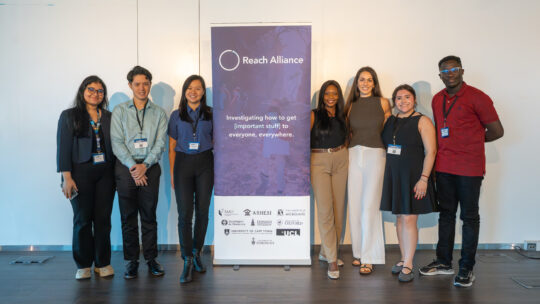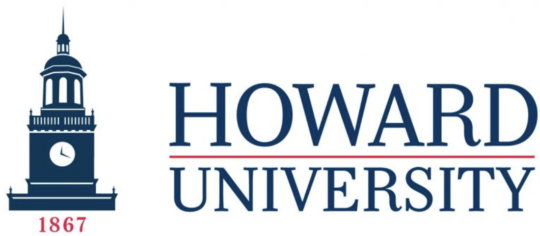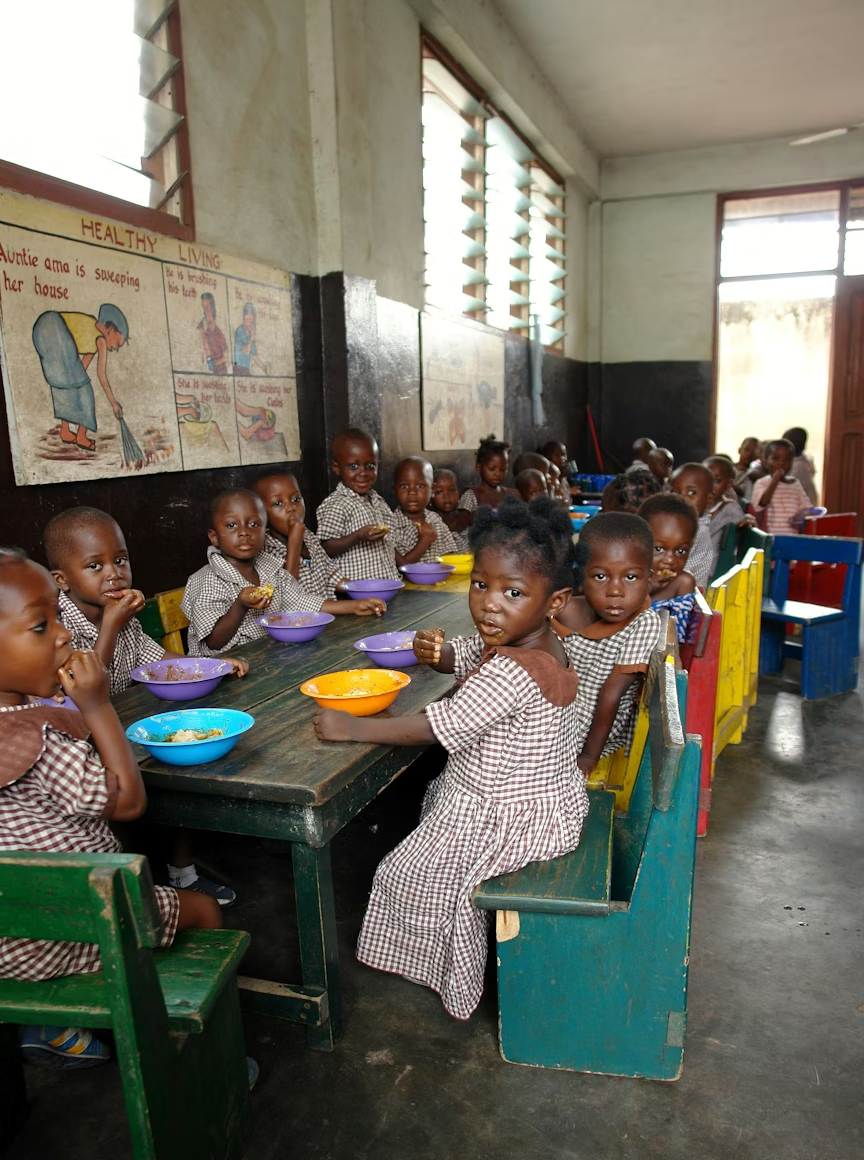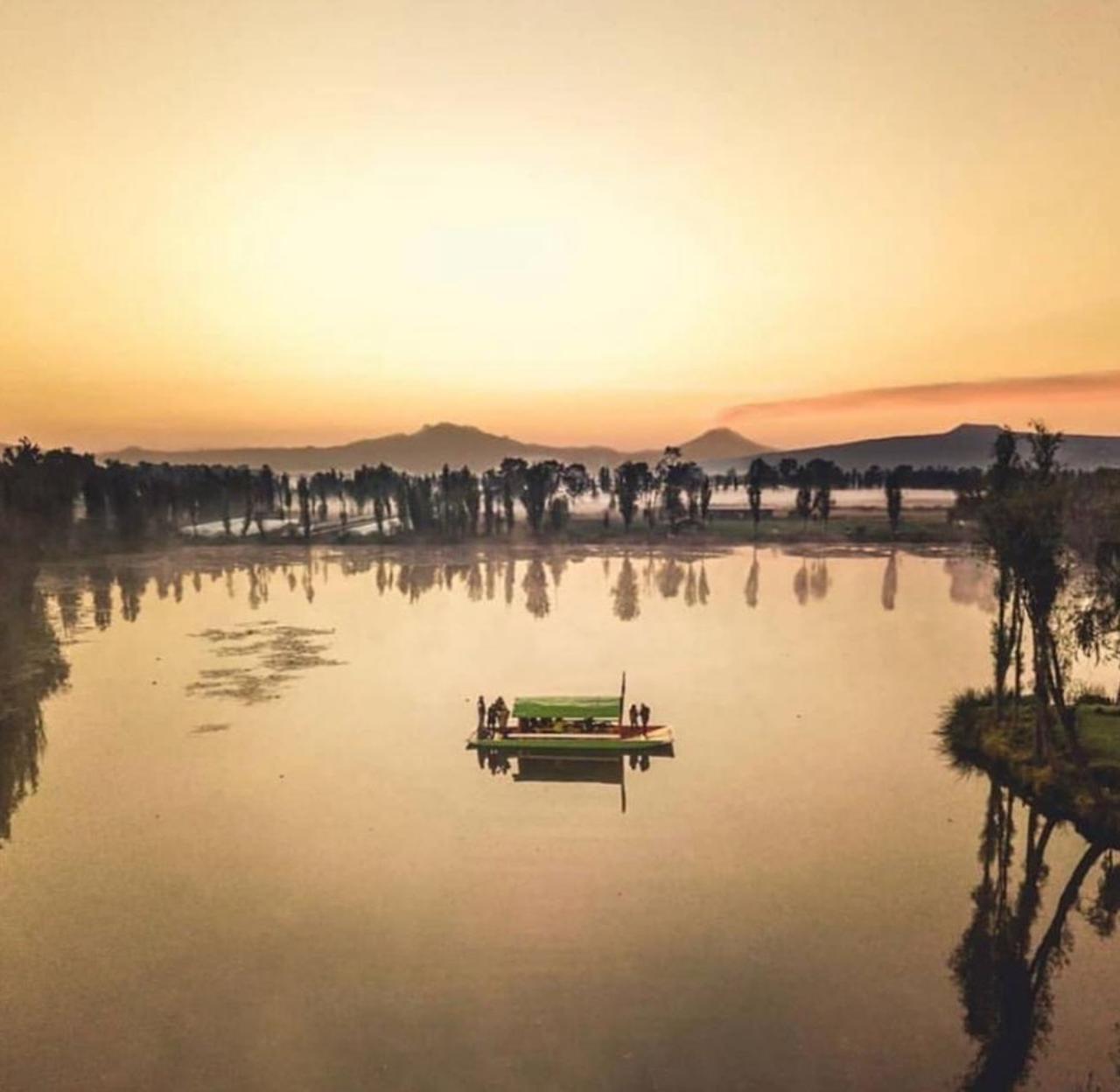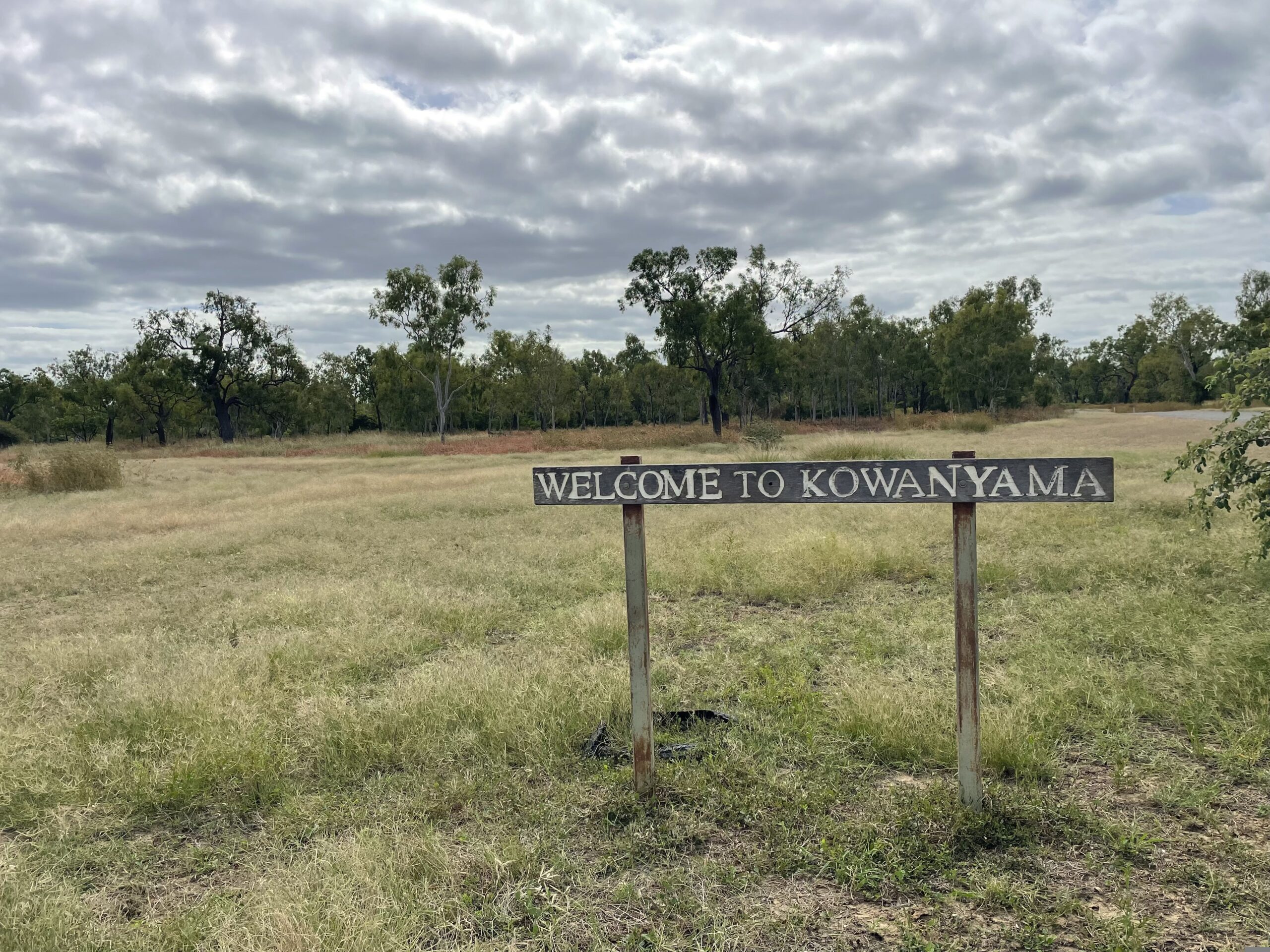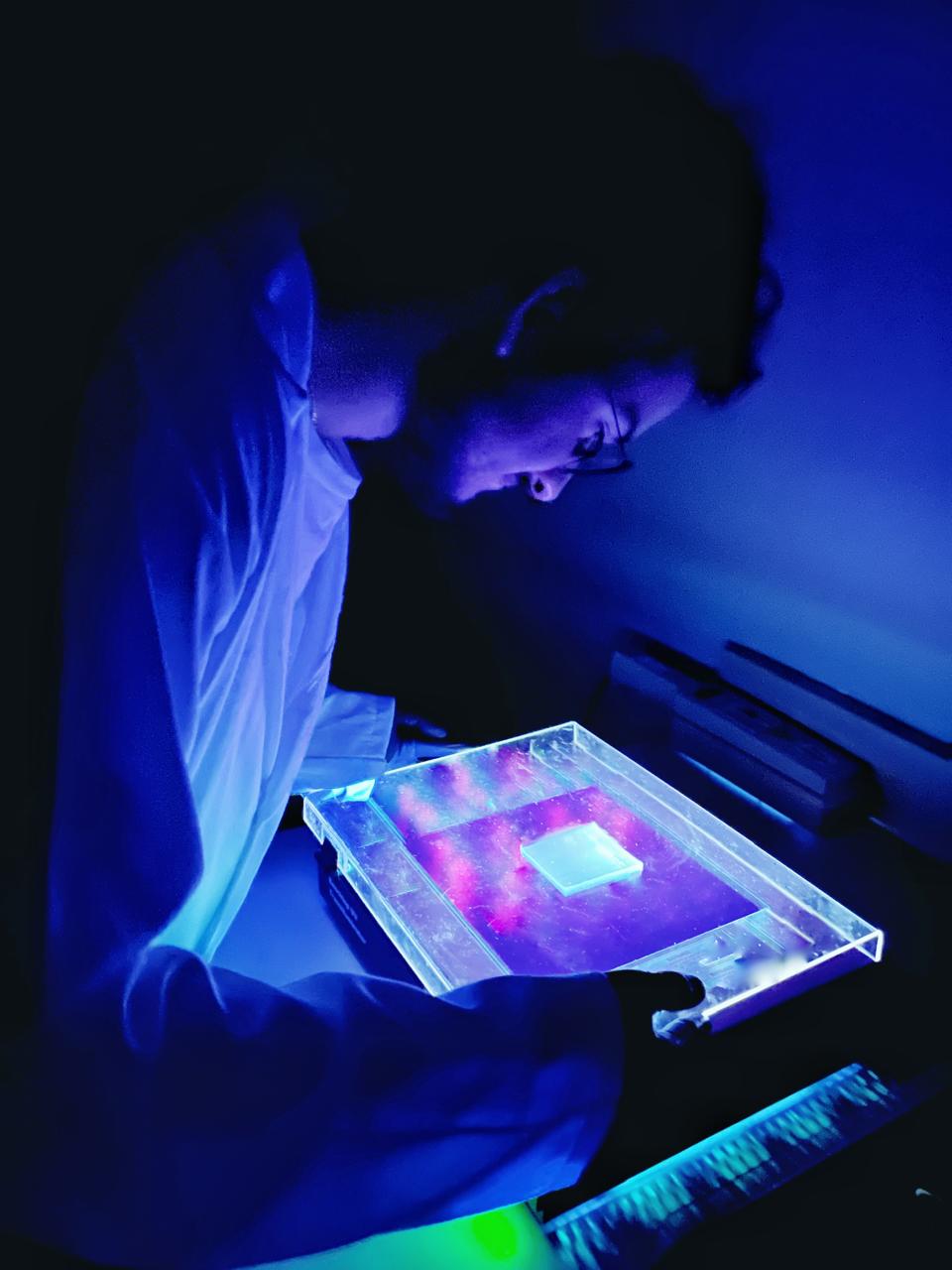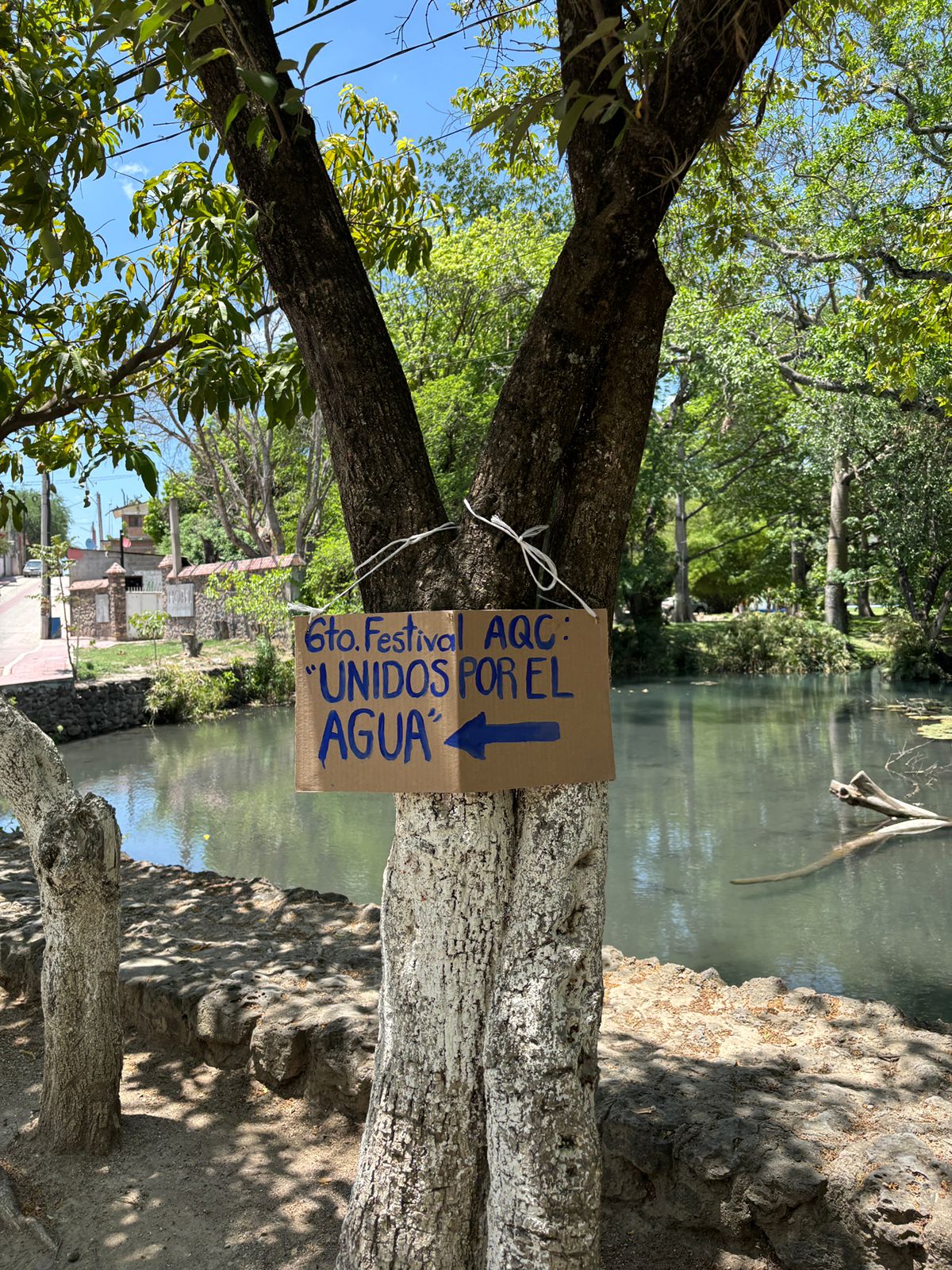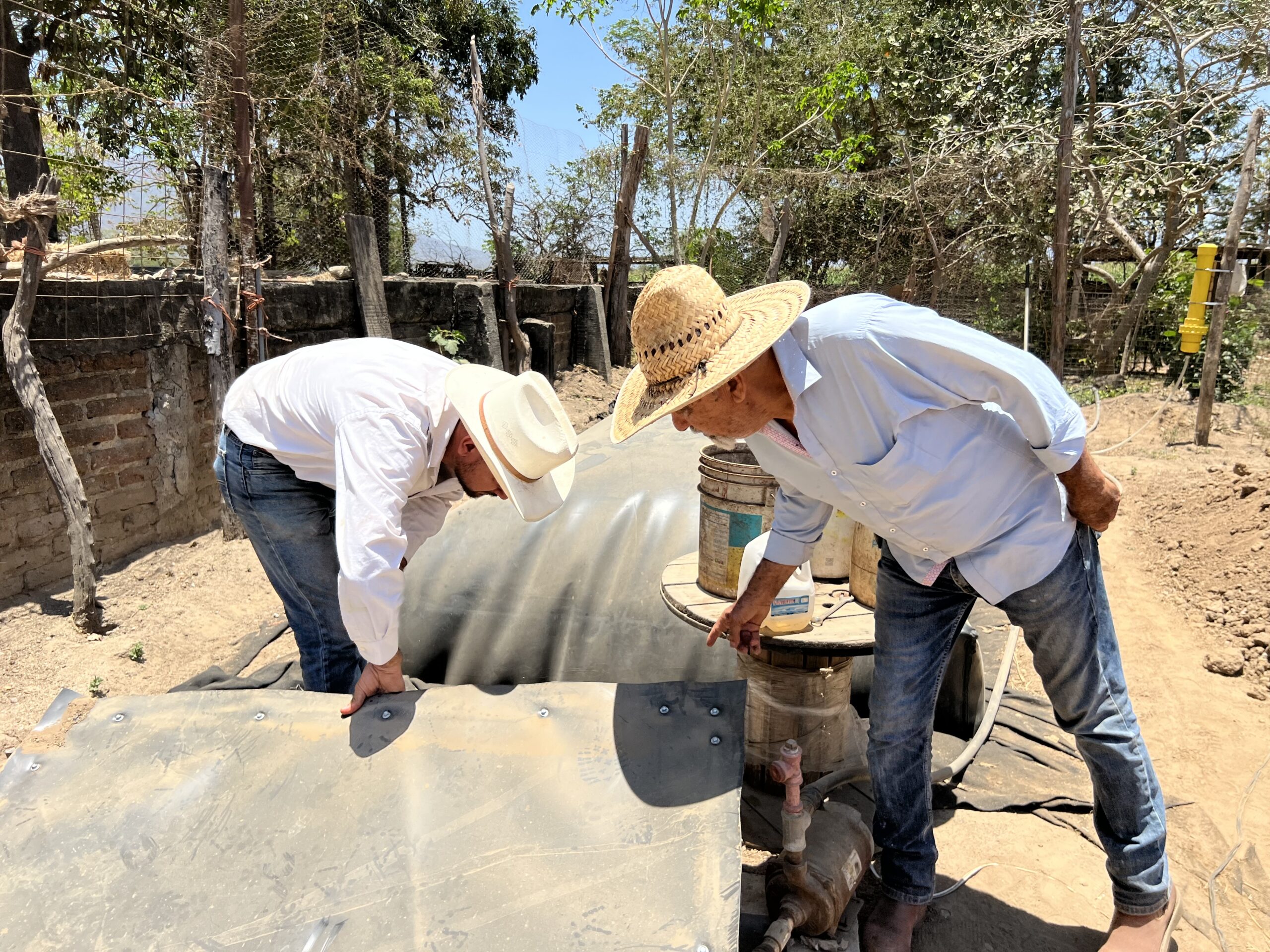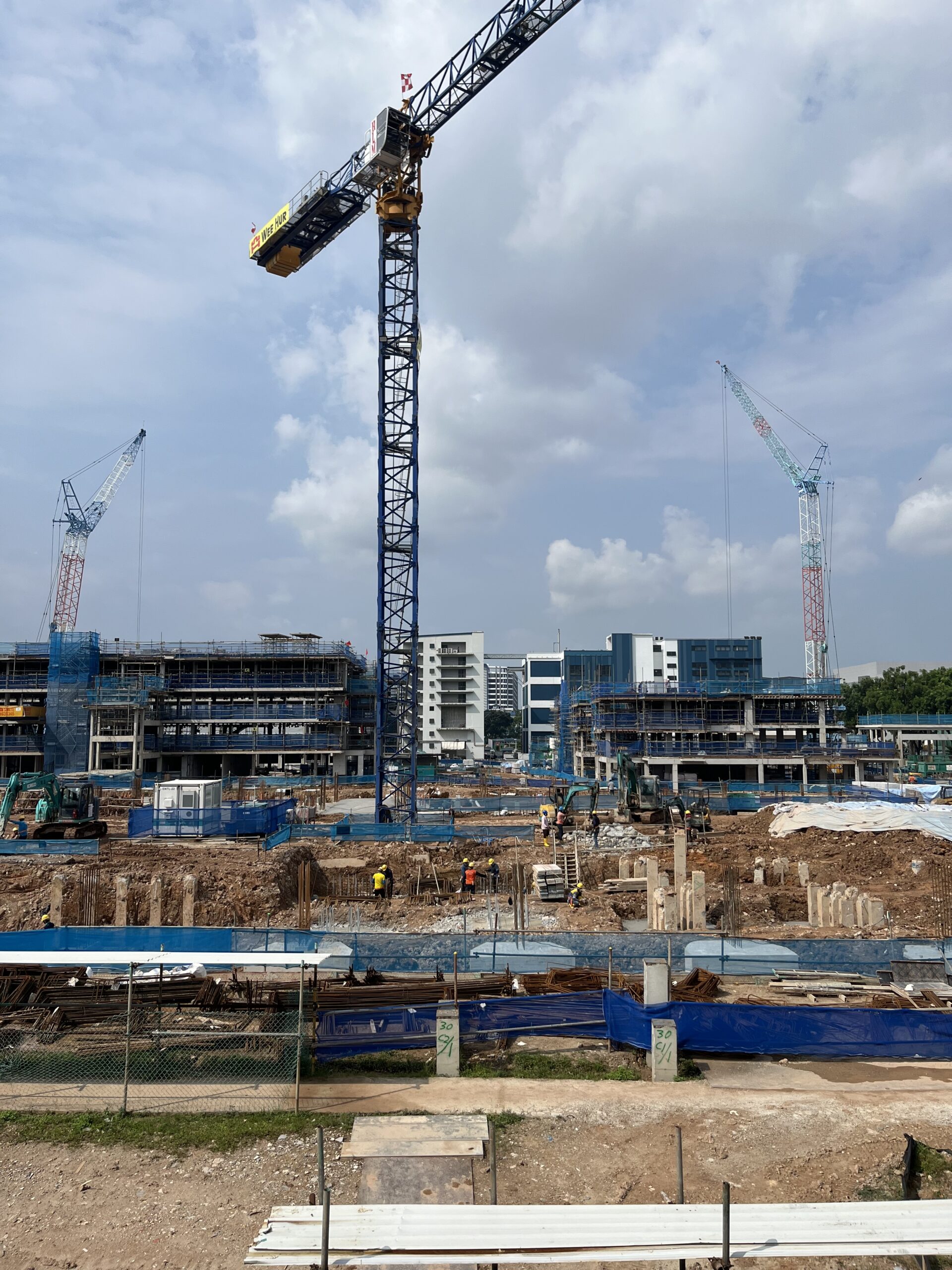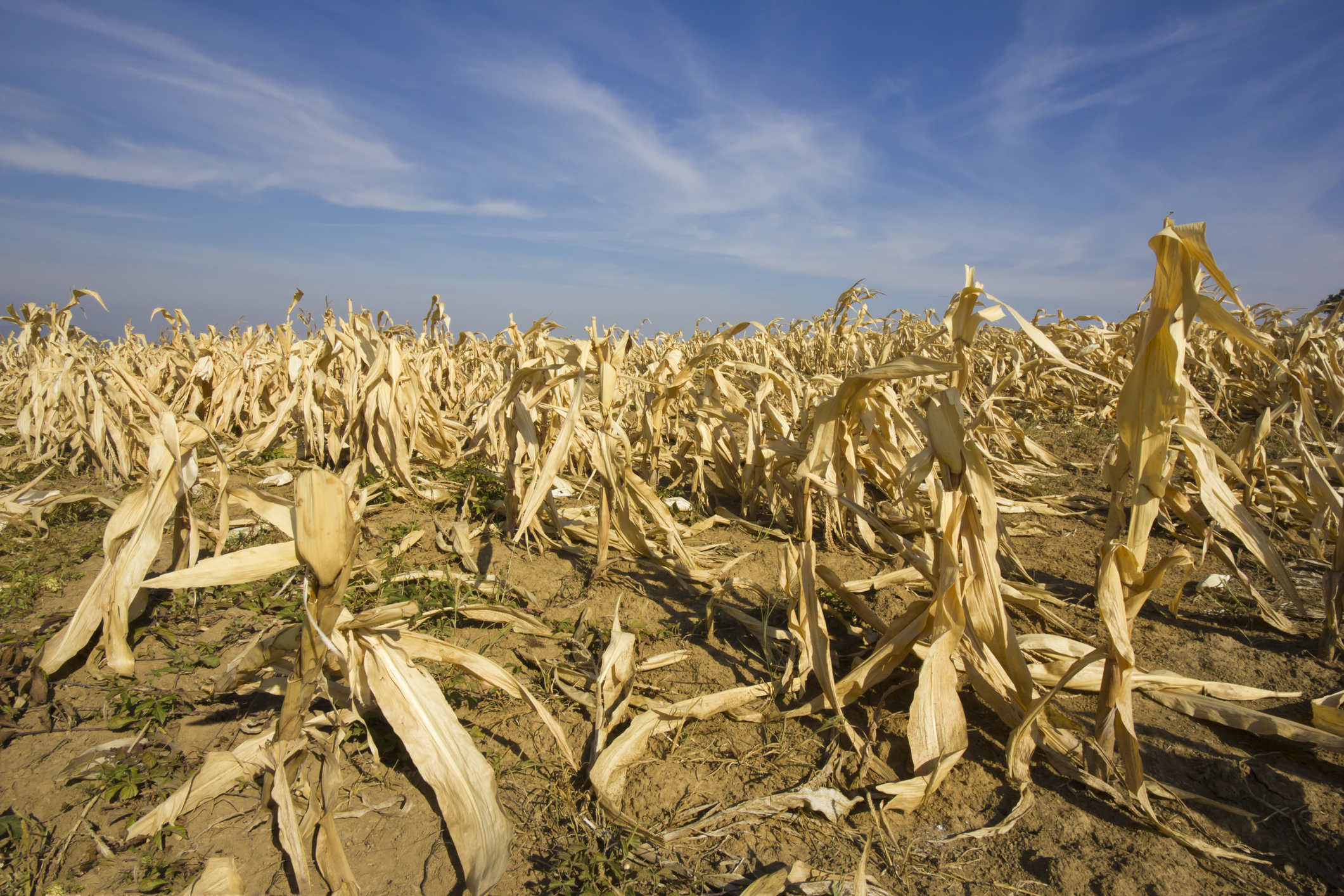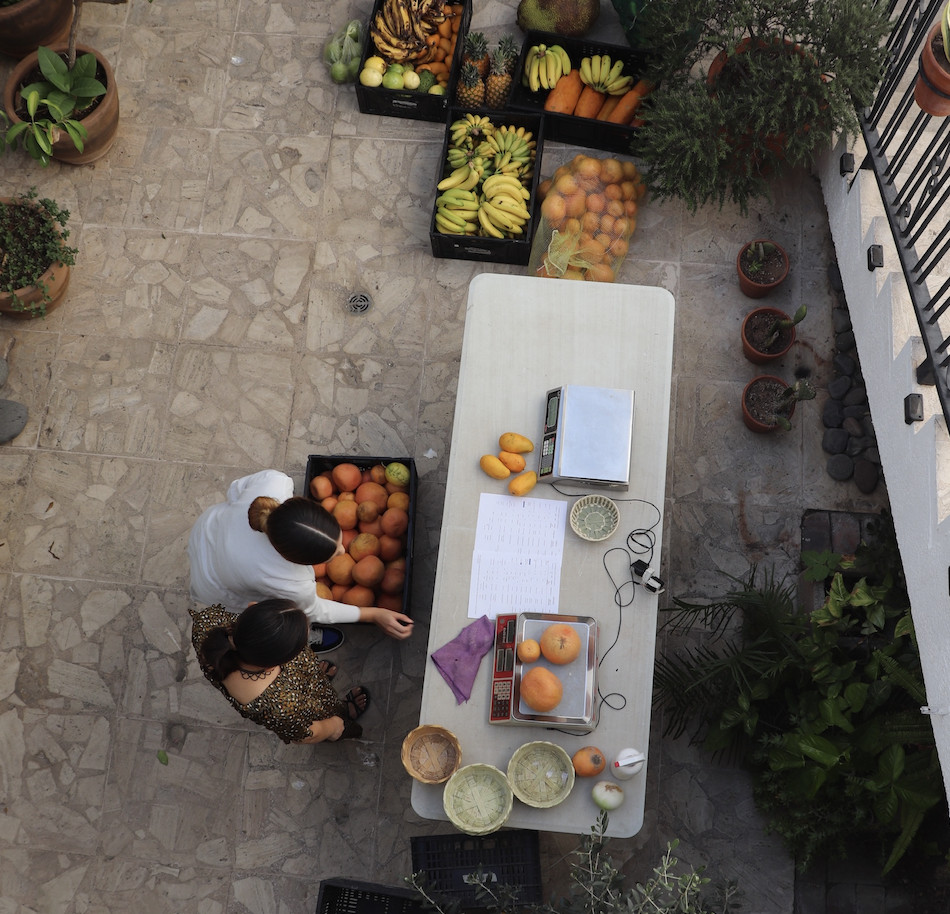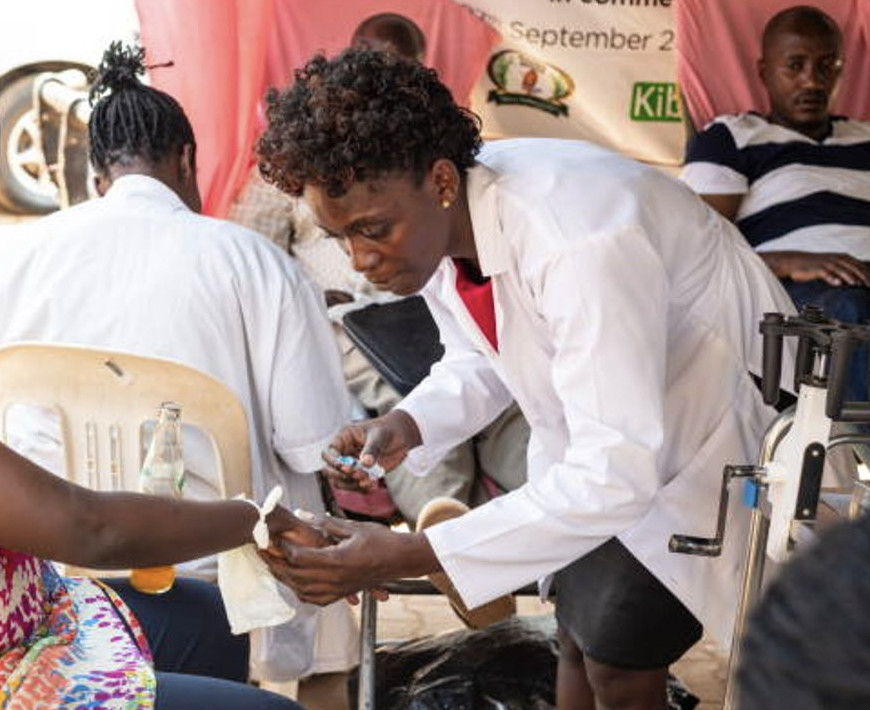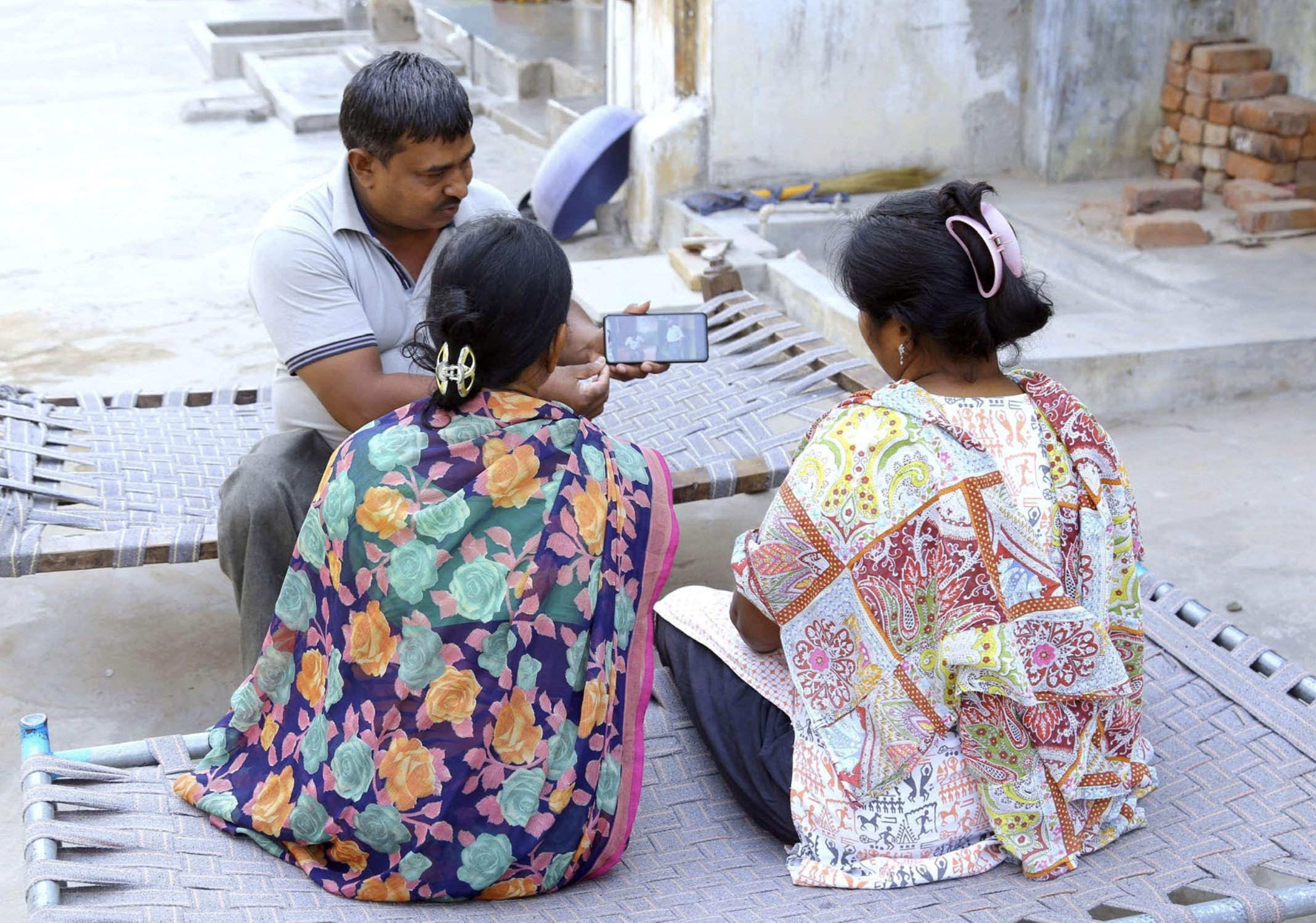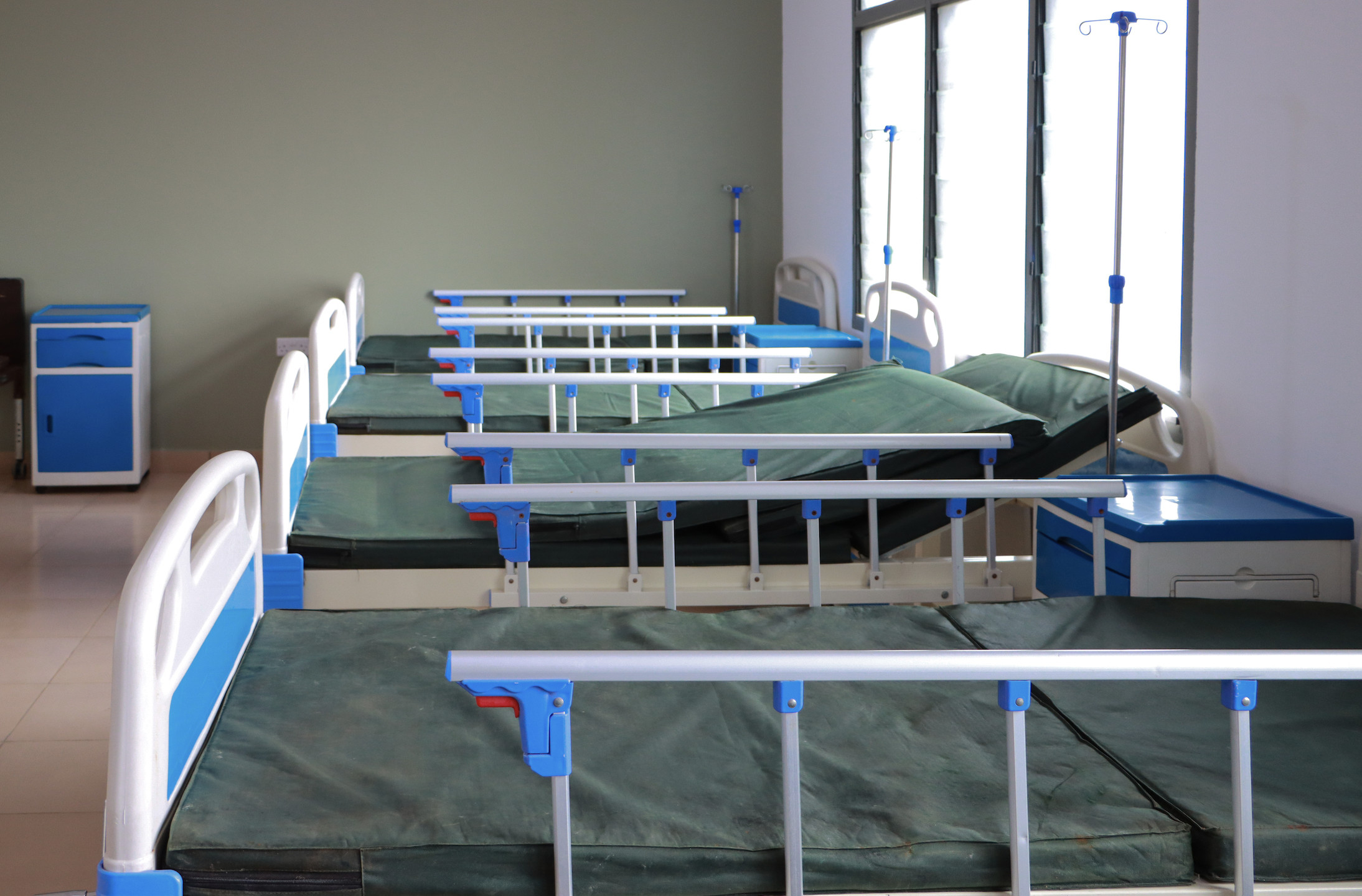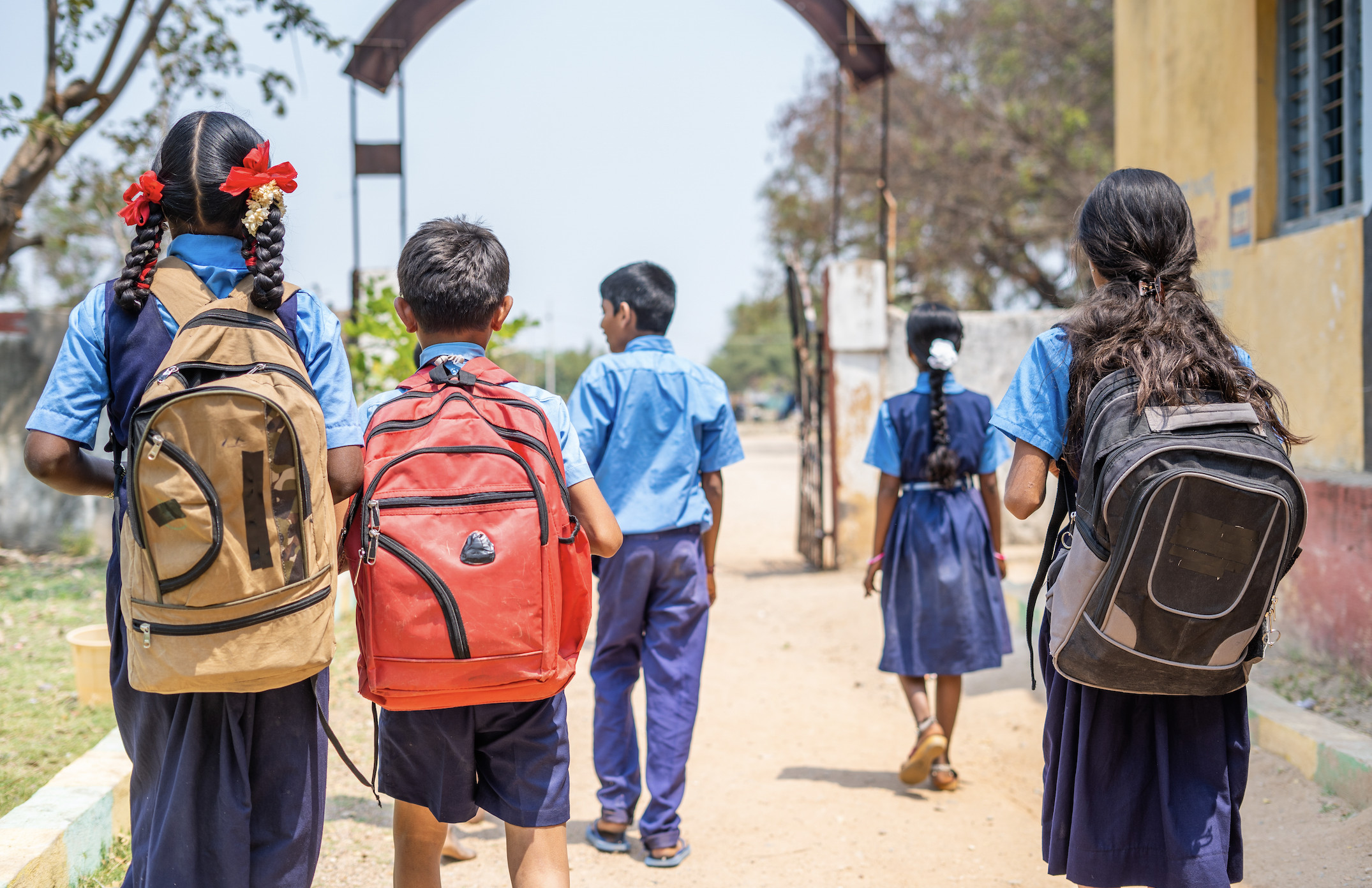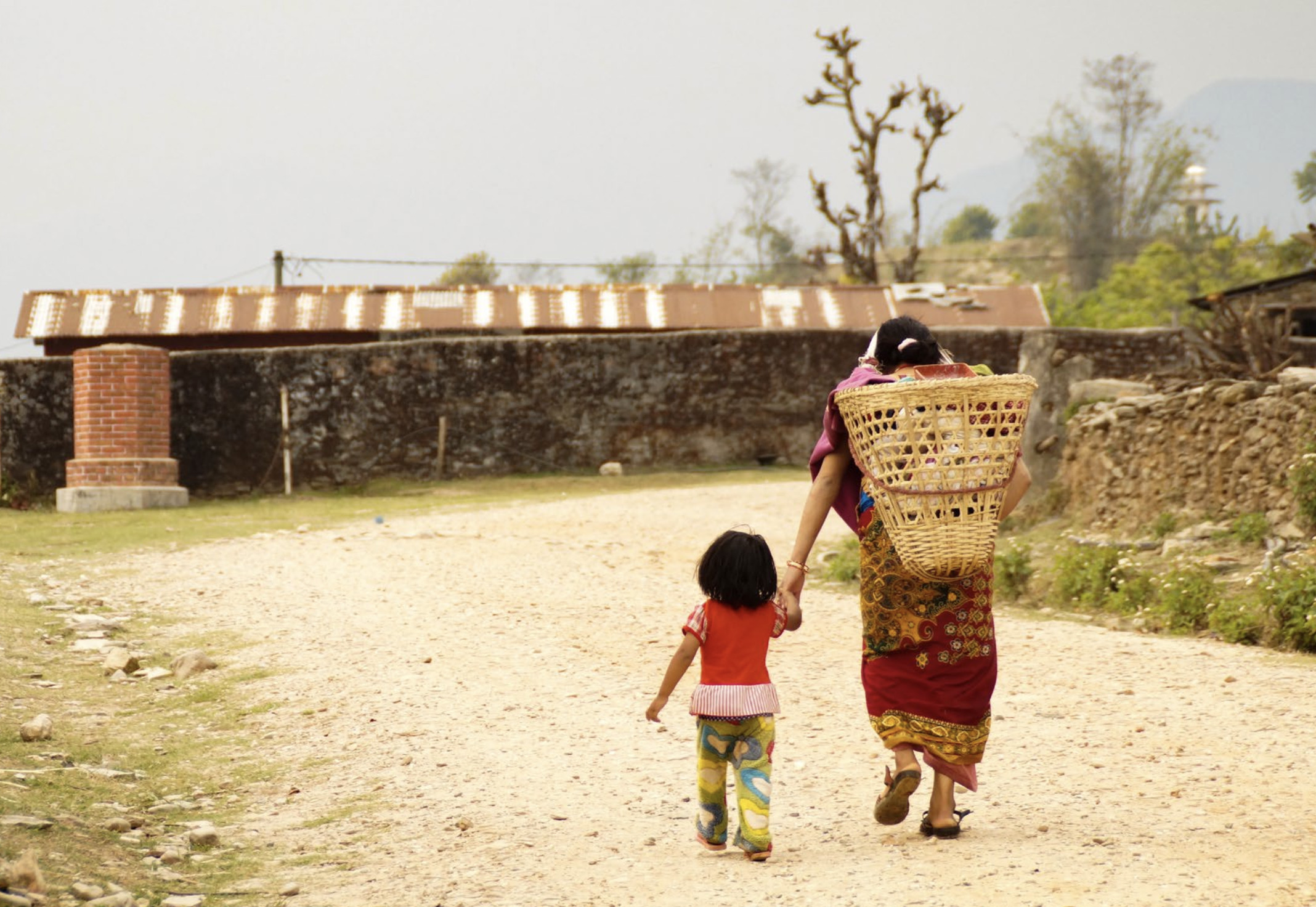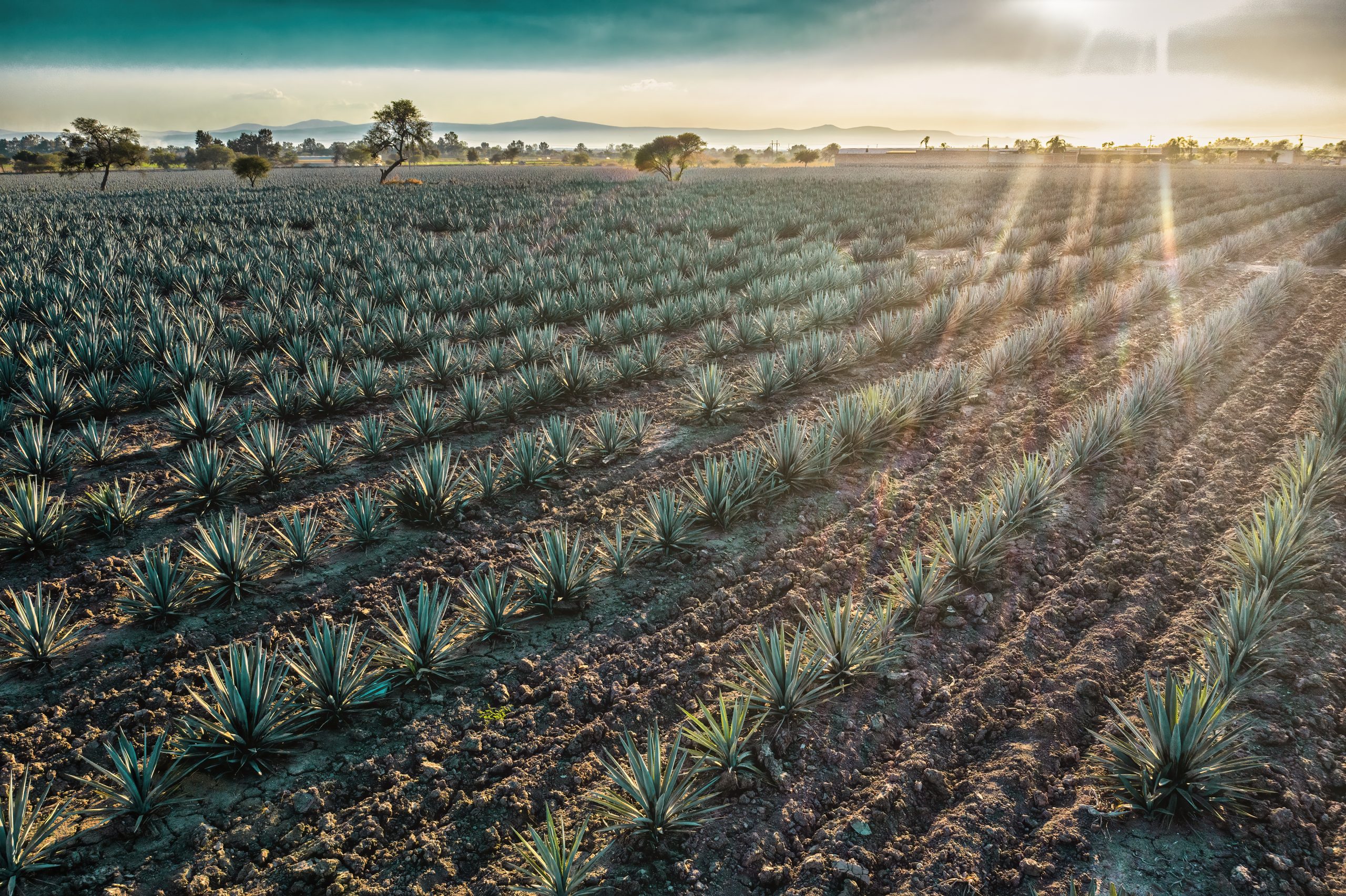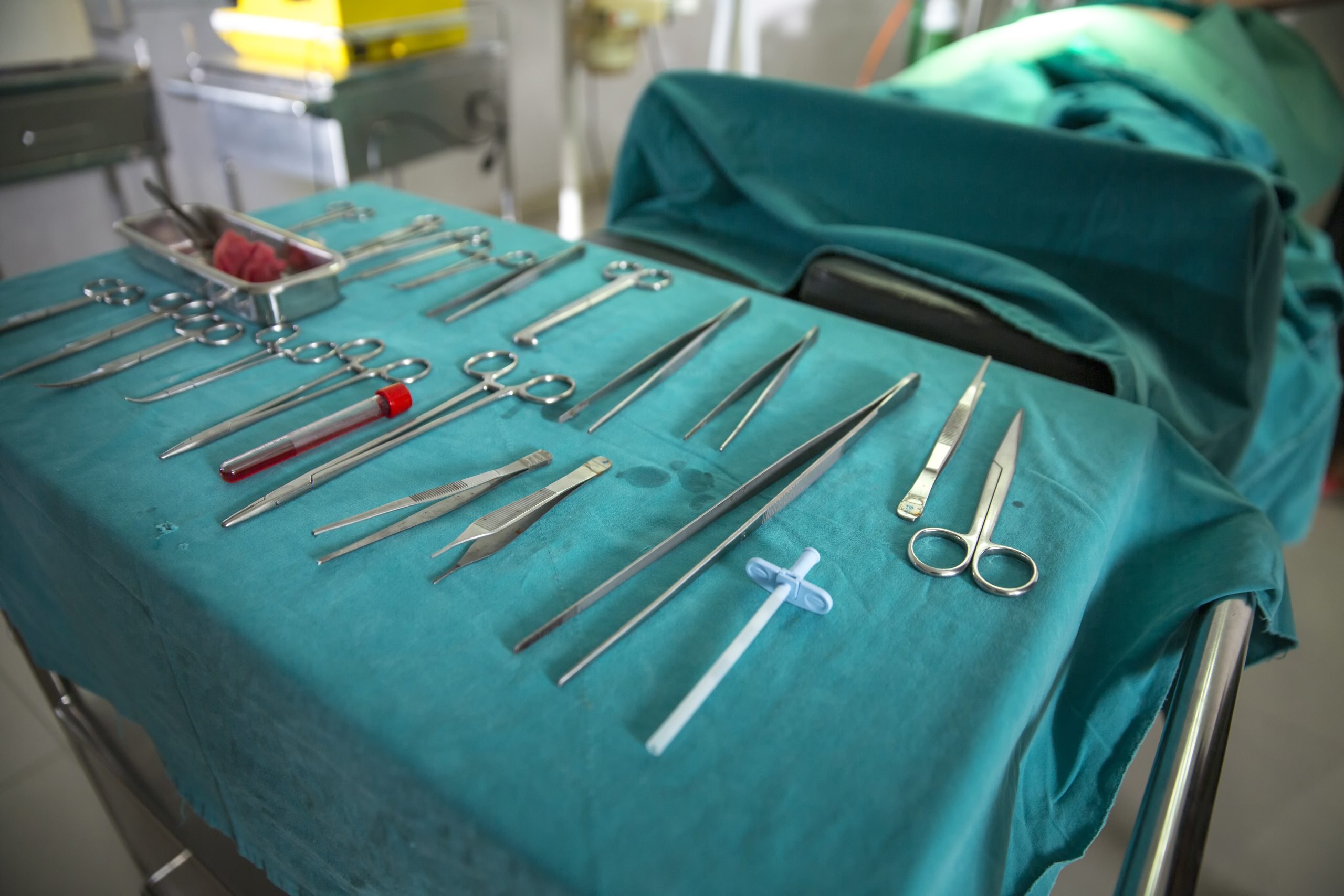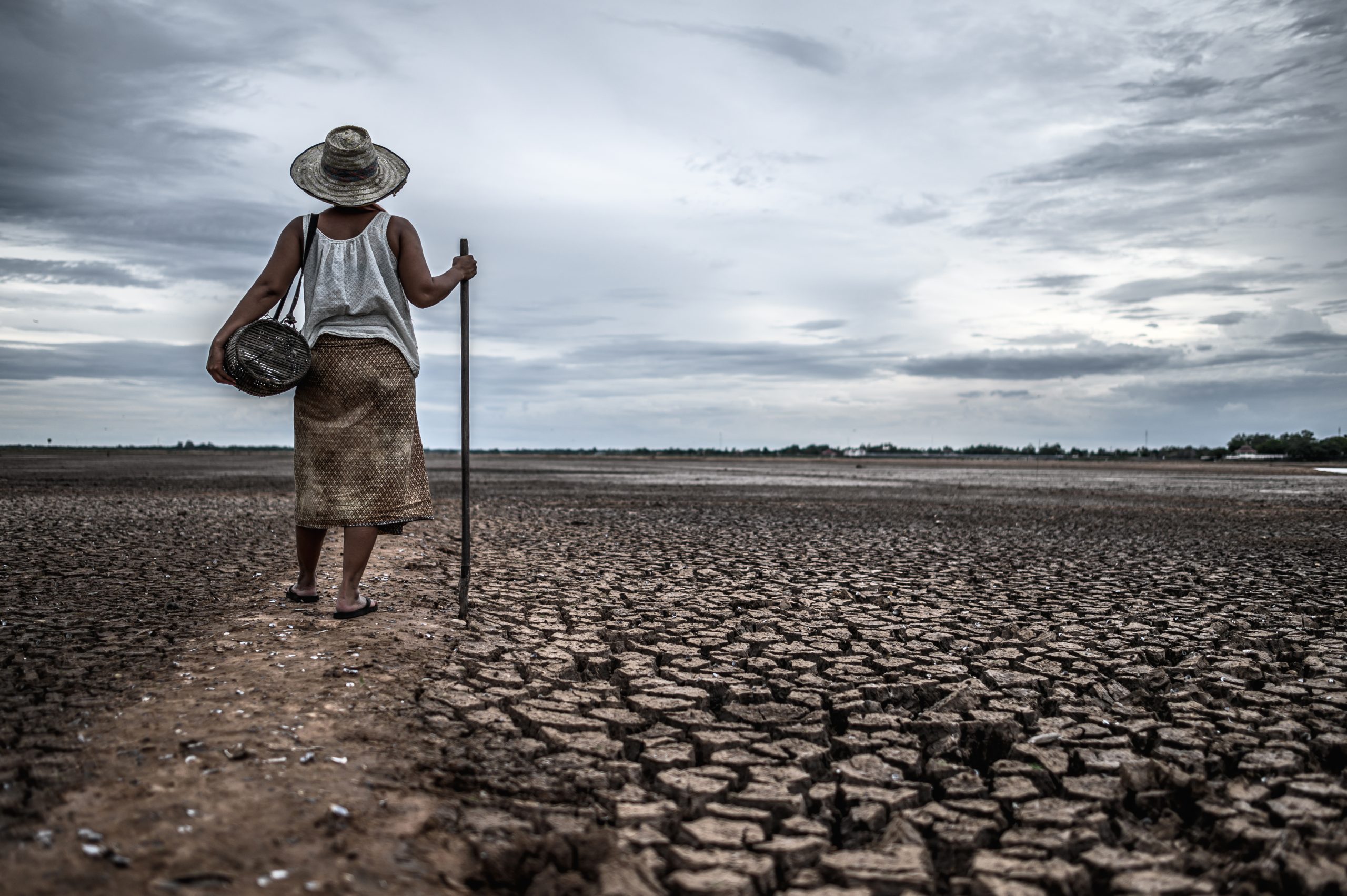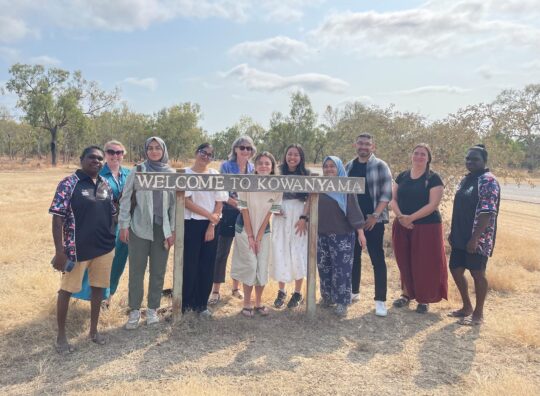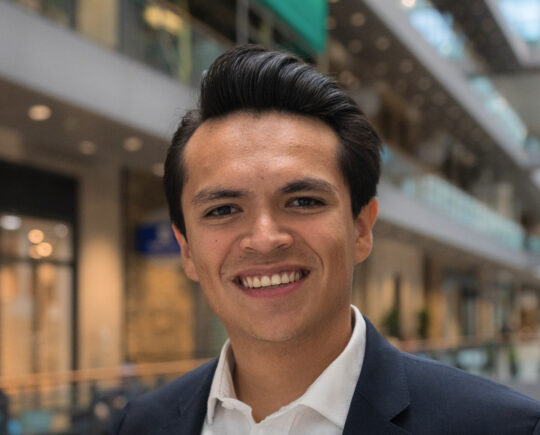The Reach Alliance is a consortium of global universities – with partners in Ghana, South Africa, Mexico, Canada, United States, United Kingdom, Australia, and Singapore – developing the leaders we need to solve urgent local challenges of the hard to reach – those under-served for geographic, administrative, or social reasons.
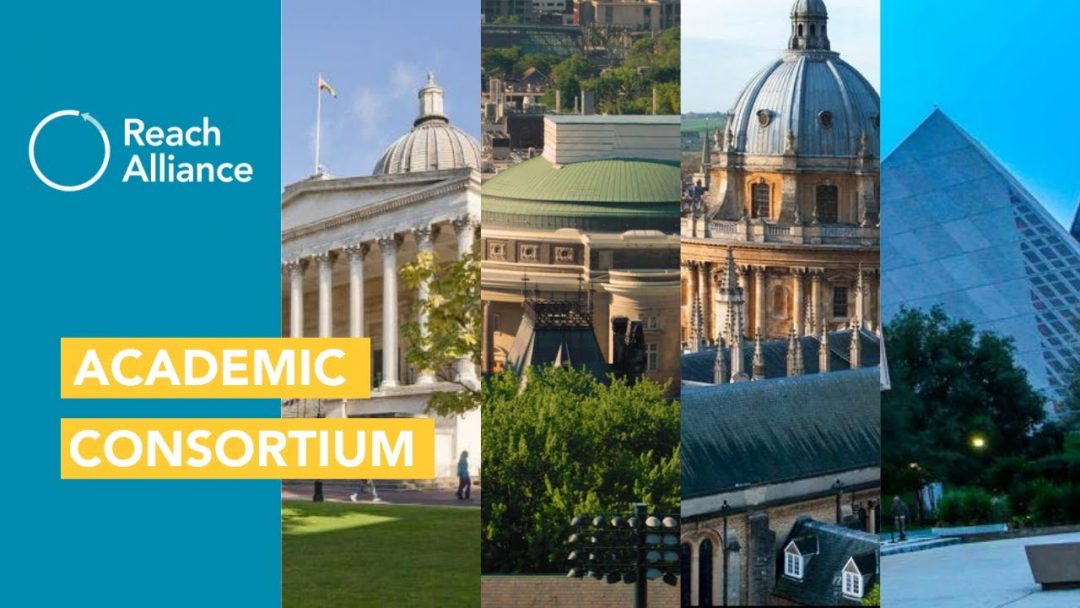
- 52 Students
- 377 Alumni
- 93 Published Case Studies
- 9 Universities
- 25 Involved Countries
Our Network Includes:
-
-
Ghana Digital Health and Inequality: Technology’s Role in Ghana’s fight against Diabetes and Hypertension
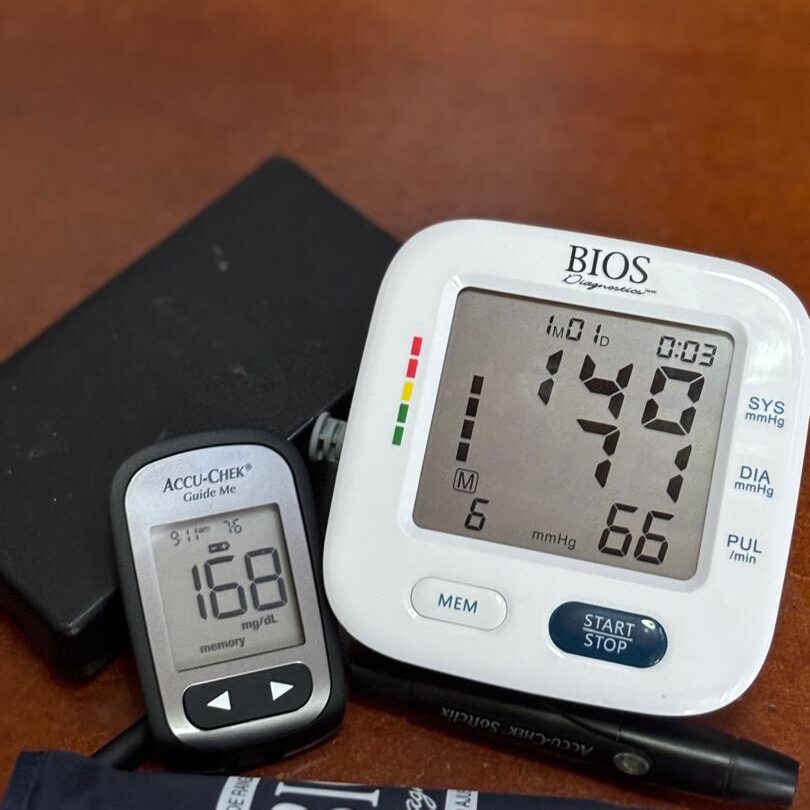
-
Mexico Rebuilding a future: Analysis of the educational barriers faced by teenage return migrants in Mexico
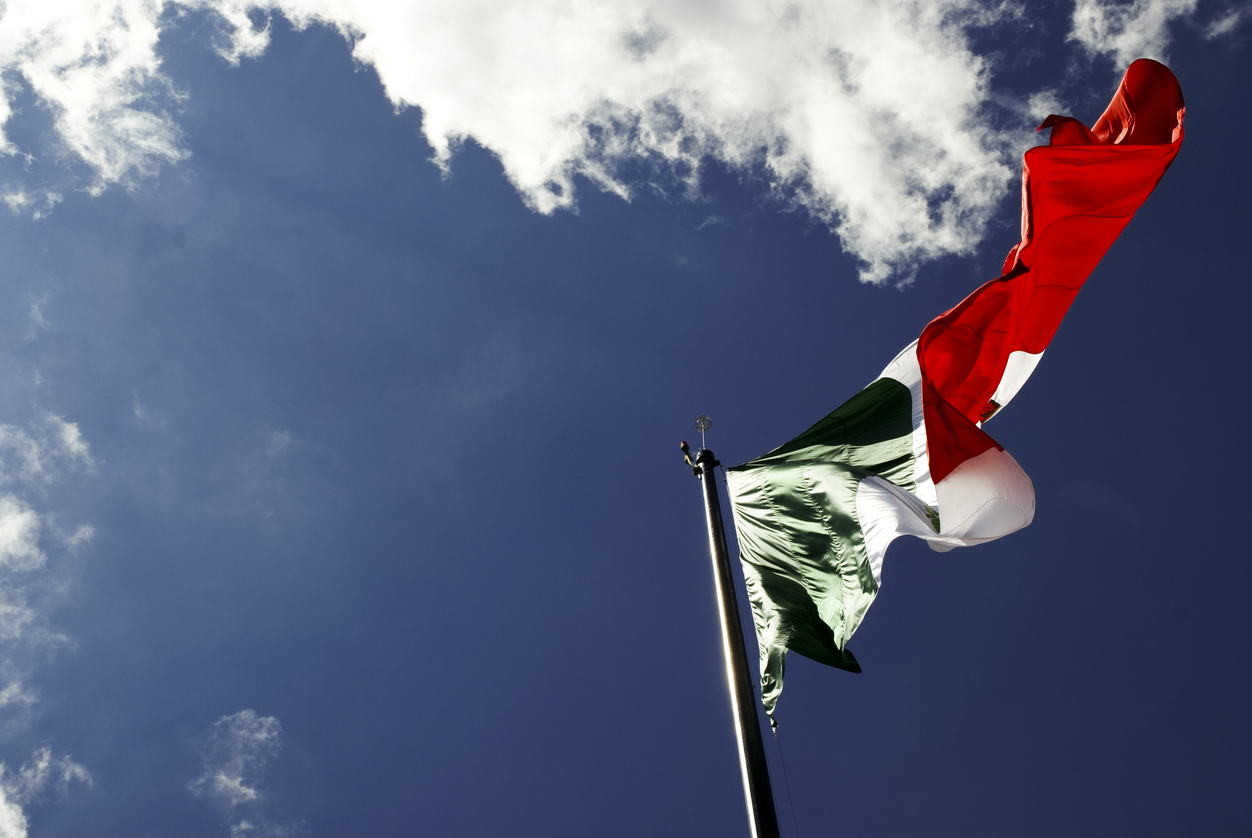
-
-
Canada Improving Mental Healthcare in Northern Ontario through Ornge’s specialized Mental Health Team and ambulatory transport services

-
Mexico Social impact and market analysis to Increase Access to medical devices in hard-to-reach communities in Latin America
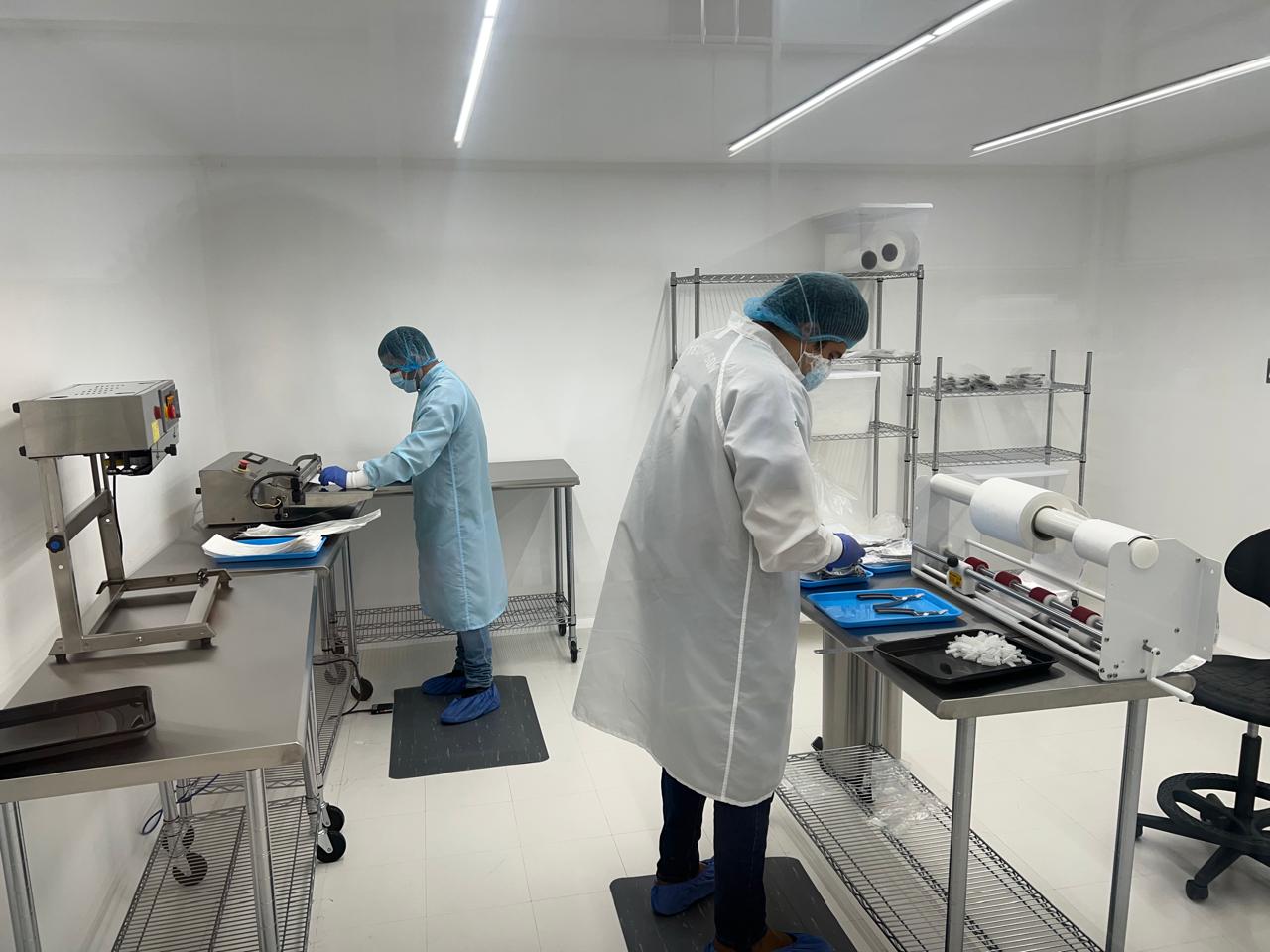
-
-
Mexico From Kitchen to Community: Exploring the Impact of the Mujeres del Fuego Collective on Culinary Traditions, Identity, and Sustainability in rural Mexico
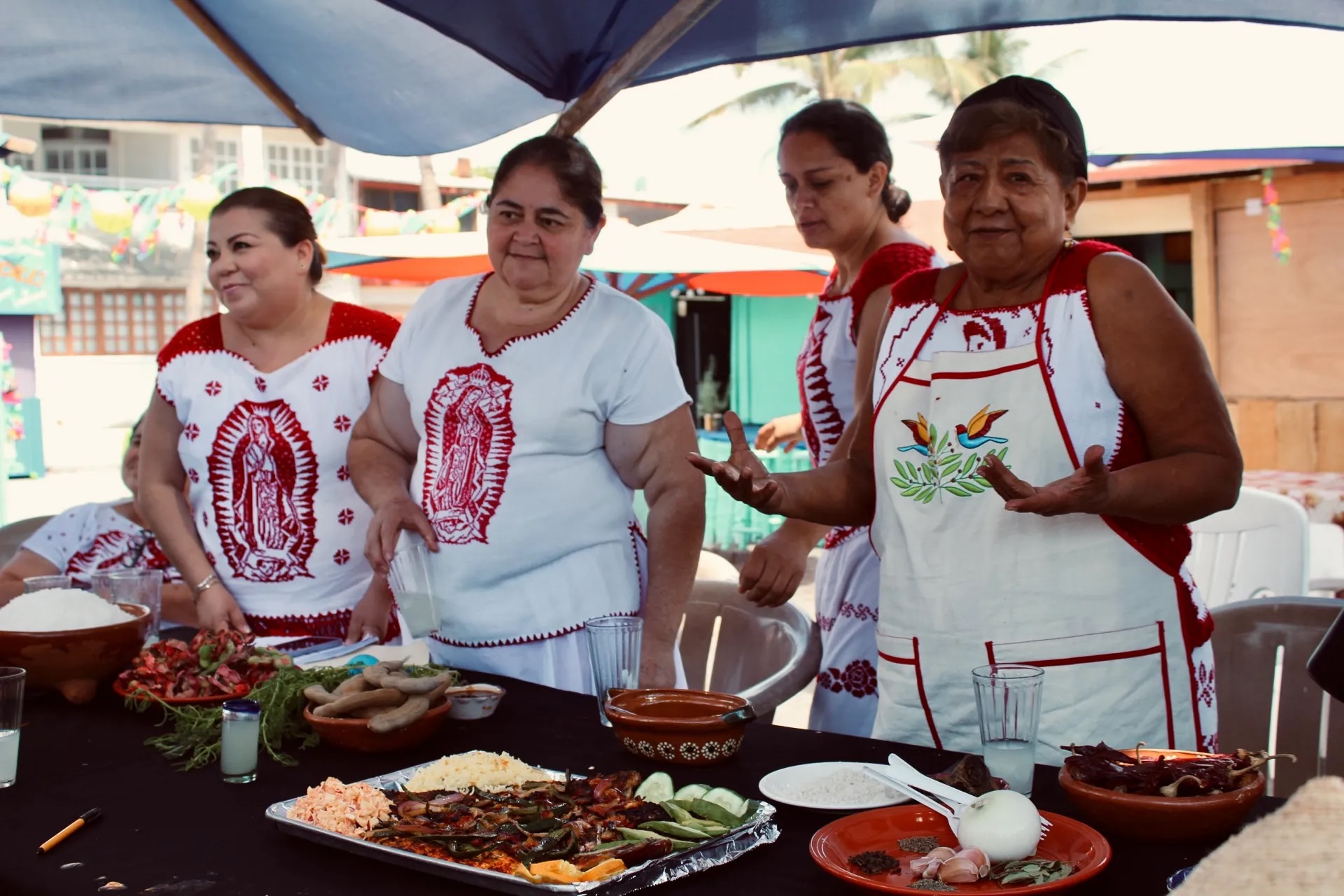
-
Malaysia Weaving Threads of Change: Enhancing Economic Empowerment Among Penan Weavers
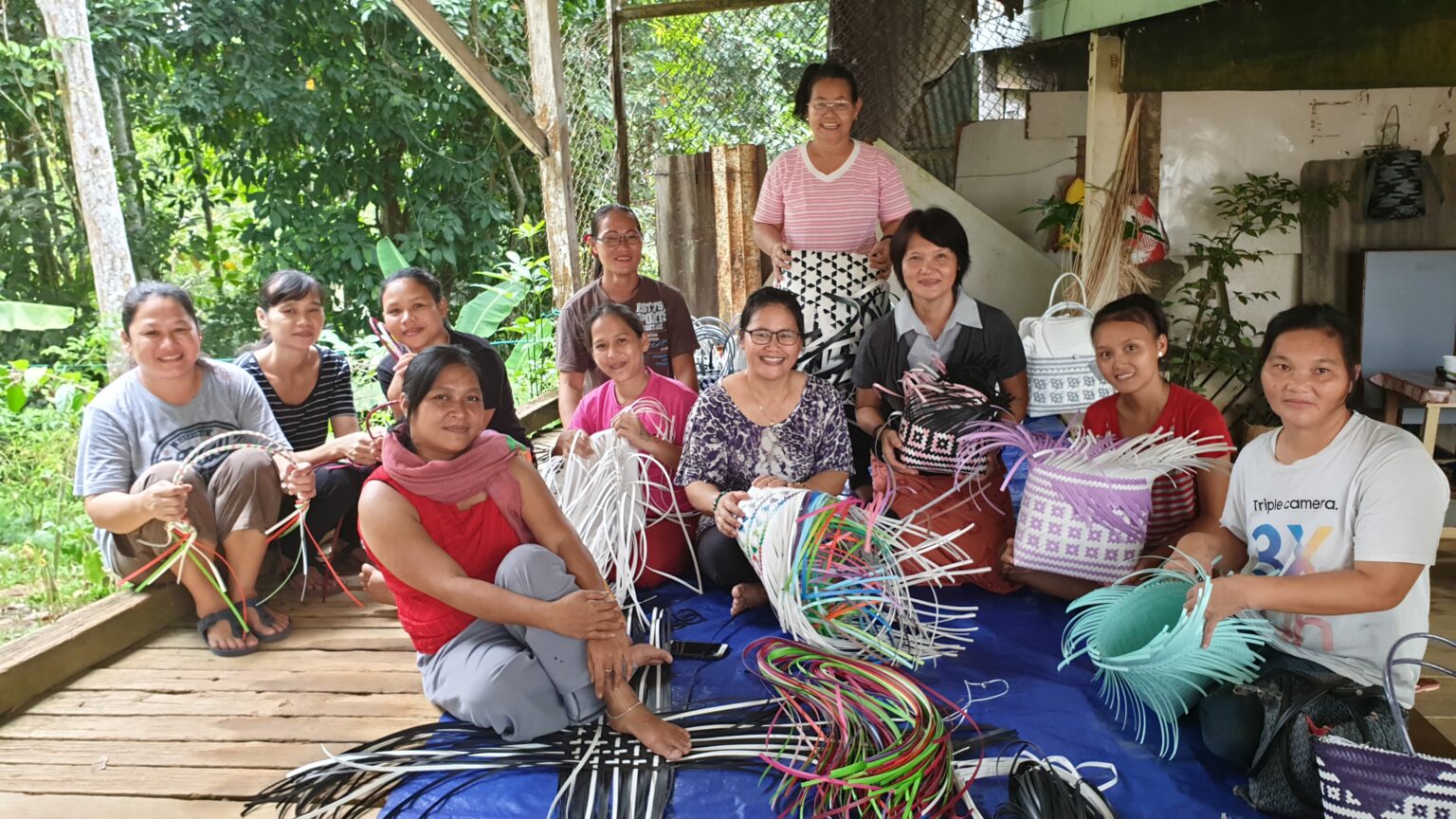
The Penan community is a group of indigenous hunter-gatherers residing deep in the jungles of Sarawak and Brunei. They are typically nomadic in nature, but recent developments in urbanisation and commercialisation have forced them to settle down to live a sedentary lifestyle. The Penan have experienced significant struggles in adapting to these changes, with the […]
-
India Blind Spots: Enabling Gender-Inclusive Climate Action in Peri-Urban Regions in India
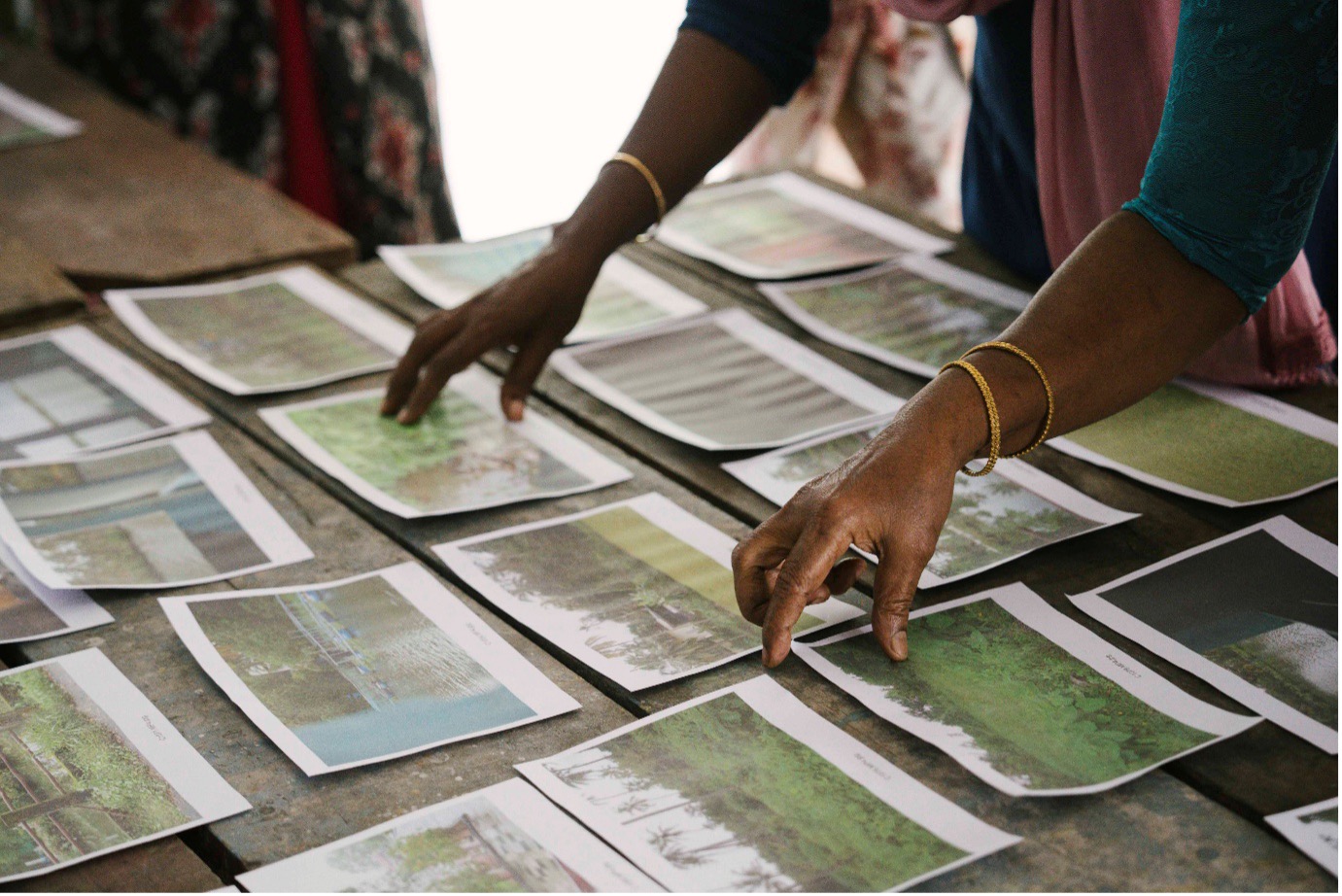
This project seeks to address gender-based exclusion in peri-urban areas, particularly in the context of climate action. Women in these regions face precarity in terms of household and livelihood challenges, and yet, despite 44 percent of working women participating in the agricultural sector in 2023-24 ([UNDP, 2024](https://UNDP, 2024)), they remain largely absent from discussions on […]
-
-
-
United States of America Improving Black Maternal Health: A Holistic Approach in the U.S. and Ghana

-
South Africa Indigenous Self-Determination: Indigenous Knowledge Systems as an Adaptive Tool for Resilience Among Migrant Women Entrepreneurs
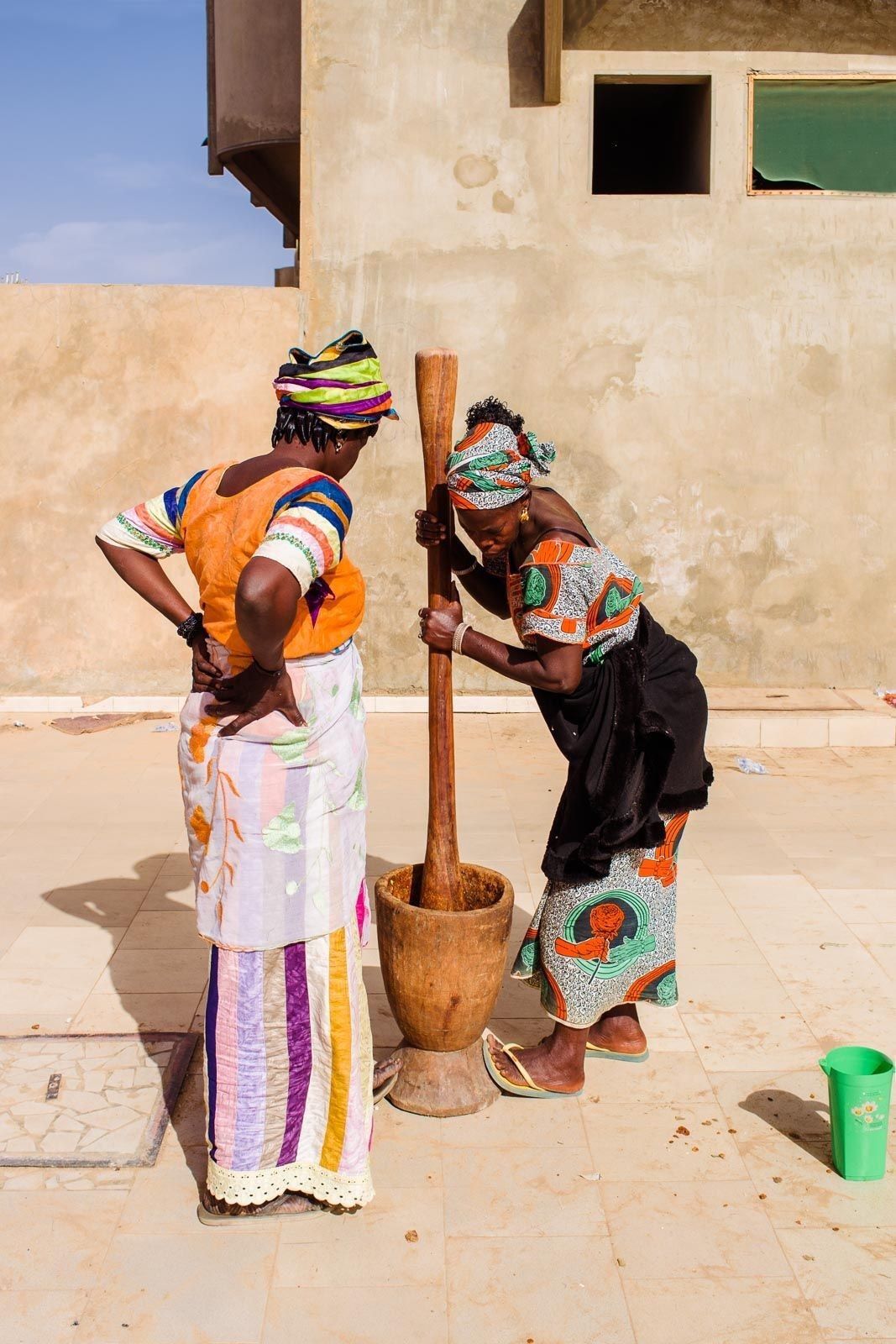
-
South Africa Bridging Data Gaps for Climate Resilience: A Case Study of Coastal Small-Scale Fishers in Cape Town

-
South Africa Toward Equity in Early Learning: Strengthening Informal Early Childhood Development Through Inclusive Support Models
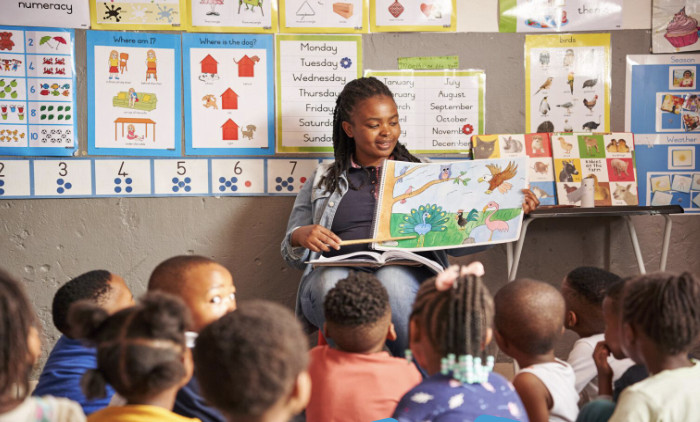
-
South Africa Unconventional Paths: Employment Strategies for Youth Deterred from Completing High School in South Africa
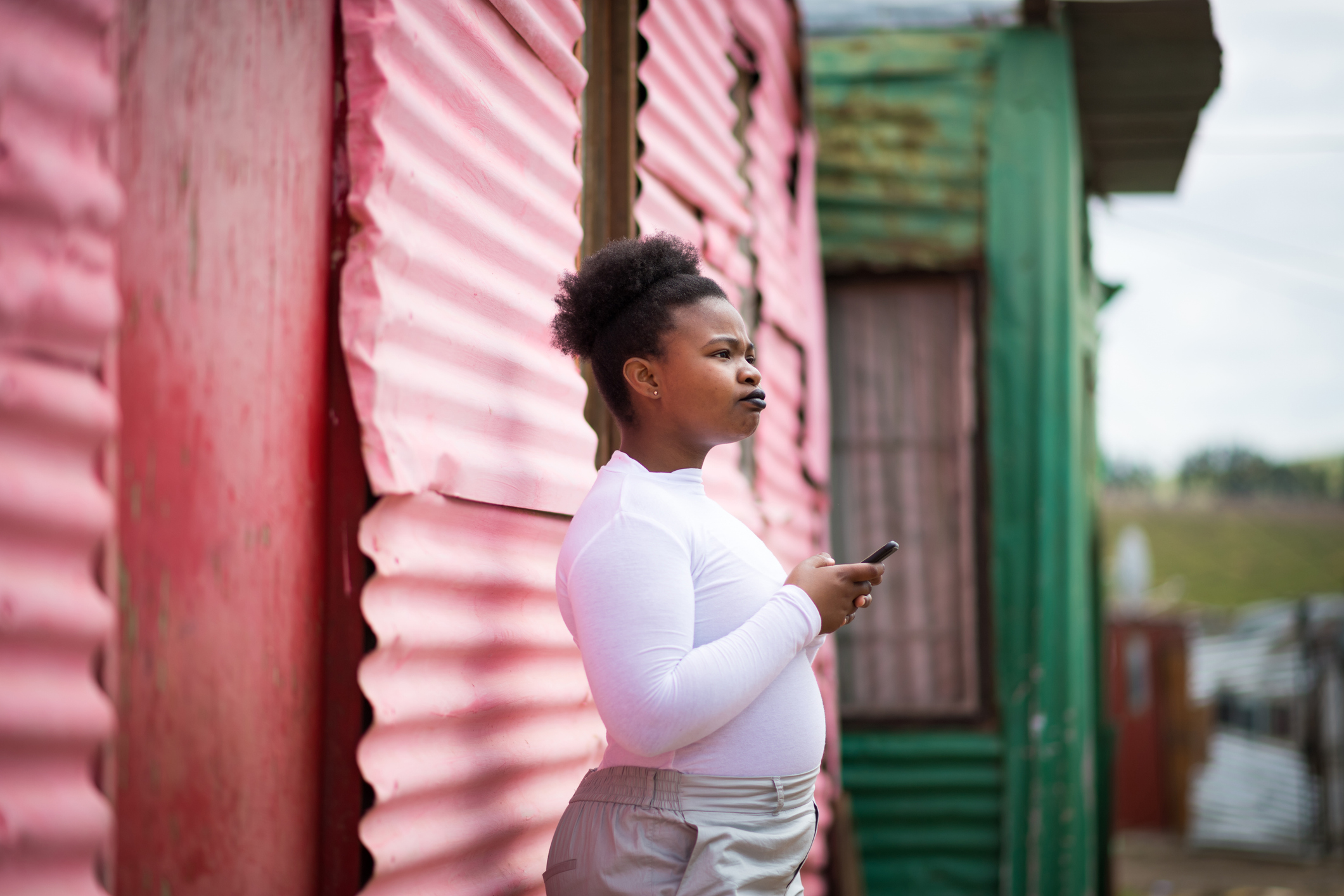
-
Mexico Building Ethical Practices and Community Involvement in Deep Sea Mining: A Human Rights-Based Approach for Sustainable Development
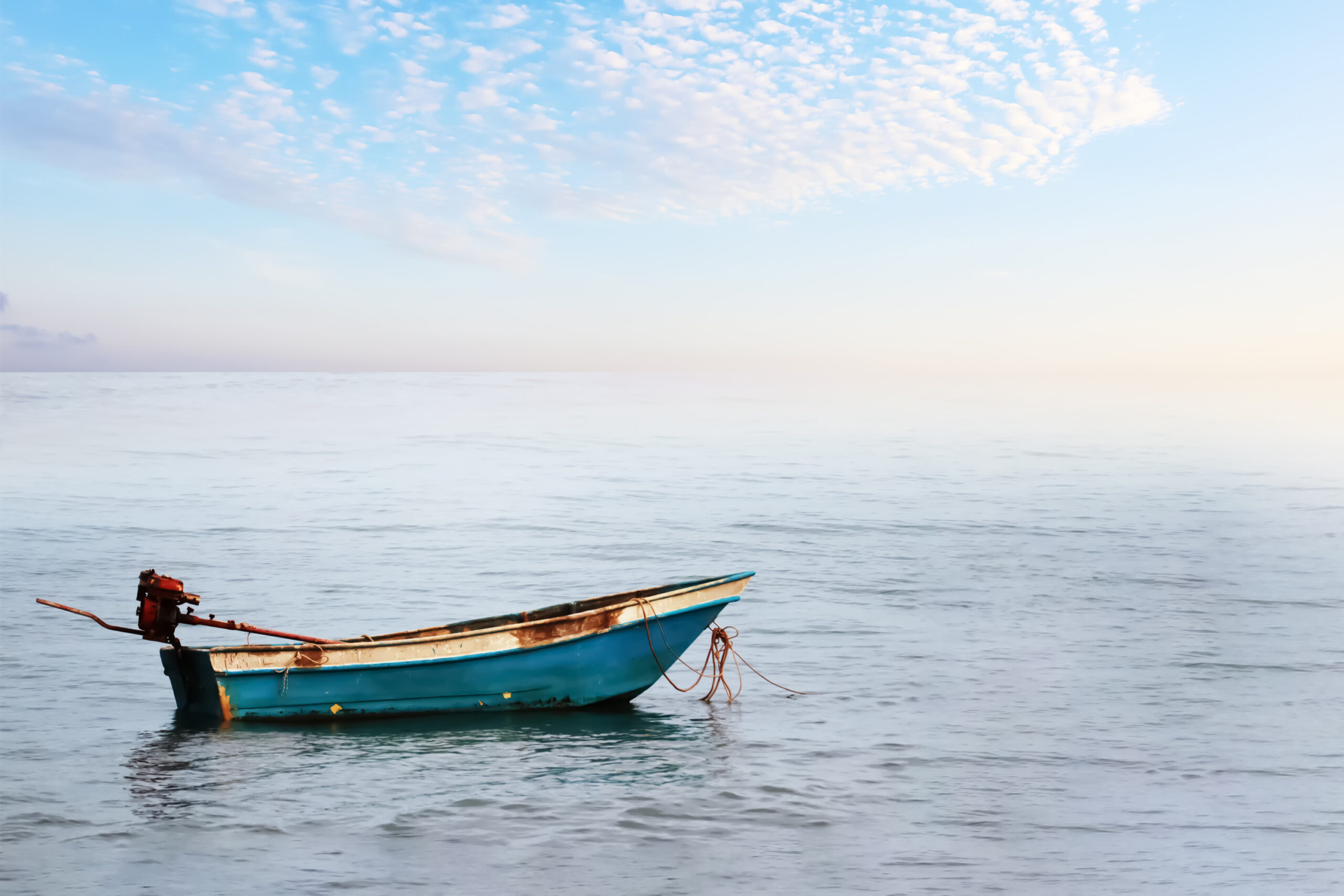
-
-
-
-
Mexico Cultural Barriers within Banking Entities: Financial Inclusion of Refugees in Mexico

English: According to the World Bank, financial inclusion is defined as the access that both individuals and businesses have to a diverse range of financial products and services that are useful, attainable, and responsive to their specific needs, such as transactions, payments, savings credit, and insurance, always guaranteeing responsible and sustainable provision. In Mexico, access […]
-
-
Nepal Blockchain for Social Impact: Empowering Vulnerable Communities Against Climate Shocks in Nepal
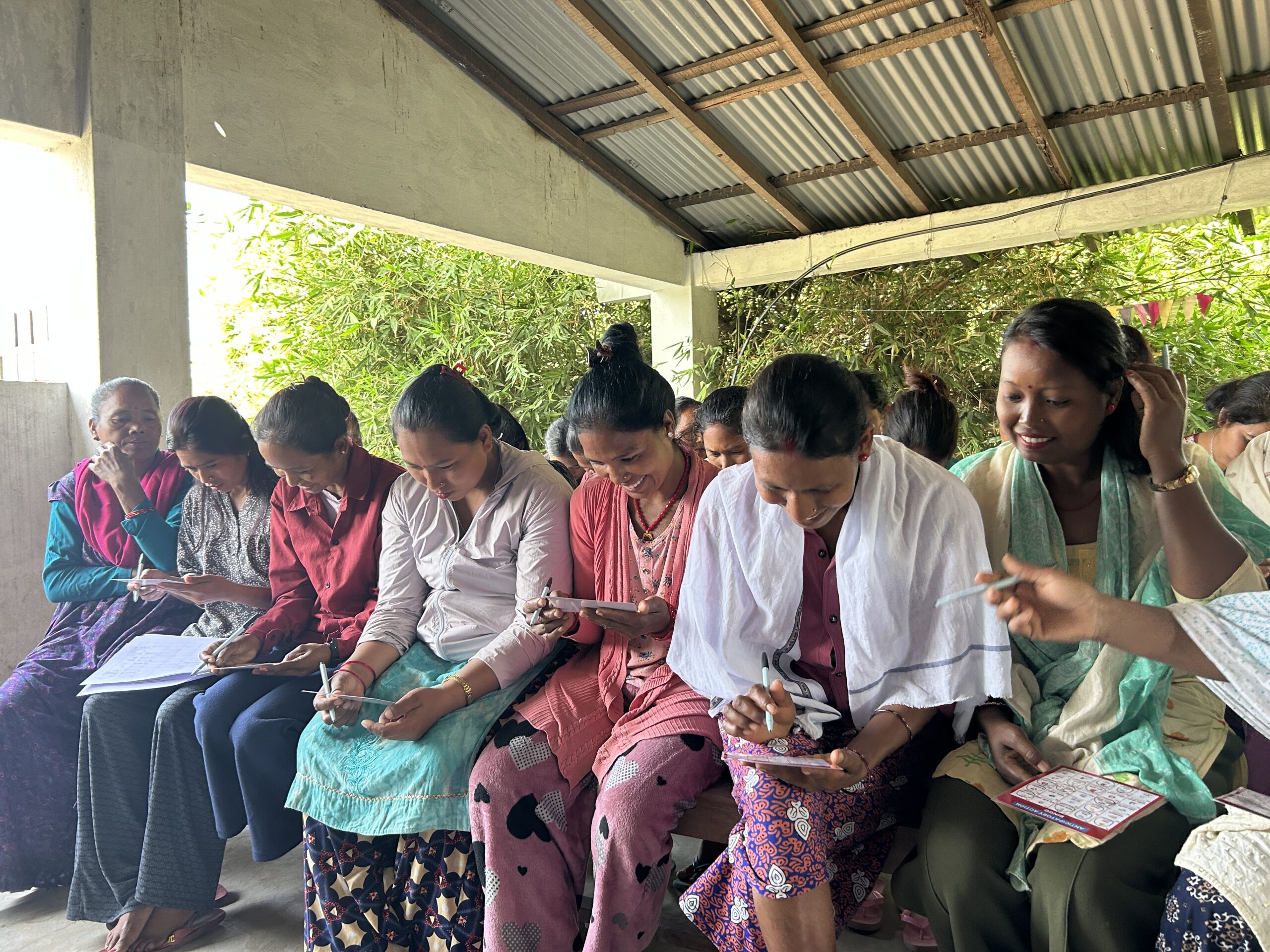
-
-
Canada Technology and Trauma: Digital Mental Health Innovations for Refugees in Canada
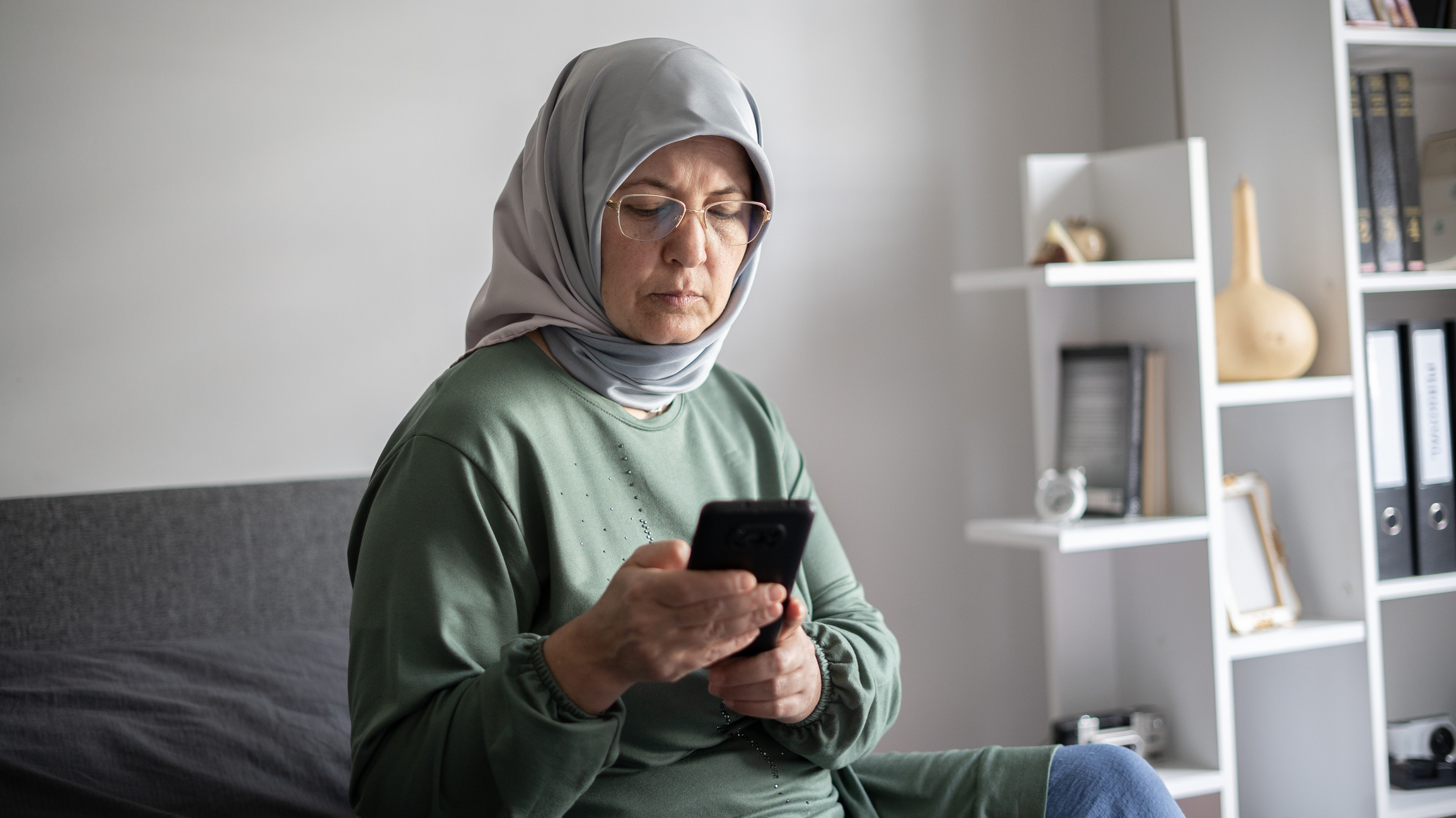
This case study has been greatly enriched by the contributions of numerous individuals and teams. While we are able to name only a few here, we remain deeply grateful to the many others whose support made this project possible. We extend our sincere thanks to the Reach Alliance community and staff, whose guidance, encouragement, and […]
-
Mexico Expanding Financial Inclusion through Banco del Bienestar: A Case Study of Mexico
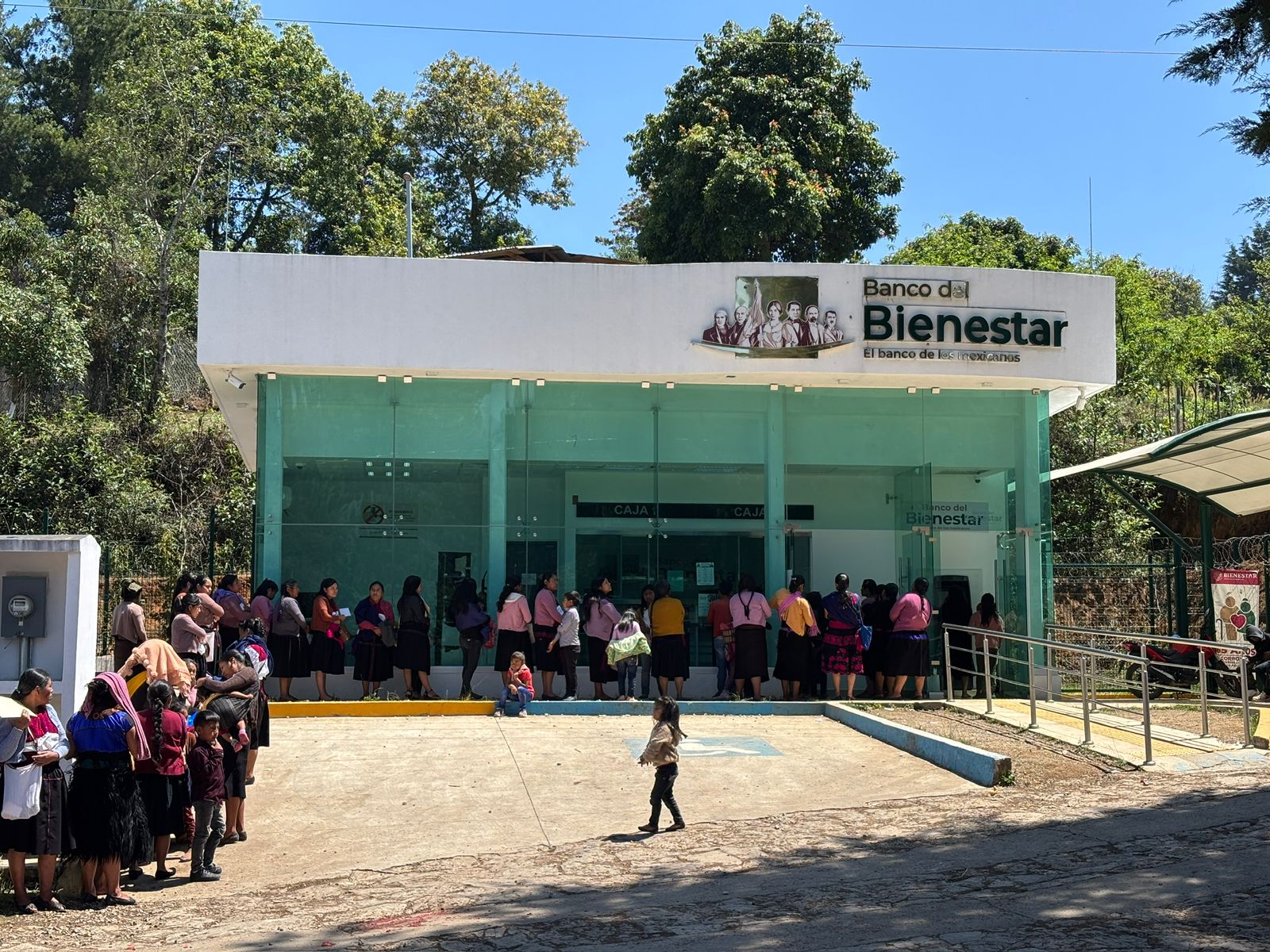
-
Canada From Discharge to Doorstep: How Gotcare Is Filling Gaps in Rural Ontario’s Healthcare System

-
-
Colombia Seeding Change: Semillas de Apego and Reaching Caregivers Impacted by Conflict in Colombia

-
Chile Empowering Chile’s Grassroots Recyclers: Asociación Movimiento Nacional de Recicladores de Chile

-
Australia Elders for Change: Engaging Incarcerated Aboriginal and Torres Strait Islander Women
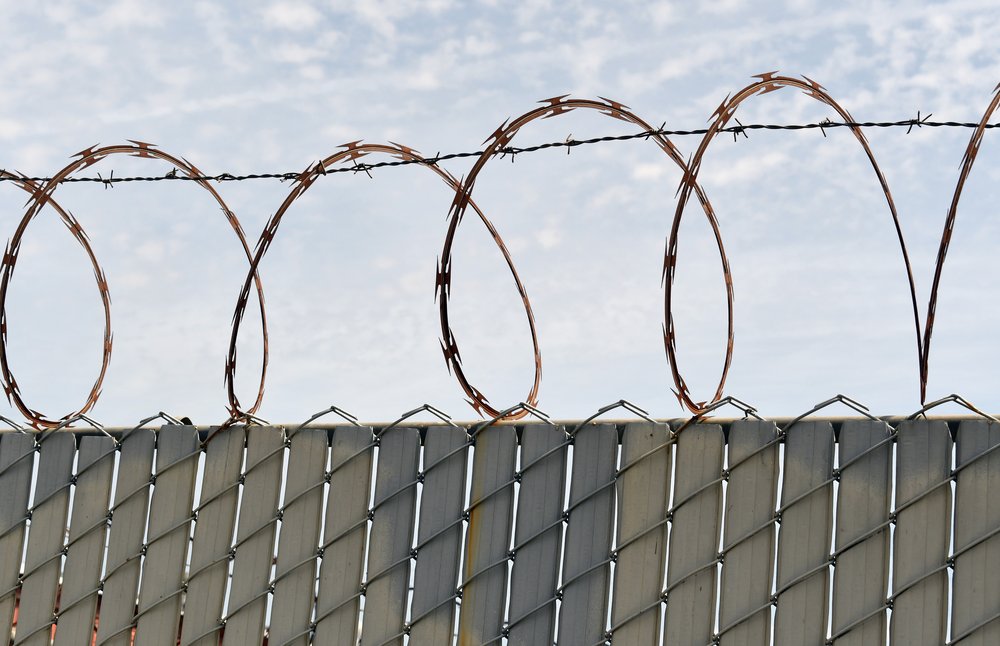
-
Ghana From Policy to Practice: Evaluating the WHO-PEN Framework for Cardiovascular Disease Management in Ghana

-
-
Mexico Caged Beginnings: The Mexican Prison Infrastructure’s Influence on the Early Development of Children with Incarcerated Mothers
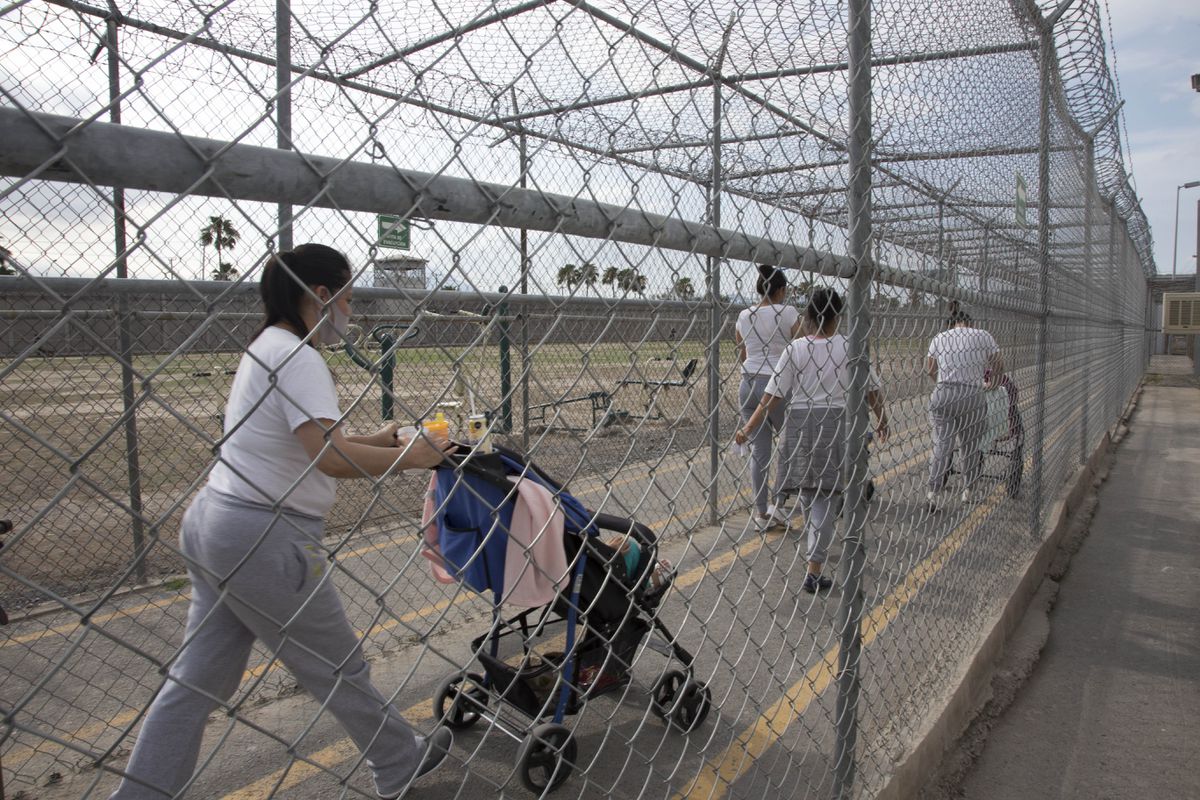
-
Mexico The Sociocultural Impact of Pollution in Urban Rivers: Arroyo Vivo and Distrito Campana-Altamira
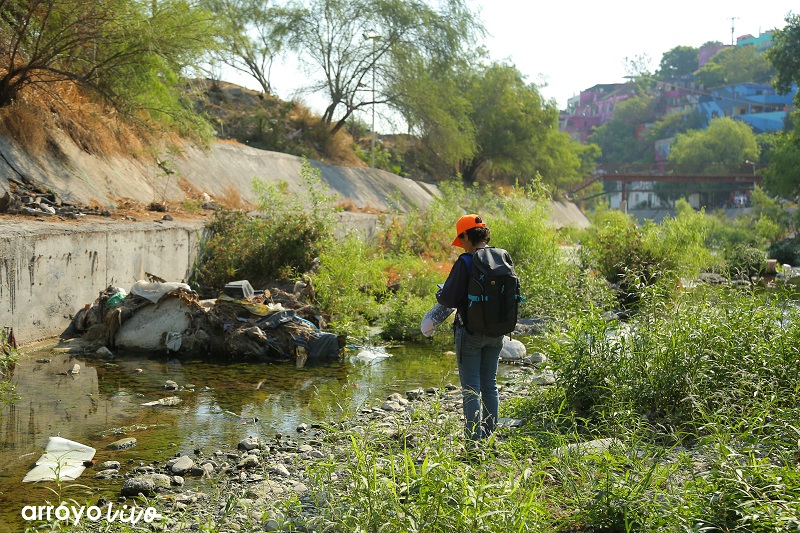
-
Mexico Access to Decent Housing for Refugees in Jalisco, Mexico: Limitations of International Protection
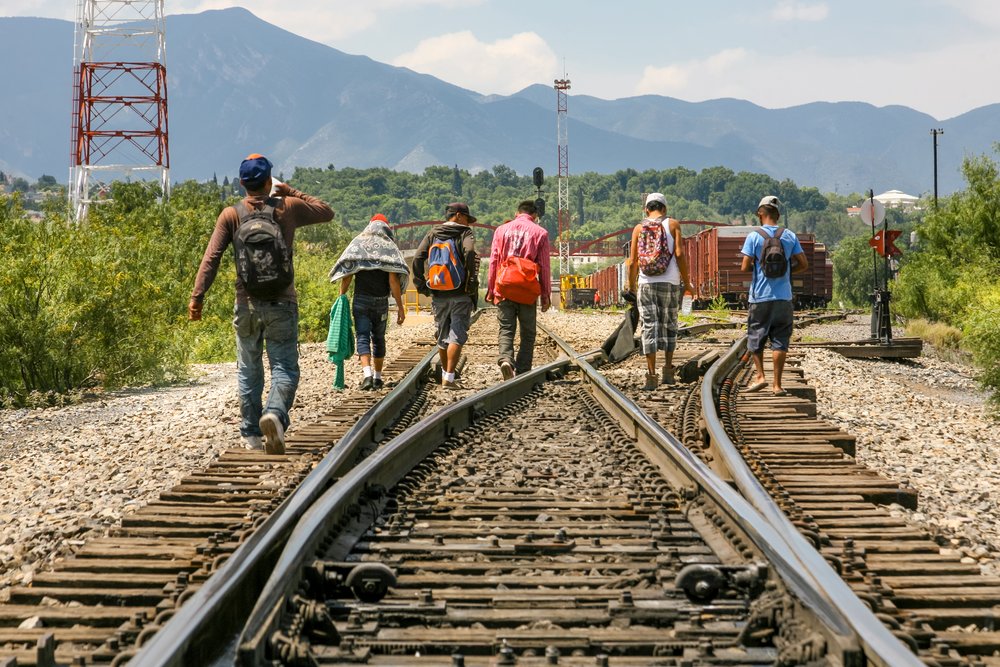
-
Mexico Hijos del Maíz: Cultural Resilience and Community Responses to Food Insecurity in Amealco, Querétaro
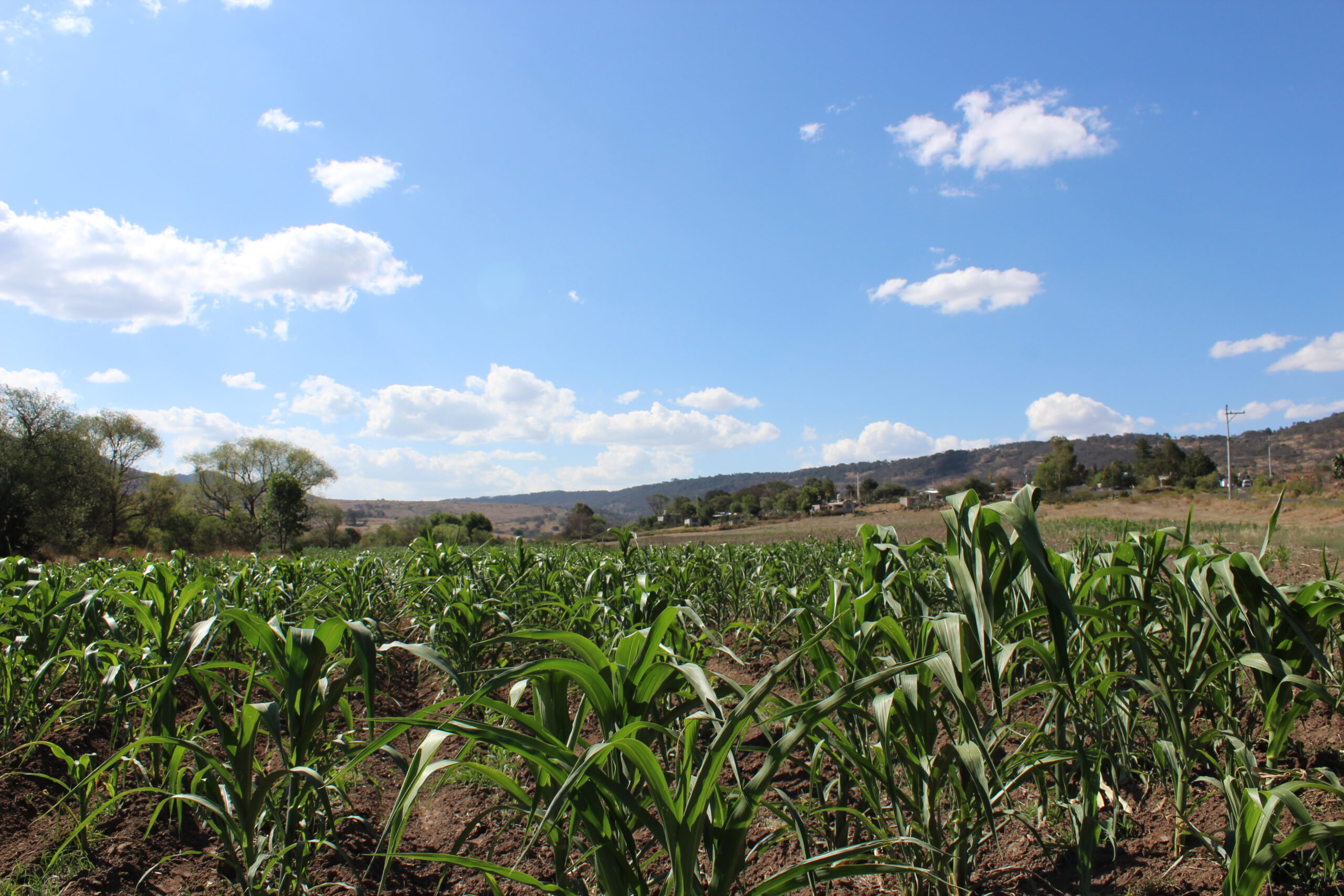
-
-
India Improving Access to Government Benefits for Internal Seasonal Migrant Workers in India
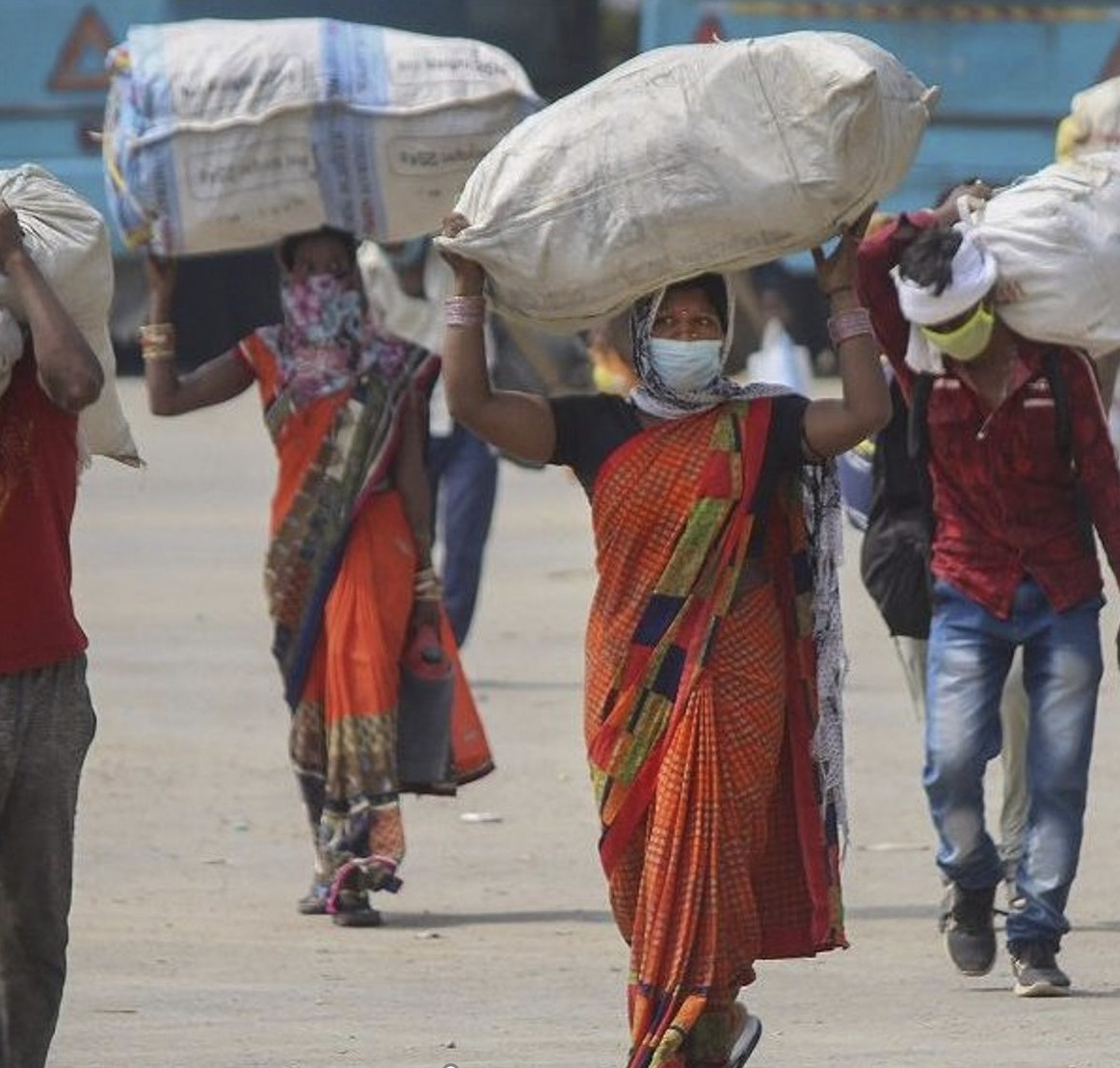
-
Canada Just and Accountable Futures: Developing a Proposed Climate Policy Accountability Approach for the City of Toronto

-
-
-
Singapore Project MigrantPal: Harnessing Digital Technology to Improve the Well-being of Migrant Workers in Singapore

-
South Africa From Street to Home: How the Haven Night Shelter Enables Reintegration for Adults who are Unhoused in Cape Town

-
South Africa Innovative Healthcare Solutions in South Africa: Leveraging Private-Sector Approaches for Universal Health Coverage
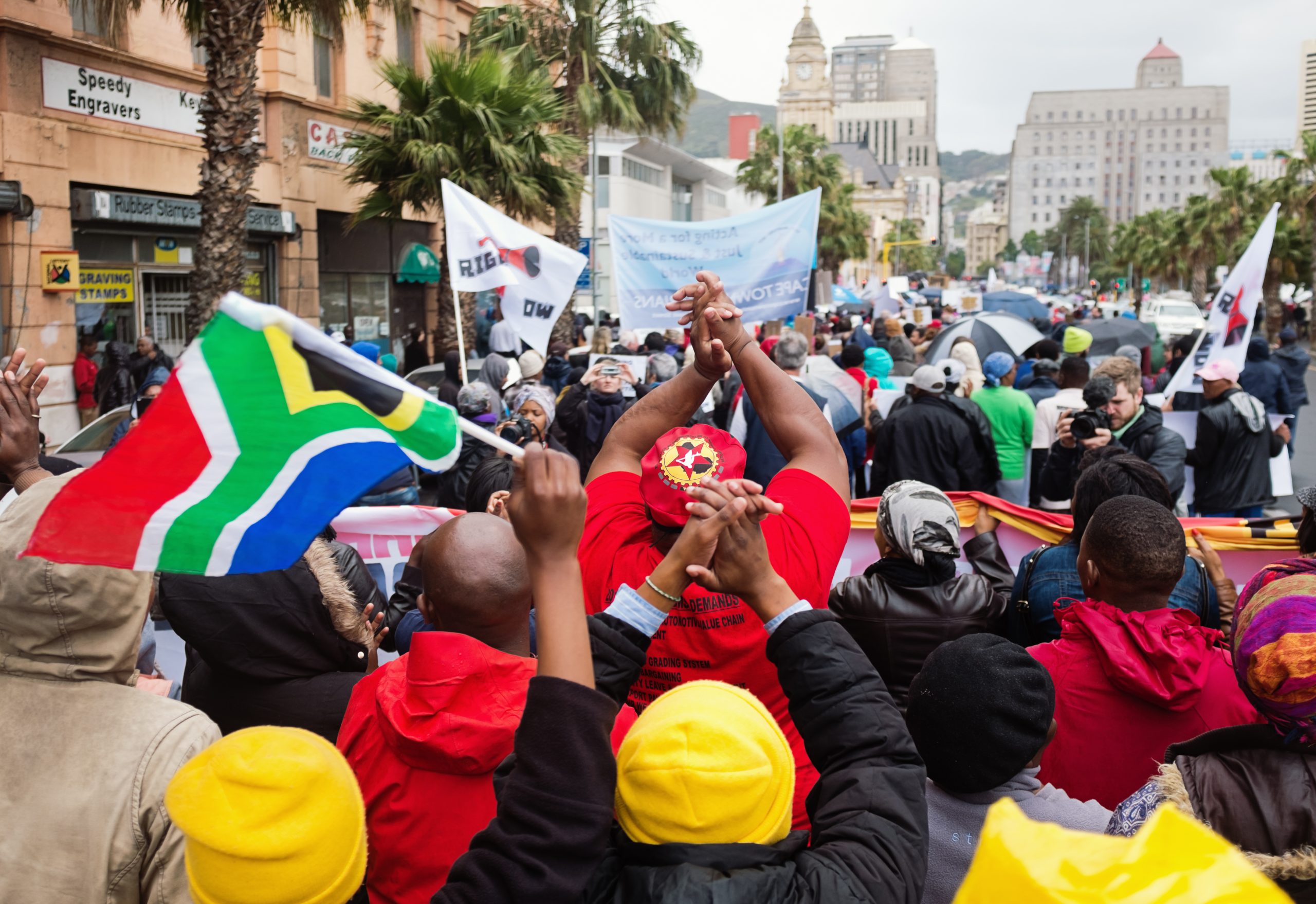
-
Guatemala Fellows for Change Empowering Education Leaders in Rural Guatemalan Communities
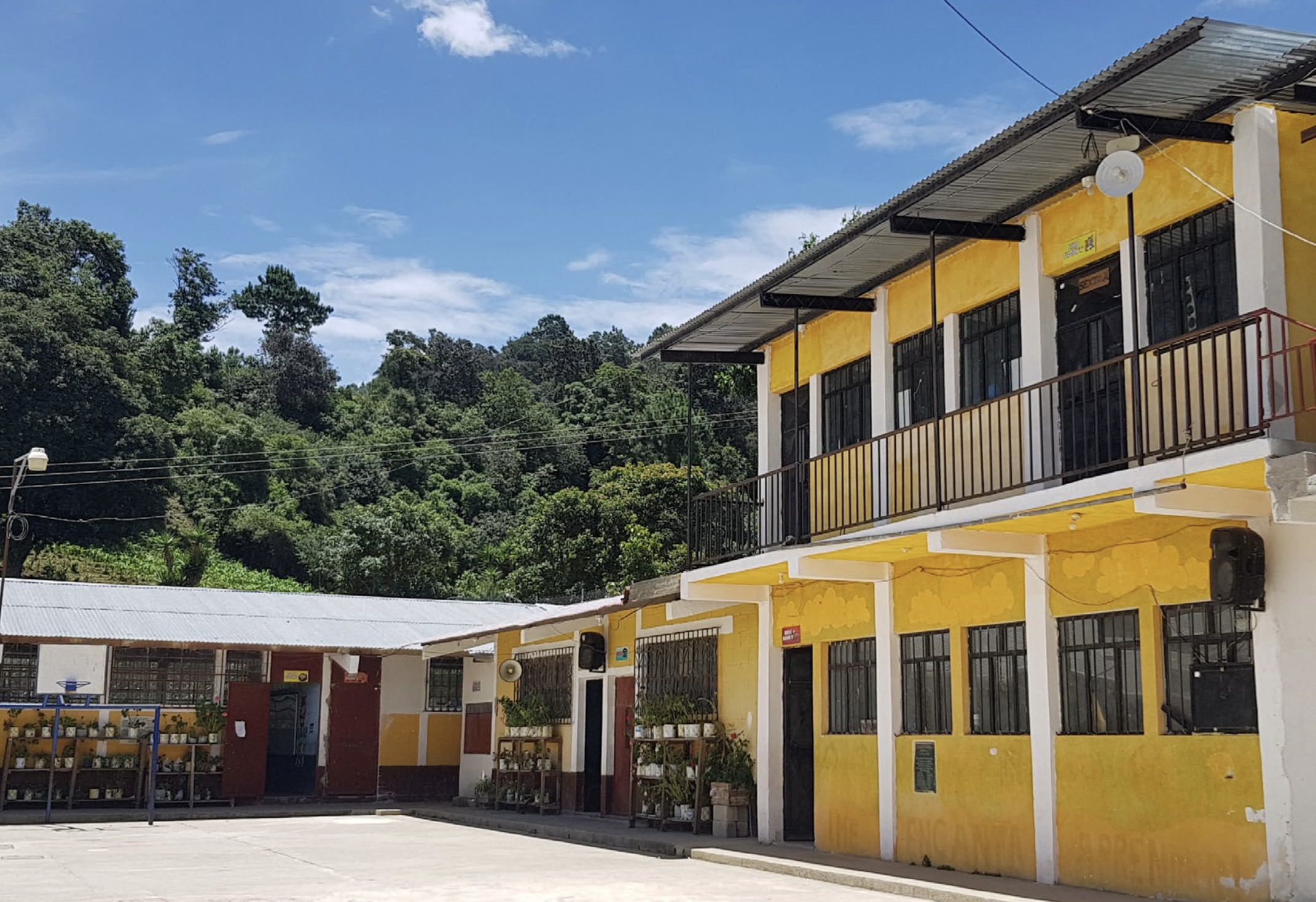
-
-
-
-
-
-
-
Mexico The “Kolombia Regia”: Social Vindication in the Face of Stigma and Violence in Monterrey

-
-
Philippines APOAMF Low-Rise Building Project: Community-driven Housing Resilience for Informal Settler Families in the Philippines
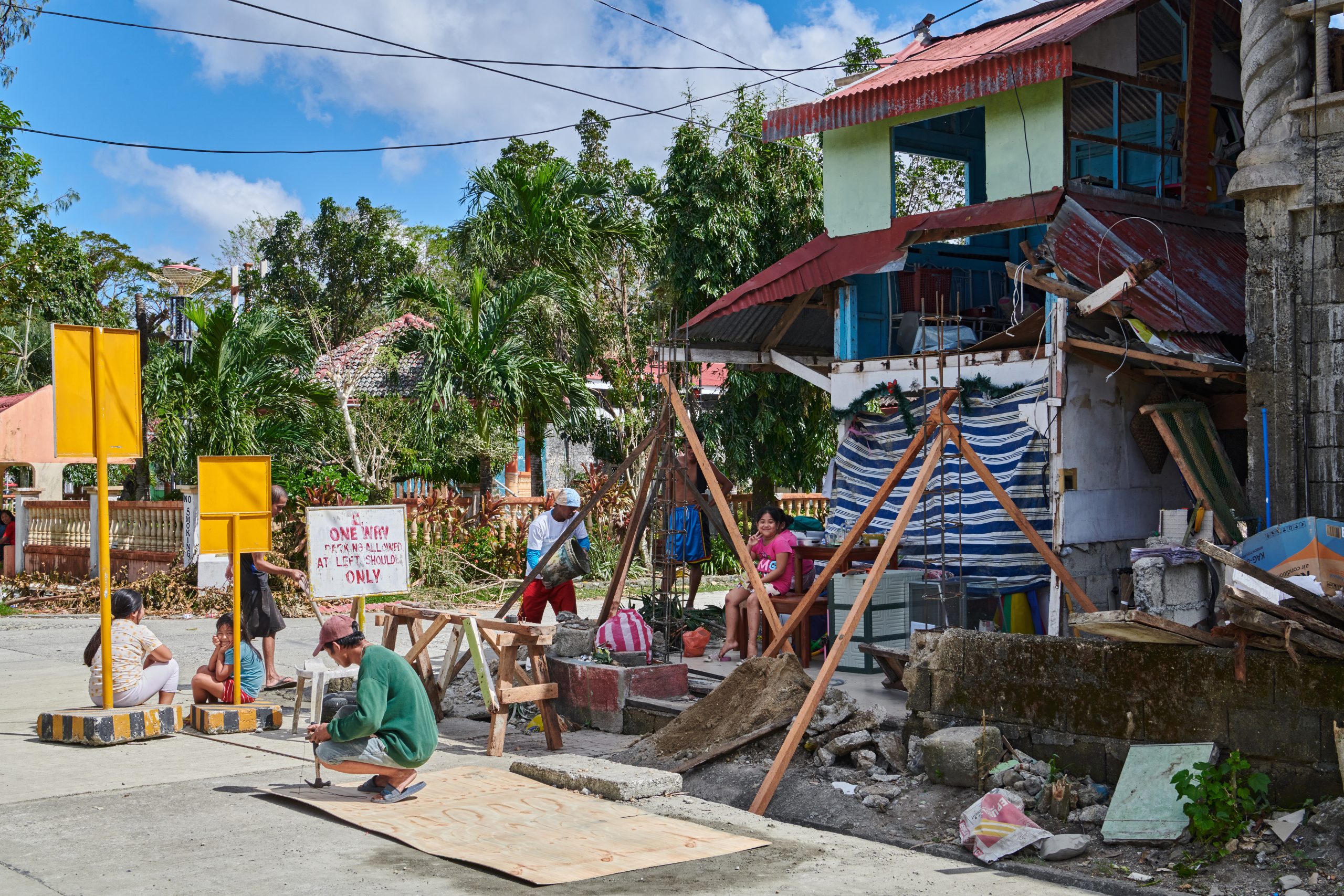
-
Vanuatu Resilience in Recovery: The Unblocked Cash Project and Blockchain Humanitarianism in Vanuatu

-
-
-
Barbados Barbados’s Trident: A Multipronged Approach to Combatting Childhood Obesity through Advocacy, Policy, and Education

-
Rwanda Increasing Meaningful Financial Inclusion in Rwanda: Community-Based Savings and Credit Co-operative Societies

-
-
-
-
-
Mexico The City Seen By Women: The Appropriation of Public Spaces from a Gender Perspective
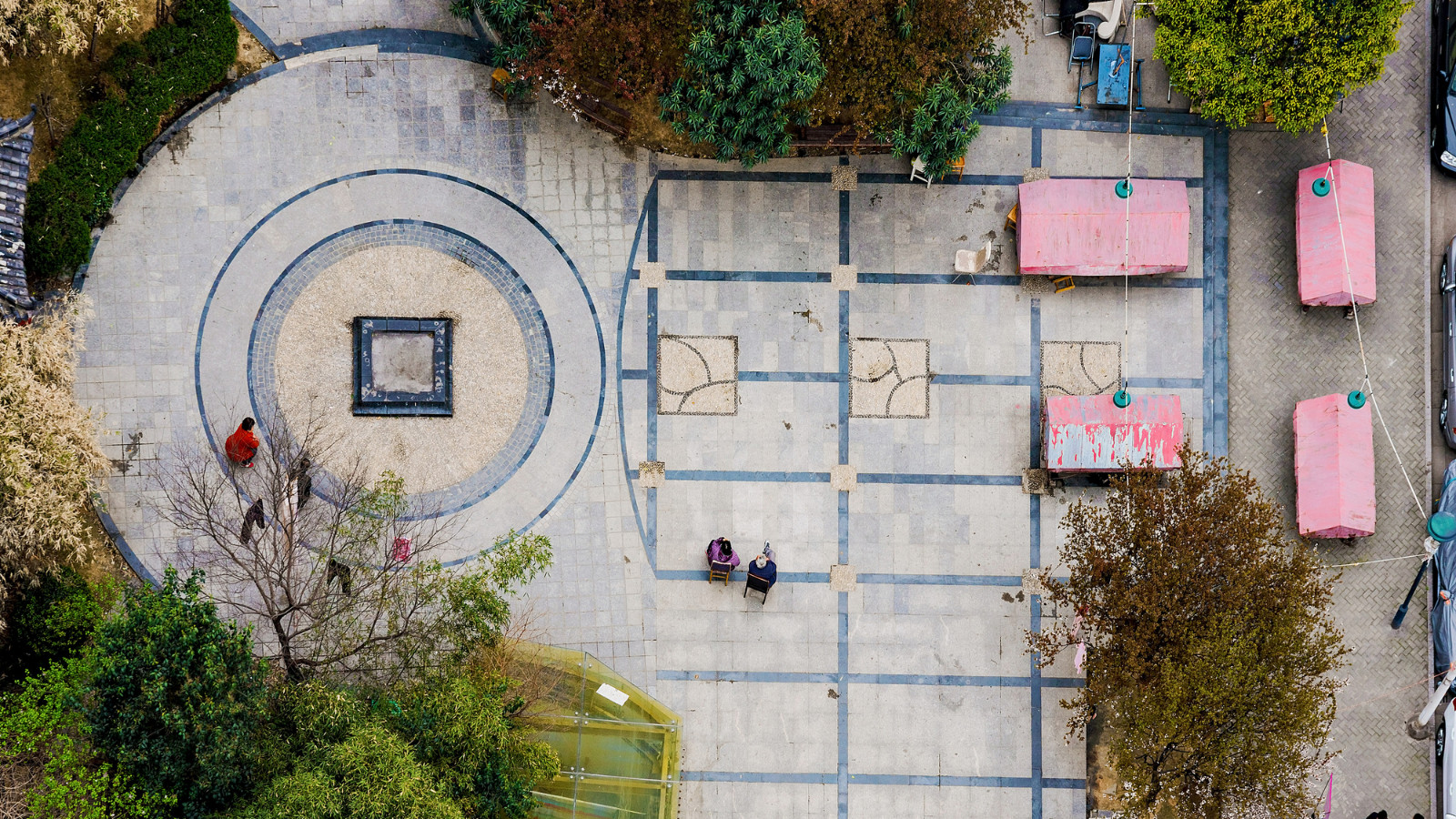
-
Mexico The Invisibility of Children with Cognitive Immaturity in Marginalized Mexican Communities

-
-
-
South Sudan Delivering Life-saving Information: The Blue Messenger Bicycles Initiative in South Sudan

-
-
India Cutting Through the Grass Ceiling: Supporting Women Smallholder Farmers with the Collective Power of Community, Participatory Learning, and Trust

-
Zimbabwe Africaid’s Zvandiri: Peer Support Interventions for Young Mothers Living with HIV

-
Rwanda From A to O-Positive: Blood Delivery Via Drones in Rwanda
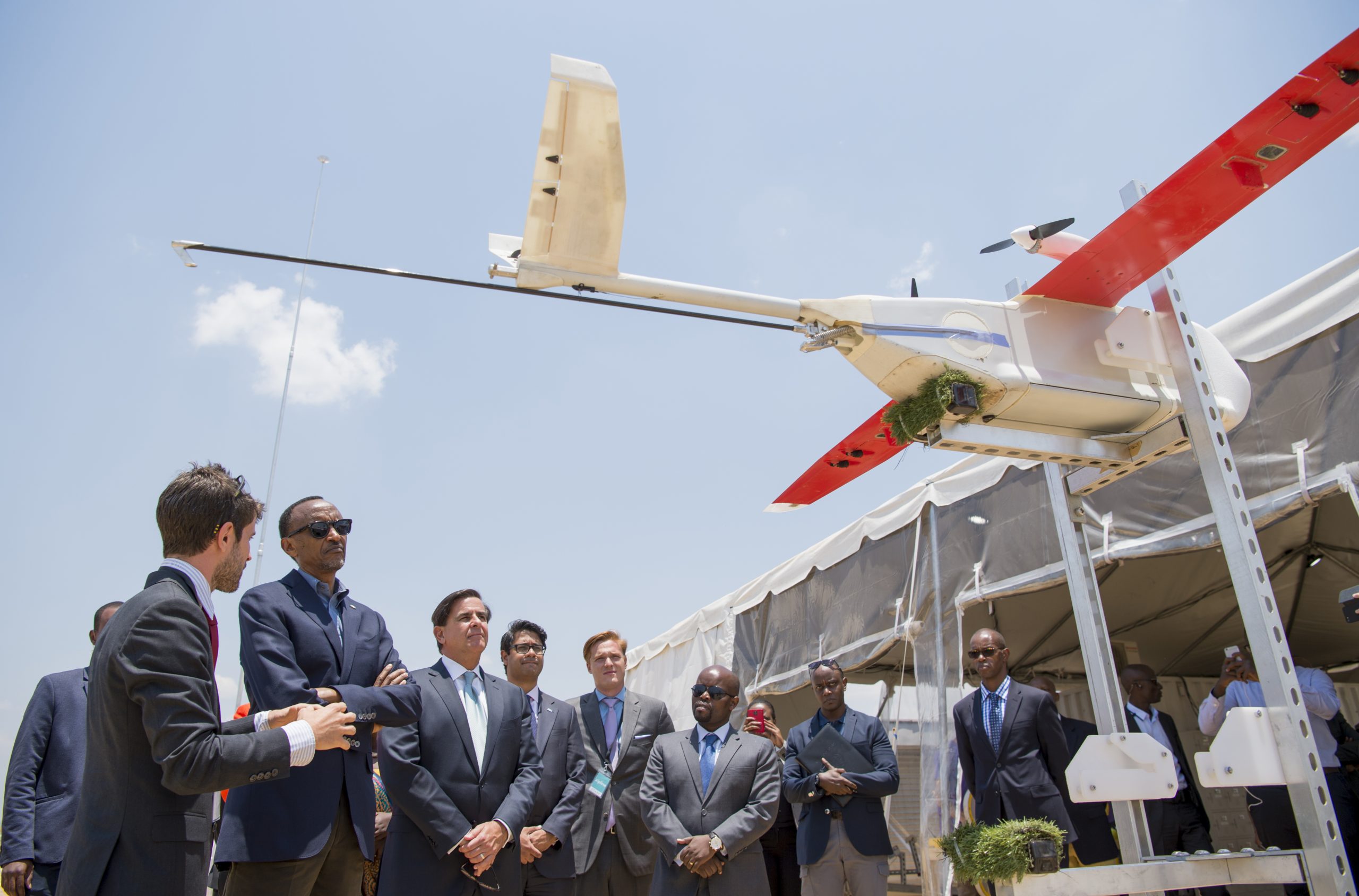
Rwanda’s mountainous topography and infrastructure makes medical supply delivery unreliable – with between 25 to 40 per cent of all temperature-sensitive medical supplies wasted due to inconsistent cold-chain infrastructure. Rural clinics face stockouts, and patients in need of specialized supplies are unable to acquire them. Zipline, a US-based health logistics company, addresses this issue by using drones to deliver medical supplies to district hospitals and rural health centres.
-
Mexico Evaluating Makerspace Interventions in Cerro del Cuatro
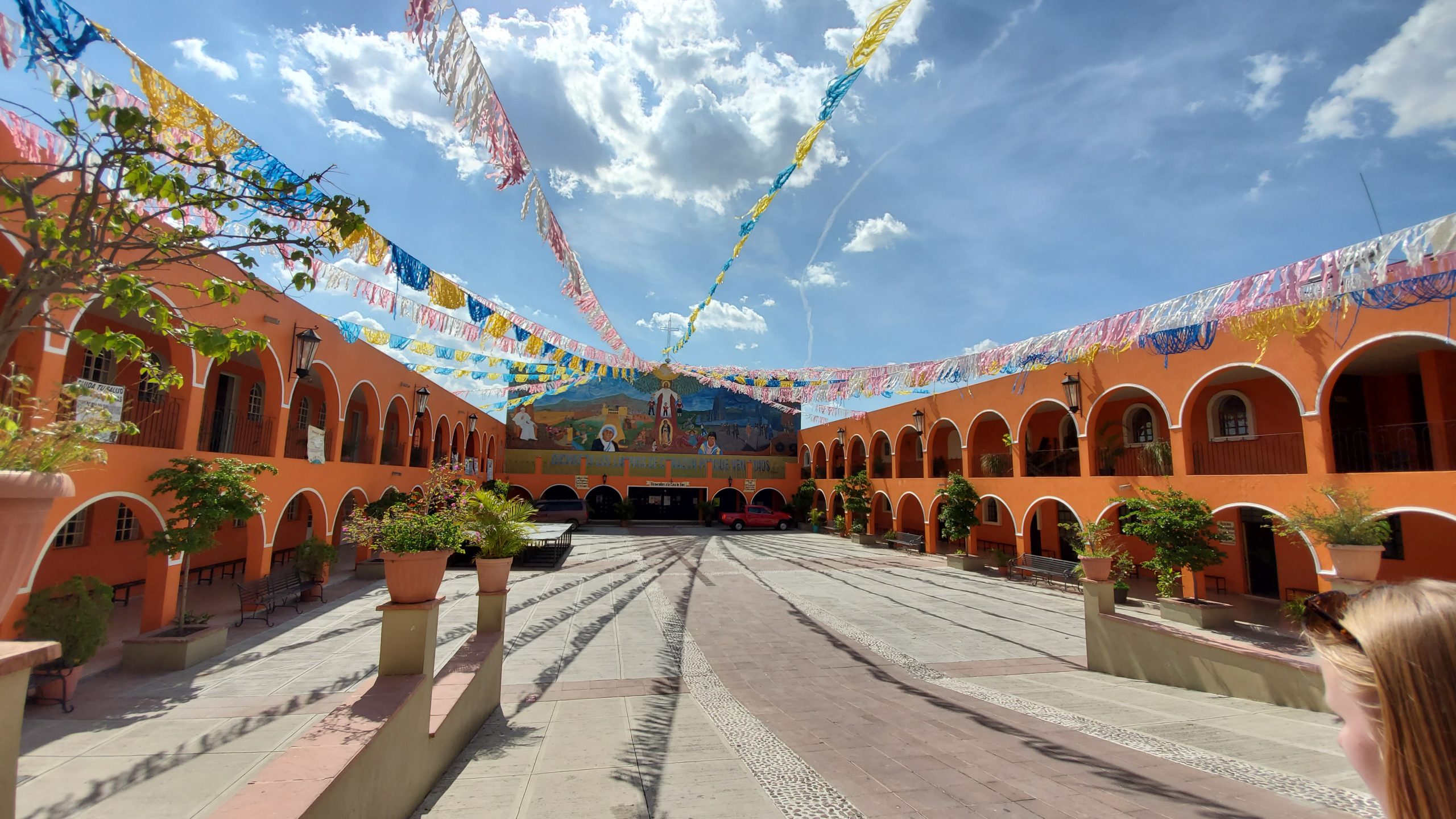
Although youth living in the Cerro del Cuatro community in Mexico face significant social and economic challenges, they also live in a community experimenting with entrepreneurship and improving socioeconomic conditions. This research analyzes how three global makerspaces operate in their own communities. The case studies can be used to inform further student research through the Professional Application Projects at ITESO University where learners seek to adapt contextually similar interventions to the local context of marginalized youth.
-
Guinea Seasonal Malaria Chemoprevention in Guinea
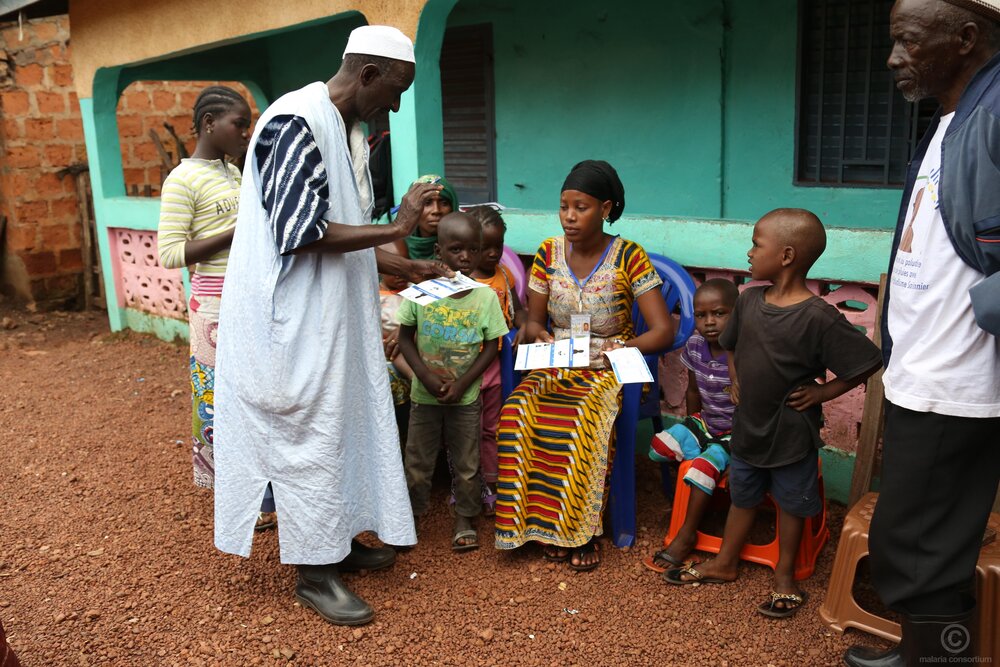
In Guinea, malaria is the leading cause of death (28 per cent) for children under five — who already have an overall mortality rate of 89 per 1,000. Evidence shows that seasonal malaria chemoprevention (SMC) is effective in reducing the incidence of malaria among children under five in areas of highly seasonal malaria transmission.
-
India Why Women’s Police Stations in India Fail to Mitigate Violence Against Women
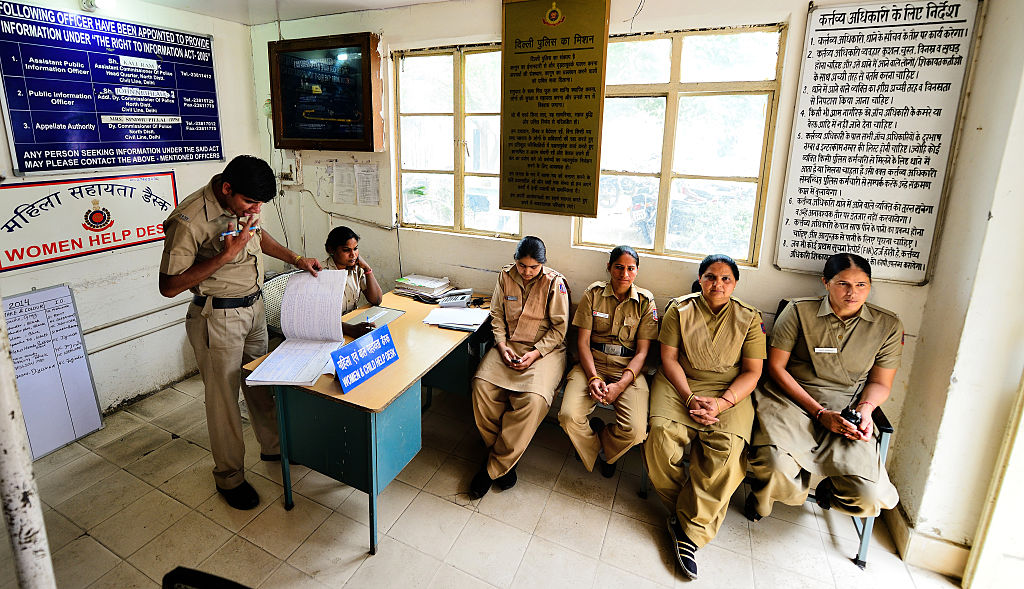
In India, women experiencing gender-based violence are hesitant to contact the police for fear of societal retaliation, social stigma, low conviction rates and maltreatment by the predominantly male police force. To address this, women’s police stations — staffed by female police officers — were established. Women’s police stations intend to provide a safe space for women to access formal legal services.
-
Zimbabwe Bringing Light to Health Care: Lessons from the UNDP Solar for Health Program in Zimbabwe

The World Health Organization reports that one in four health facilities in sub-Saharan Africa have little to no access to electricity, and only 30 per cent of health facilities reported having reliable access to electricity. To address this issue, the UNDP started the Solar for Health Initiative in 2015, starting with their pilot in Zimbabwe. The Solar for Health project aims to establish dependable electricity access for off-the-grid healthcare centers infrastructure – including clinics, labs, hospitals etc. – through solar panel installations.
-
Peru Responding to Disaster: Lessons from Telecommunications Service in Peru

Peru’s internet infrastructure is highly susceptible to natural disasters and remain nonexistent in some parts of the country—specifically parts of the Peruvian Amazon rainforest. Through a public-private partnership between the government of Peru and Loon, an Alphabet Inc subsidiary company that provides High-altitude Platform Stations (HAPS) in the form of balloons, previously unserved areas were provided with internet access and critical information was shared through restored connectivity in the wake of several large-scale natural disasters. While Loon’s operation in Peru did not achieve commercial success, resulting in the company’s shut down in January 2021, this research will analyze how Loon provided internet connectivity to hard to reach populations in Peru. The study will also explore how private-public partnerships can provide affordable commercial internet access around the world.
-
Mozambique Public-Private Partnerships for Global Health: The mVacciNation Pilot in Mozambique
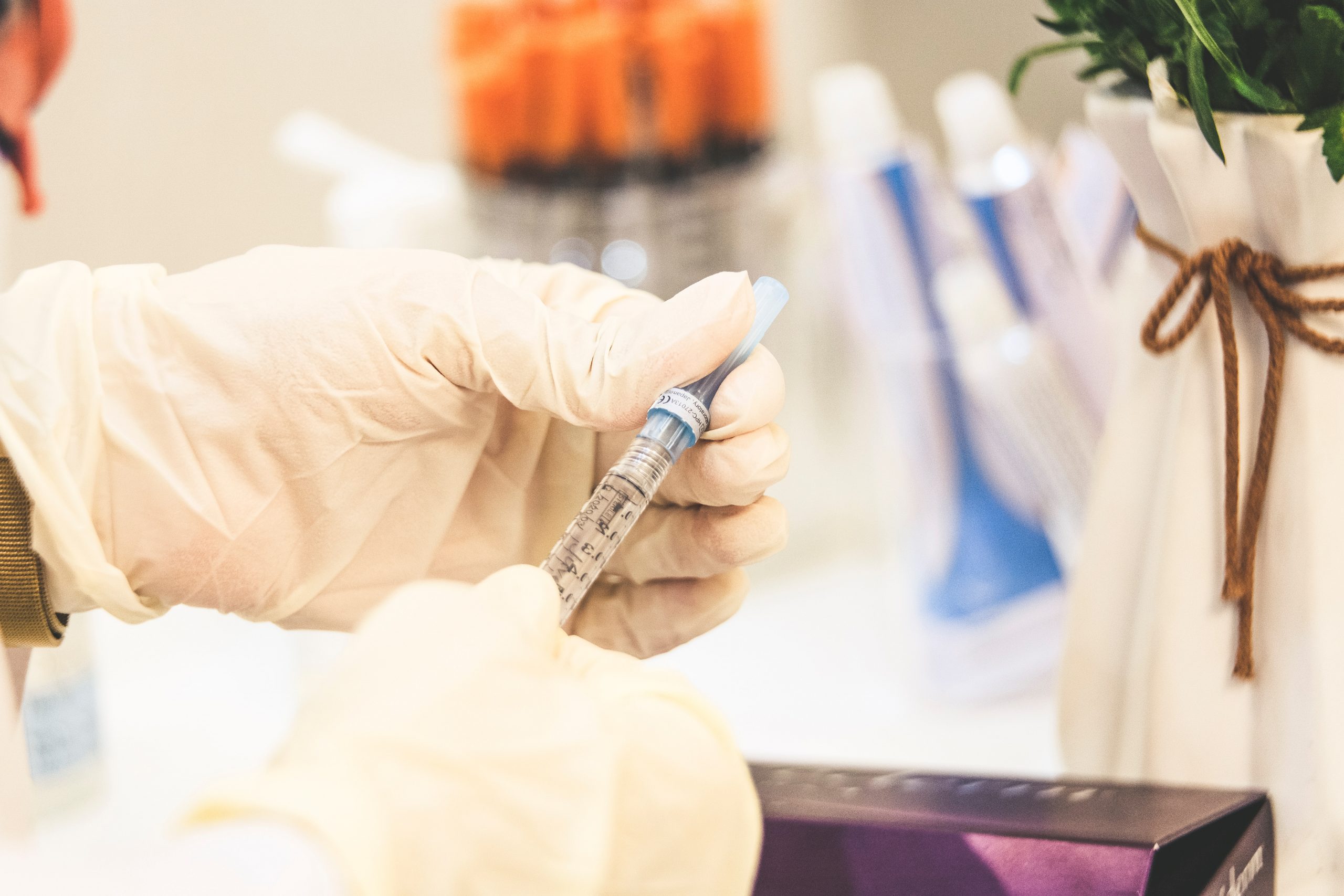
Vaccination coverage for several routine vaccines is less than 75 per cent in many parts of in Mozambique, and the under-five mortality rate remains high at 97 deaths per 1,000 live births. A cross sector partnership established the mVacciNation (mVacc) program in 2014 to help tackle the issue of low vaccination coverage among children under the age of five. mVacc is a program based on the use of a mobile phone application. The application is used by healthcare workers to capture and record the vaccinations and health records of each child. With this data, they forecast and optimize vaccine stock levels and follow up with each child’s caregiver via SMS to remind them of upcoming vaccination appointments. Healthcare workers and program managers are able to track vaccine stock levels and ensure safe storage by immediately addressing any issues in the cold chain. The data is then synced and centrally stored on the Ministry of Health cloud, enabling the app to be integrated into existing data management systems.
-
Mexico Struggle and Resilience of Migrant Indigenous Communities in Irregular Settlements in Mexico
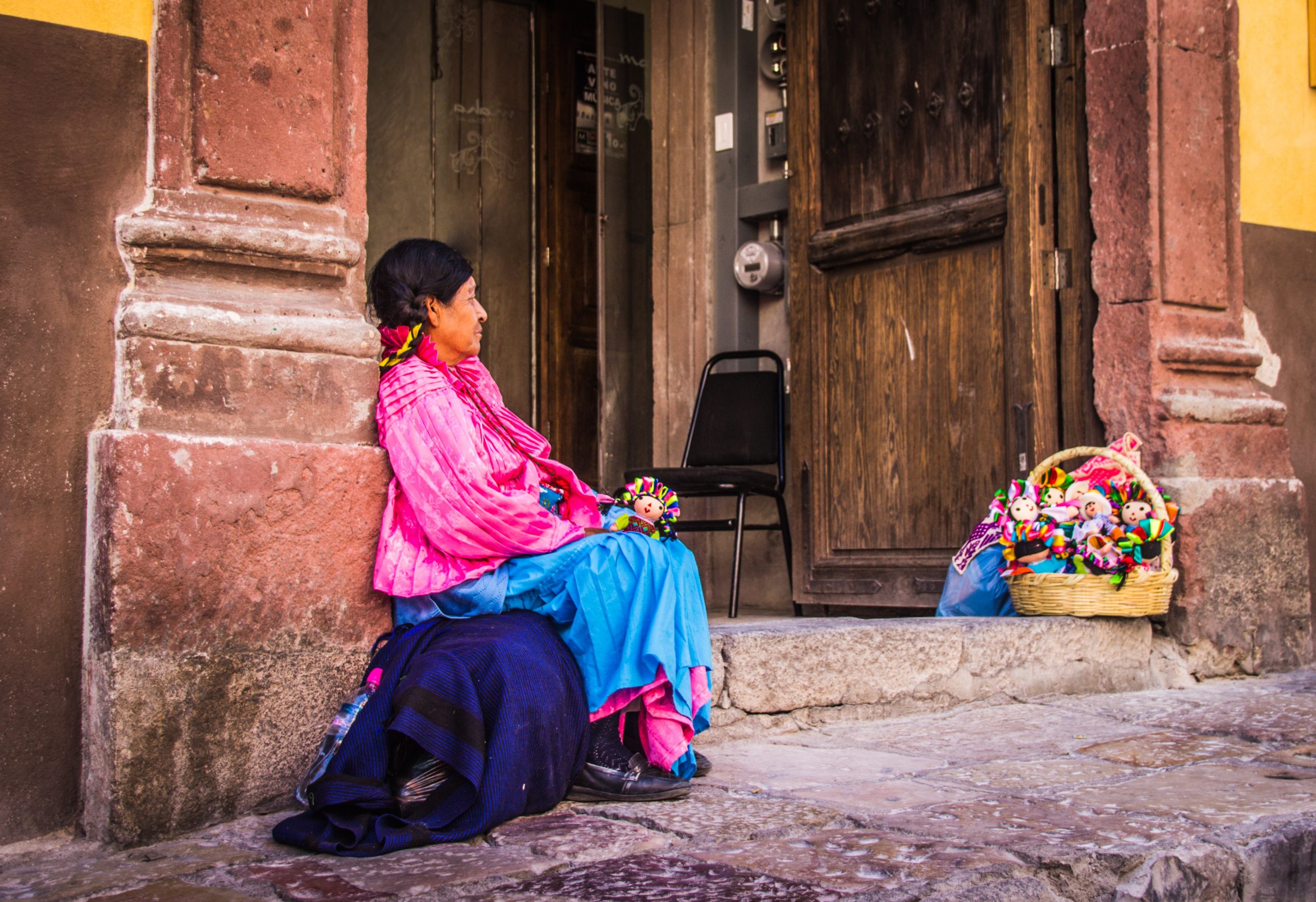
The rapid industrialization of Monterrey in the last century and the lack of attention to social
demands have hyper stratified social interaction in the city. Monterrey embodies the structural
inequalities of Mexico and Latin America, where migrant indigenous people have had to face
constant economic and social pressures, and at the same time remain the most invisible in the
Northern Mexican society. This study aims to describe and explore to what extent the irregular status of urban settlements hinders the access to regulated basic services from migrant indigenous groups in the Monterrey Metropolitan Area and if this perpetuates the cycle of poverty. -
Guatemala Bridging the Maternal Care Gap: Mobile Antenatal Care in Rural and Indigenous Guatemalan Communities

Maternal mortality is disproportionately prevalent in low-income countries. Of the 295,000 women who died of complications from pregnancy or childbirth worldwide in 2017, 94 per cent lived in low-income and resource-limited settings. Guatemala’s Alta Verapaz region, where 78 per cent of the population lives in rural areas and 48 per cent live in extreme poverty, reported a maternal mortality rate of 273 in 2012. The EHAS Foundation (Hispanic American Health Link) is combating the issue of maternal mortality in rural Guatemala with the Healthy Pregnancy Project (HPP), a portable prenatal care kit that is designed specifically for use in remote areas. EHAS trains and equips local health personnel with a backpack that includes a computer, a portable ultrasound scanner – powered by a foldable solar panel – and, blood and urine analysis systems that use immediate test strips. Local health personnel organize days in their respective communities where women can come and be tested for possible pregnancy-related complications. Test results and ultrasound images are examined by local health personnel for any possible complications and health risks.
-
India Addressing Violence Against Women in Madhya Pradesh, India: The Urgent Action and Just Relief Program
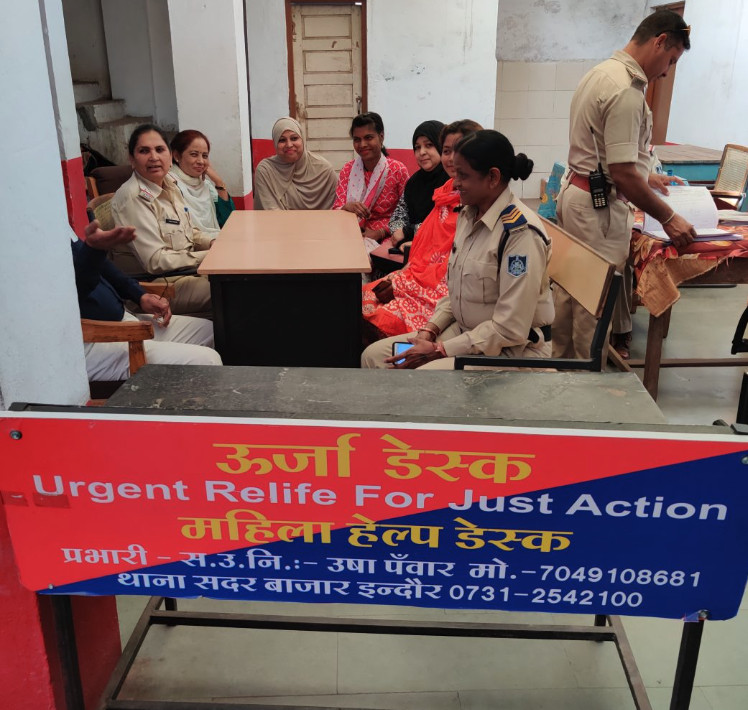
Studying the impact of Urgent Action and Just Relief (URJA) on improving women’s security in Madhya Pradesh, India. URJA is a policy intervention that aims to increase access to women to police services in India by providing four key activities:
1. Creation of helpdesks to assist women
2. Creation of Standard Operating Procedures (SOP) and trainings to guide officers on cases involving women
3. Developing outreach to local women’s networks
4. Hiring of additional female officers to URJA desks. -
India Expanding Access to Justice Through Community-Based Paralegals in New Delhi and Assam
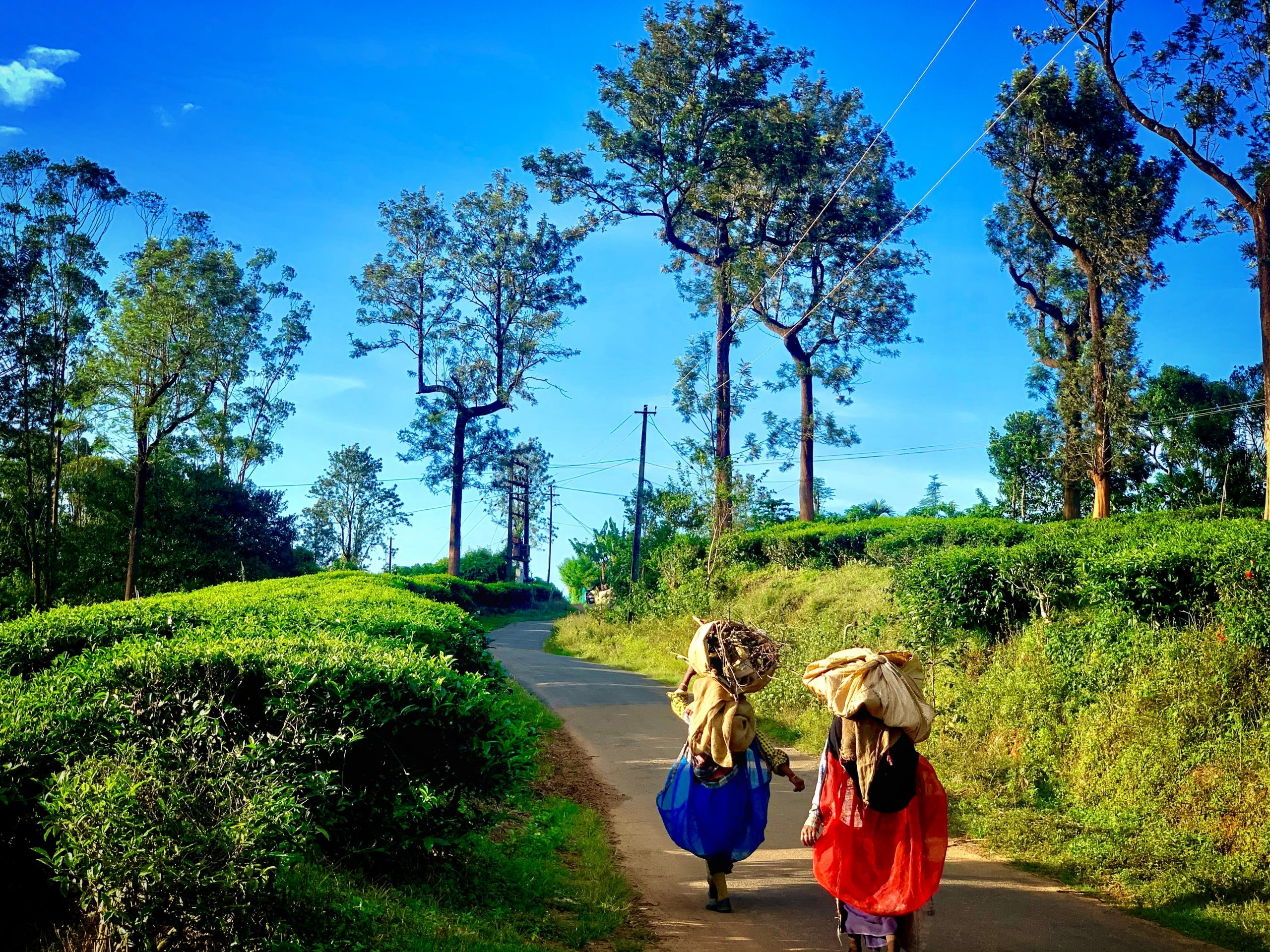
One out of seven workers in India’s formal economy is a tea plantation worker, of which, more than 50 per cent are women. Many of India’s tea plantation workers are located in the state of Assam, and these workers remain isolated from mainstream society, both physically and in terms of economic development. Nazdeek is a grassroots legal empowerment organization that is increasing access to justice, government programs, legal services and training for tea garden workers in Assam.
-
Thailand M Fund – a migrant micro insurance program
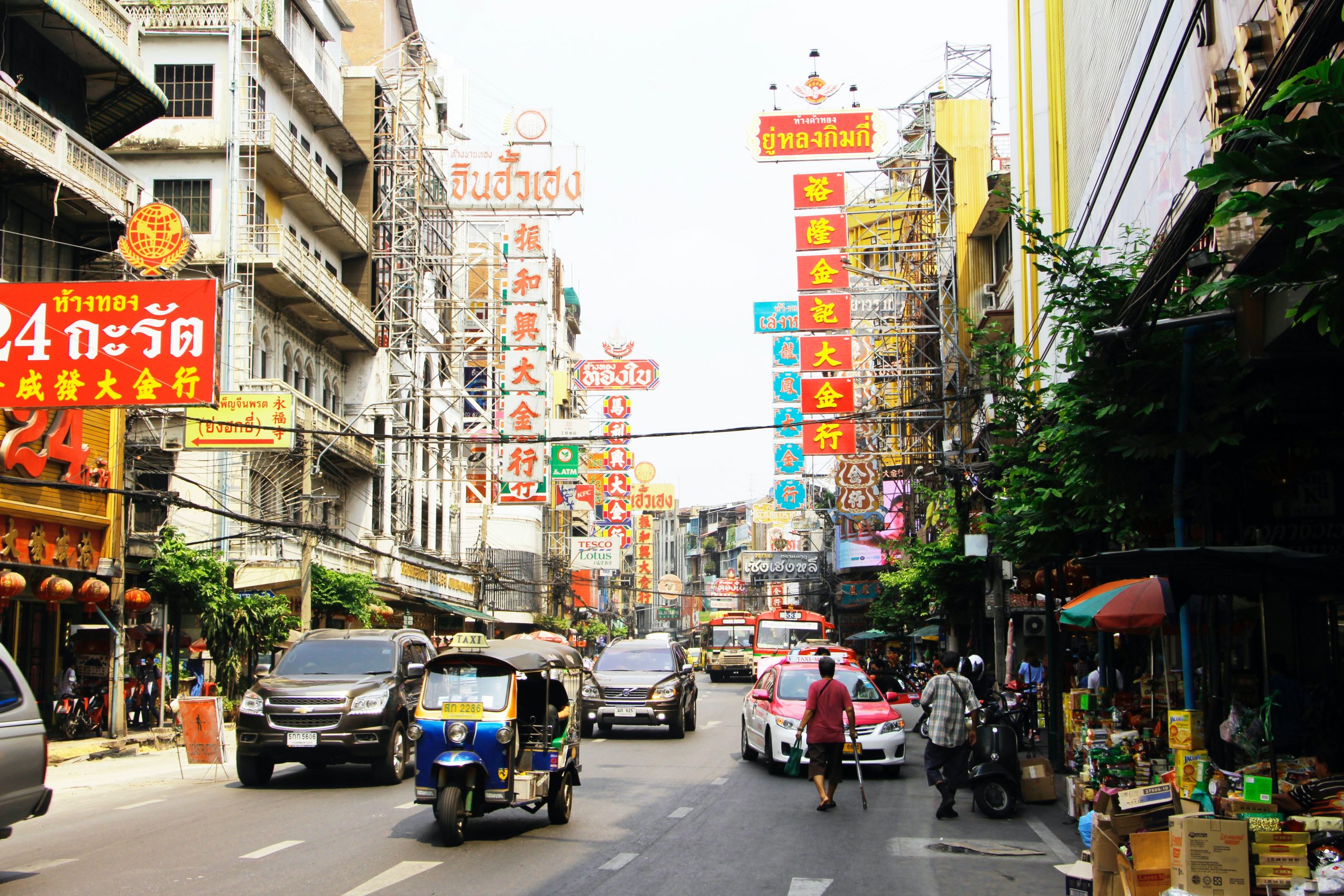
While Thailand is one of the few countries to have made concrete efforts to include undocumented migrants in their national insurance coverage, there exist barriers to access for up to two thirds of the estimated migrant population. Supported by UNICEF, European Union and the Global Fund, Thailand created the Migration-Fund (M-Fund) Health Insurance Program, which is a voluntary, low-cost and non-profit health insurance scheme for migrants operating along the Thailand-Myanmar border in Thailand. The M-Fund aims to protect the health of migrants uncovered by existing government insurance schemes.
As of November 2019, a total of 13,383 people have enrolled in the program. Reach researchers are examining best practices, challenges and the value of a voluntary health scheme for vulnerable and stigmatized undocumented migrants in Thailand. -
Solomon Islands Between State and Nonstate Systems: Access to Justice in Rural Solomon Islands
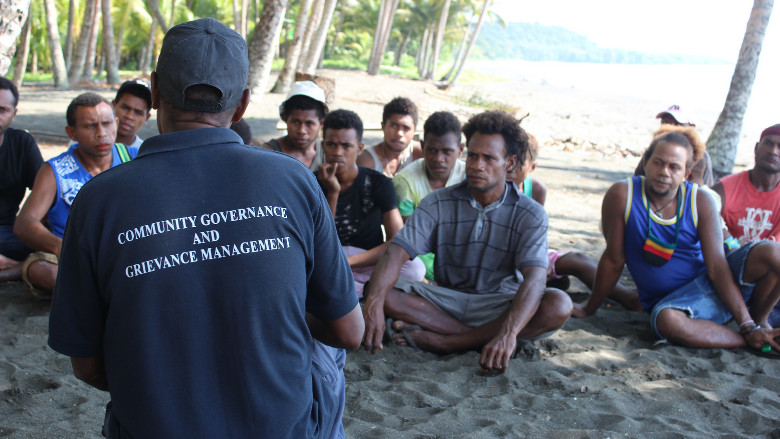
With almost 1,000 islands spread over tens of thousands of square kilometres and over 80 per cent of people living in remote and rural communities, delivery of law and order has been challenging in the Solomon Islands. Police presence on some islands is limited or even non-existent, breeding mistrust around governance. With support from the World Bank and the Australian government, the Solomon Islands Ministry of Provincial Government and Institutional Strengthening has established Community Officers and Village Peace Wardens to connect remote islanders to the state, gain local trust with authorities using a tailored community-based approach. Reach Alliance researchers are examining how this community-led project has seen a significant improvement in grievance management systems (over 77 per cent) and linkages to the government (over 68 per cent).
-
Kenya Left Behind: The Socioeconomic Barriers to Last-Mile Mobile Money Access in Kenya
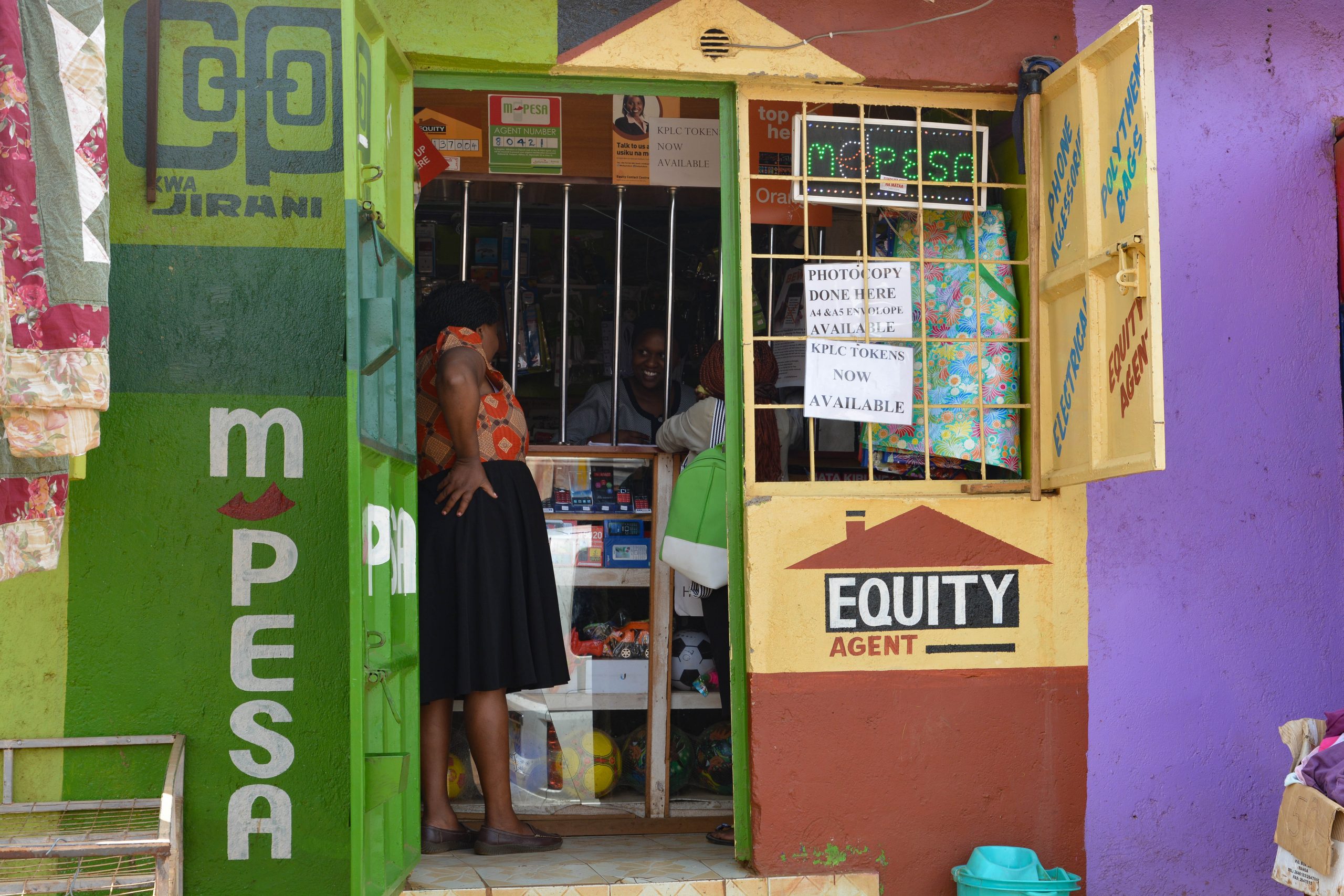
Nearly two billion people remain unbanked, leaving them unable to send or receive money, earn interest or get a loan. Recognizing an opportunity to address this challenge, Kenya’s leading mobile network operator, Safaricom, launched M-PESA in 2007. Billed as the world’s first mobile money service, it affords users the opportunity to transact, save money and get credit using their mobile phone. Since its launch, it has grown to over 40 million users and was a major driver in the two-fold increase in financial inclusion across the country. By unlocking the benefits of financial services to those users, M-PESA was found to have lifted 194,000 households, or 2 per cent of Kenyan households, out of poverty as of 2016 with larger benefits accruing toward female-headed households. Many people, however, remain unreached by M-PESA (and mobile money more broadly). This research examined who those people are and what traits they share in common, and aims to inform policy-makers on how to ensure they do not continue falling behind.
-
Mexico Women’s Economic Empowerment in Jalisco
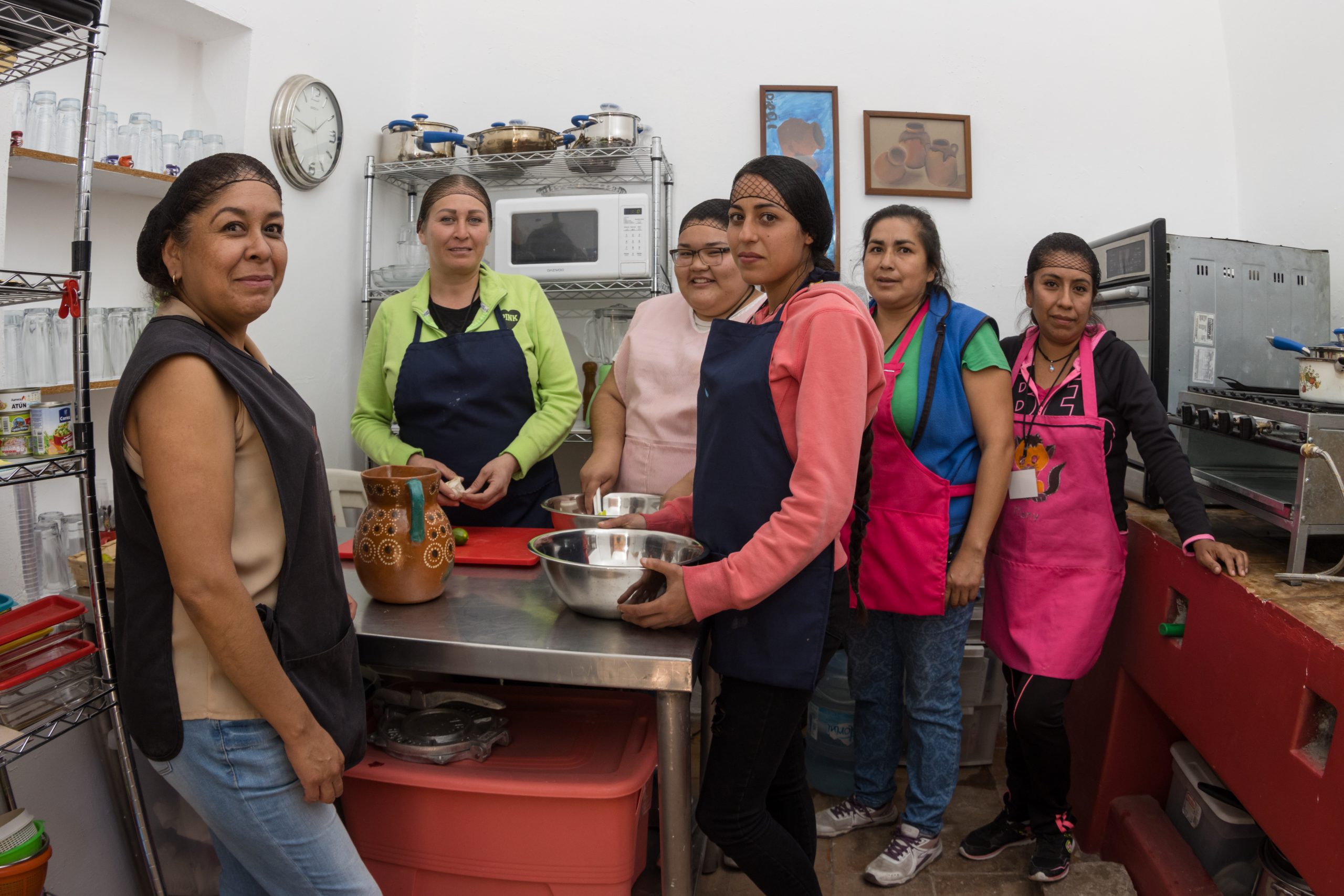
Co-Meta, an initiative based in Jalisco, mobilizes a network of local economic and social actors who support women’s economic empowerment. The network connects business leaders from across Jalisco, who act as mentors and instructors. This research project aimed to support Co-Meta as it scales up from 130 to 1,500 participants.
-
Mexico Jalisco, Mexico: Addressing Food Insecurity
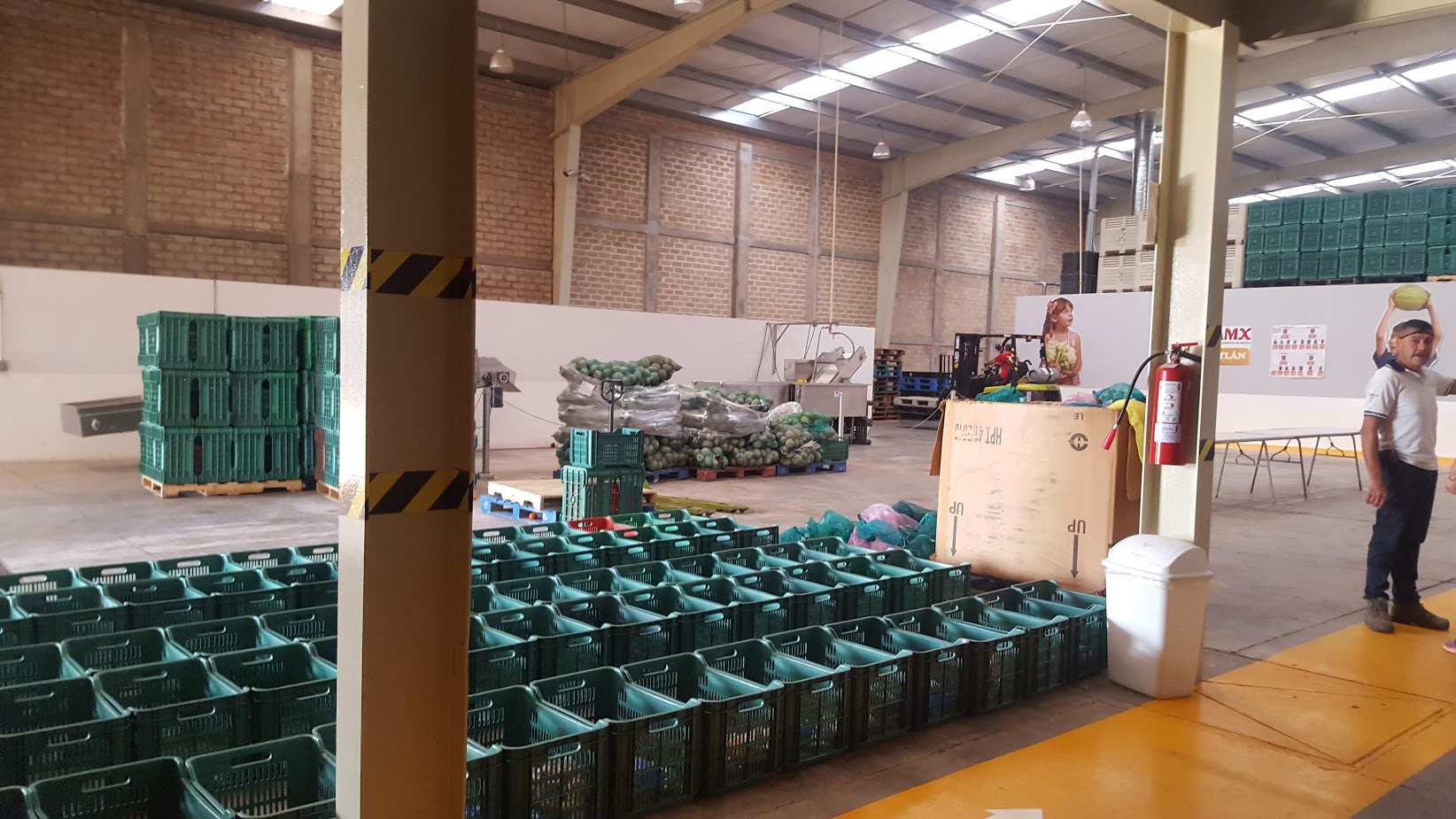
Over 15,000 families in Jalisco, Mexico, experience food insecurity. The Guadalajara Food Bank provides these people, spread across 252 communities, with food aid. The Food Bank is currently focused on three aspects of their operations: sustainable procurement of high quality and healthy food items, waste reduction and reaching all families experiencing food insecurity.
-
Mexico Guadalajara, Mexico: Digital Upskilling in a Conflict Zone
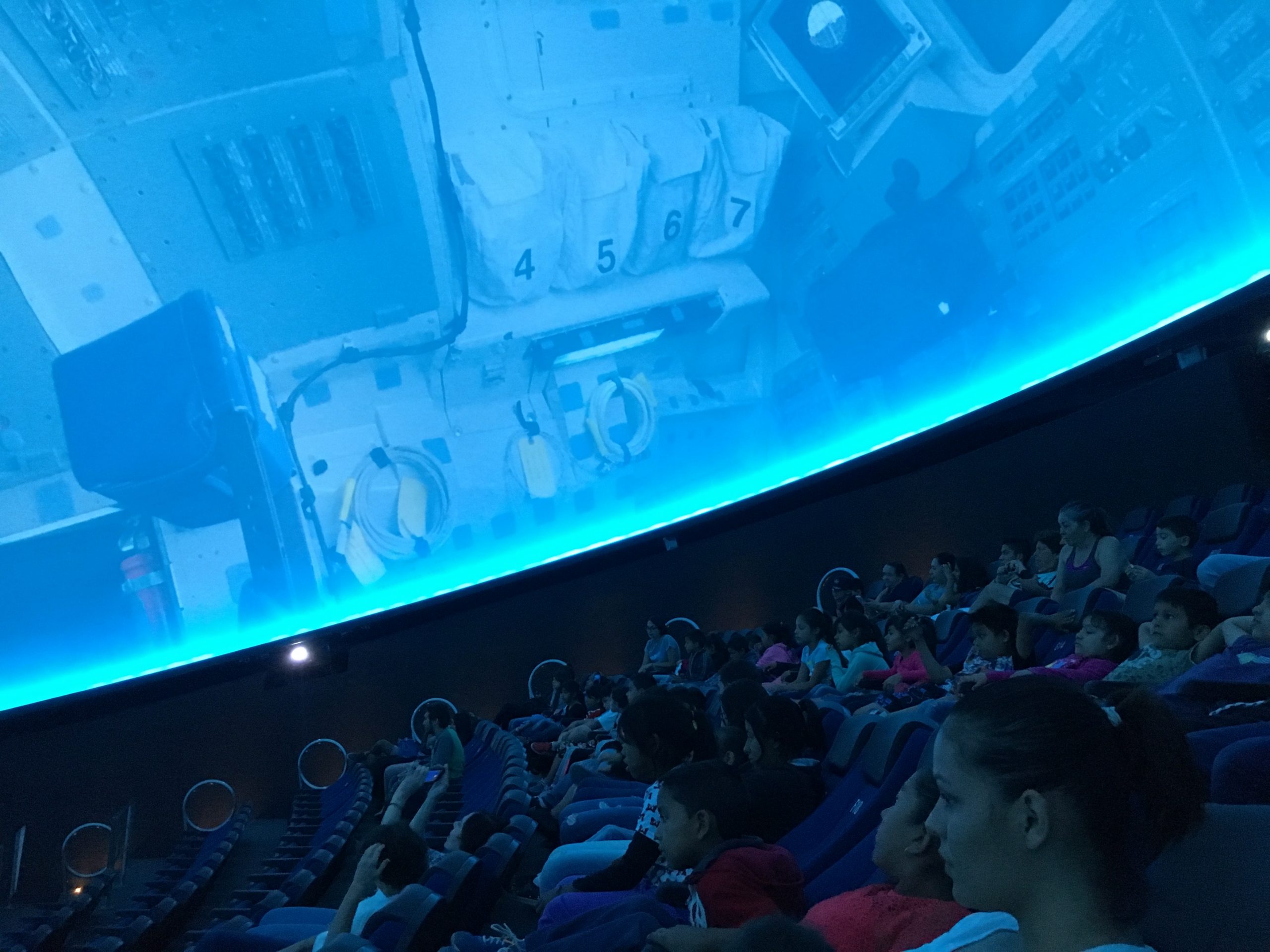
Cerro del Cuatro in Guadalajara, Mexico, is a community experiencing significant amounts of gang violence. As a result, the youth social fabric and economic opportunities are considered weak. ITESO Universidad Jesuita de Guadalajara, collaborating with a local church, Parroquia Nueva Santa Maria, established a digital fabrication laboratory (FabLab) to provide digital upskilling opportunities to younger members of the community as an alternative to gang-activity.
-
Mongolia Mongolia’s Renewable Energy for Rural Access Project: Providing Electricity to Nomadic Herders
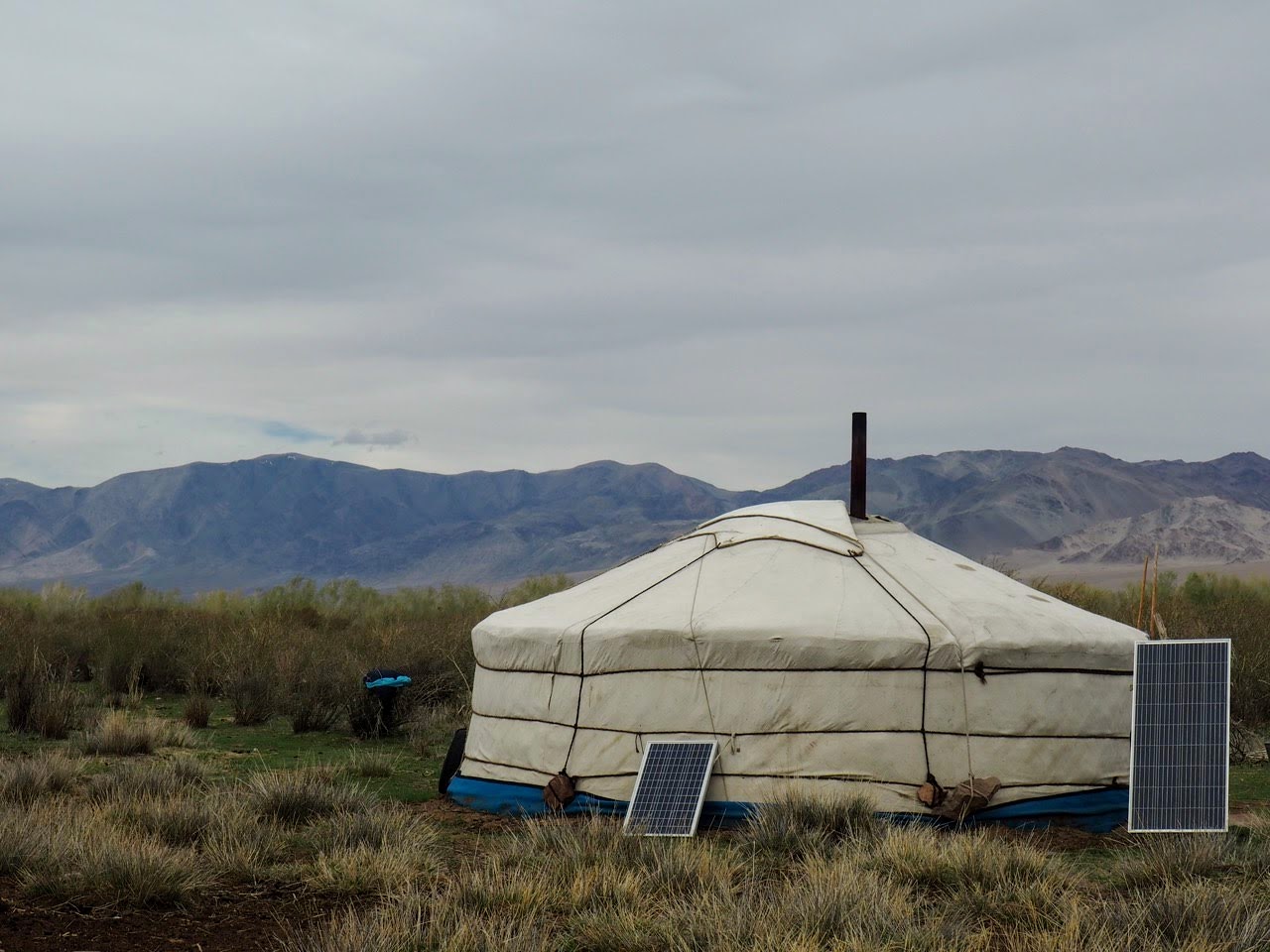
Providing reliable, sustainable electricity to Mongolia’s 140,000 nomadic households. The World Bank’s Renewable Energy for Rural Access Program (REAP) helped the Mongolian government distribute over 100,000 solar home systems to rural nomadic families. At the project’s close, REAP improved the design and delivery of portable solar panels and provided 70 per cent of nomadic herders with electricity for their yurts.
-
India Providing Urban Amenities to Rural Areas: Addressing Rural Poverty in India
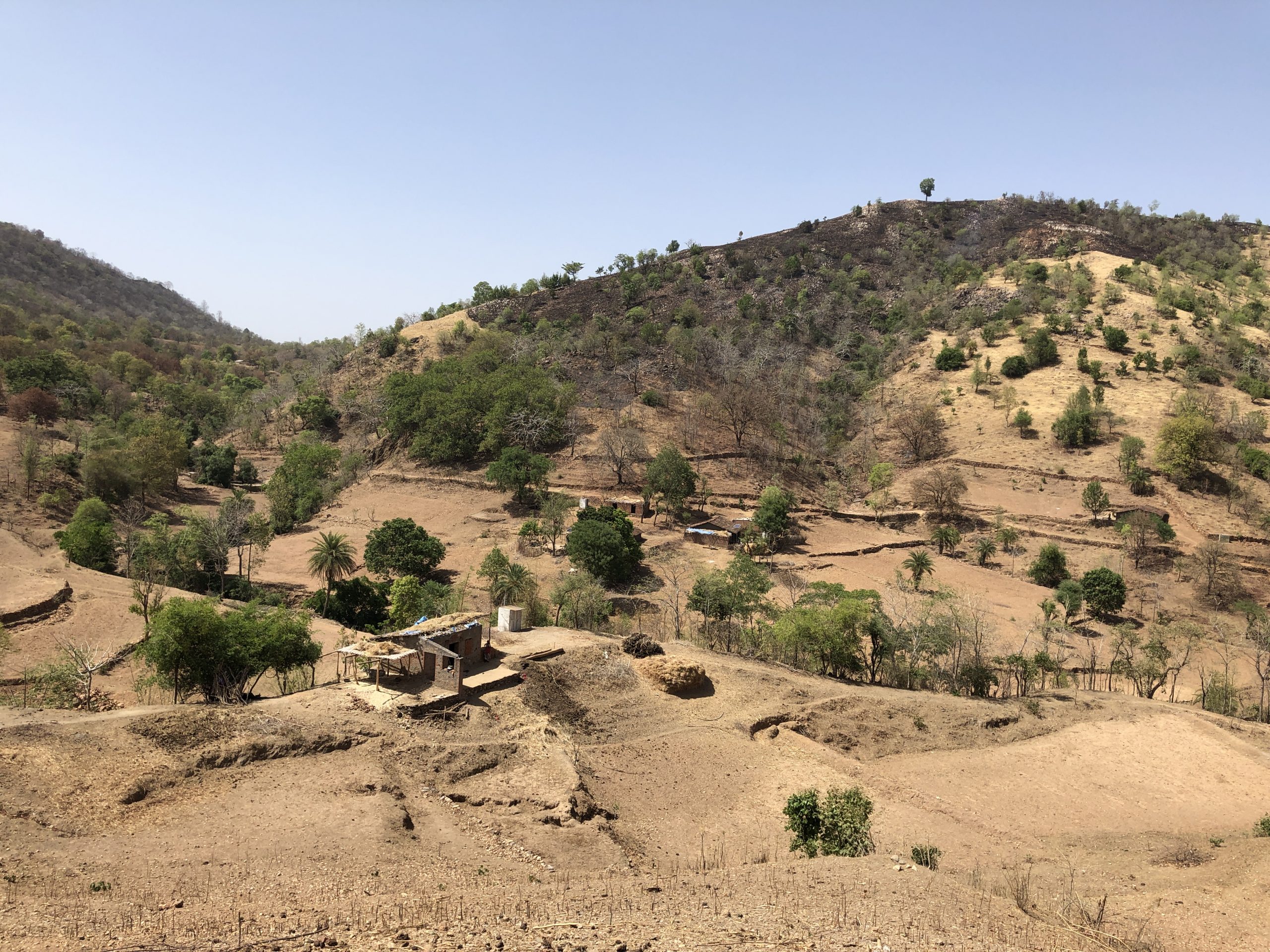
Over two-thirds of India’s population lives in rural areas, and rural poverty remains a significant policy concern. Many people migrate from India’s rural to urban areas in search of better economic opportunities. Providing Urban Amenities to Rural Areas (PURA), was a rural development public-private-partnership program, which took a holistic approach to provide more services and opportunities to India’s hardest to reach areas.
-
Canada The Implications of Self-Directed Home Care in Ontario: A Case Study on Gotcare Services

Under the leadership of the Malaria-Control Program and the Anti-Malaria Campaign (AMC), various stakeholders coordinated their efforts to eliminate malaria. Widespread antimalarial strategies ensured the number of malaria cases in the country decreased by the 2000s to a level that allowed targeted interventions to proceed.
-
Tanzania Reaching the Last Mile: Tanzania’s Medical Supply Chain
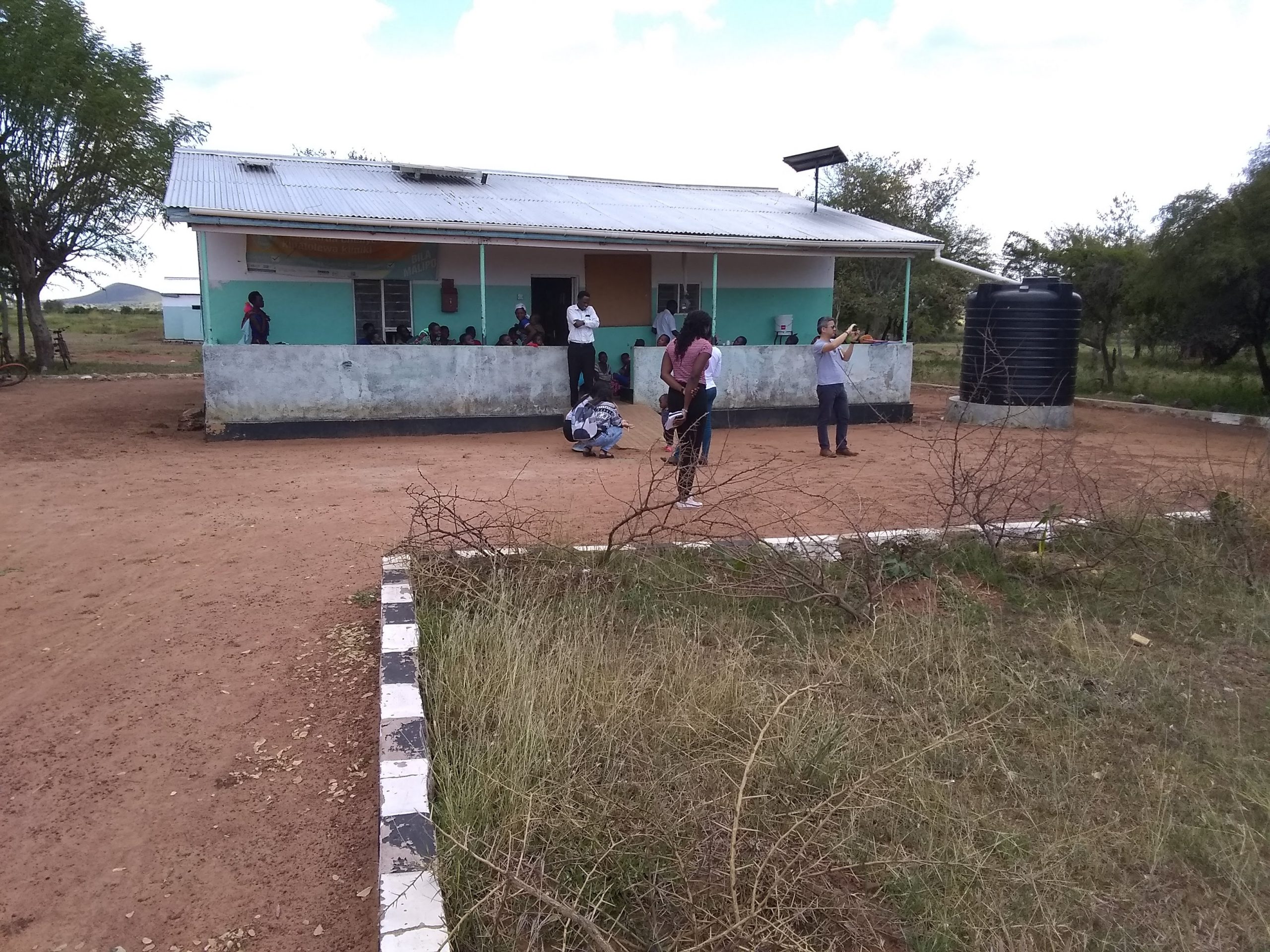
Tanzania has gradually and purposefully improved its system for distributing medical commodities. The use of GPS technologies and geo-mapping software to optimize delivery routes has made logistics and information management platforms more precise and efficient. Today, the Medical Stores Department is responsible for delivering all medical commodities directly to over 7,500 public and faith-based health facilities across the country.
-
India Polio Eradication in India
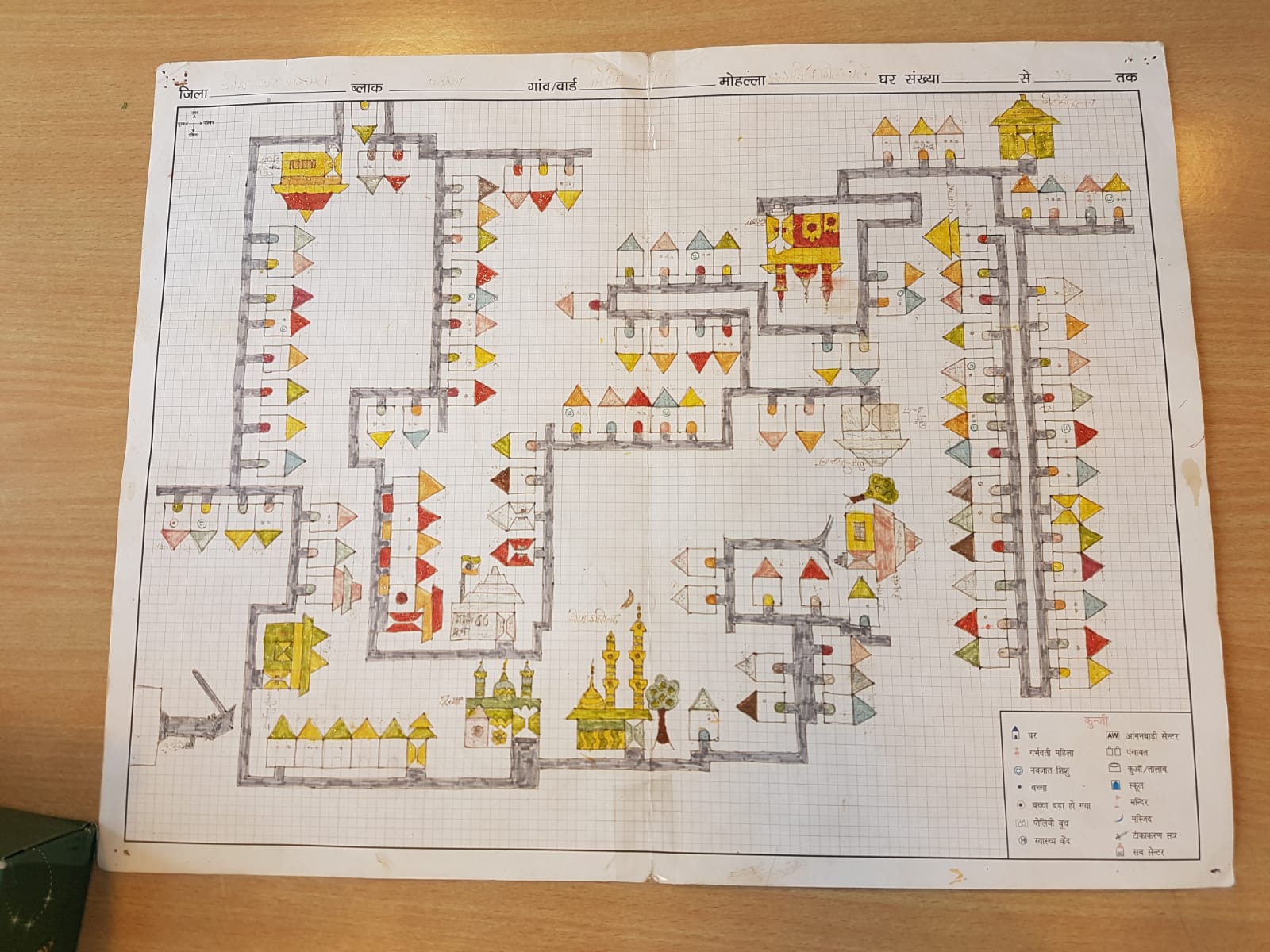
In 1988, India had an estimated 200,000 polio cases per year and was one of the last countries to track and report cases of polio. Since then, the country consistently improved its polio vaccination and preventative healthcare programs. The polio program’s success can be attributed to motivated central leadership combined with comprehensive local commitment. By 2014, the WHO declared India to be polio-free.
-
Tunisia Neighbourhood Upgrading in Tunisia: Connecting Informal Housing with Basic Services
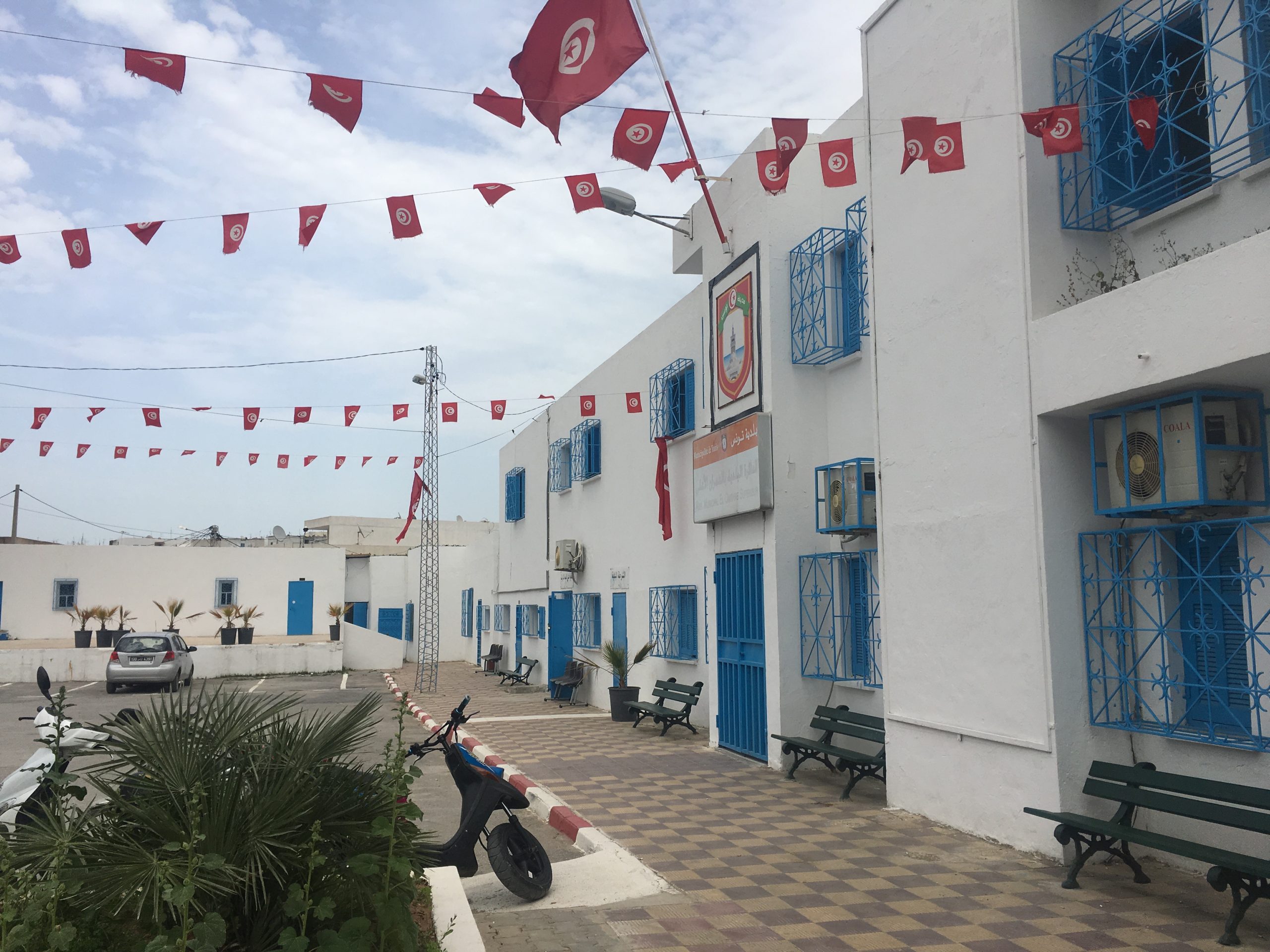
As a result of illegal subdivision of land by landowners, people in Tunisia continue to self-construct homes on plots of land that are not designated for residential buildings. In response to these informal neighborhoods, Tunisia looked to upgrade the neighborhoods by adding access to basic services like water and sanitation.
-
Sri Lanka Eliminating Malaria in Sri Lanka
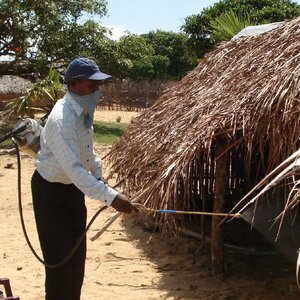
Under the leadership of the Malaria-Control Program and the Anti-Malaria Campaign (AMC), various stakeholders coordinated their efforts to eliminate malaria. Widespread antimalarial strategies ensured the number of malaria cases in the country decreased by the 2000s to a level that allowed targeted interventions to proceed.
-
Ethiopia Ethiopia’s Productive Safety Net Programme: Addressing Food Insecurity with Food and Cash Transfers
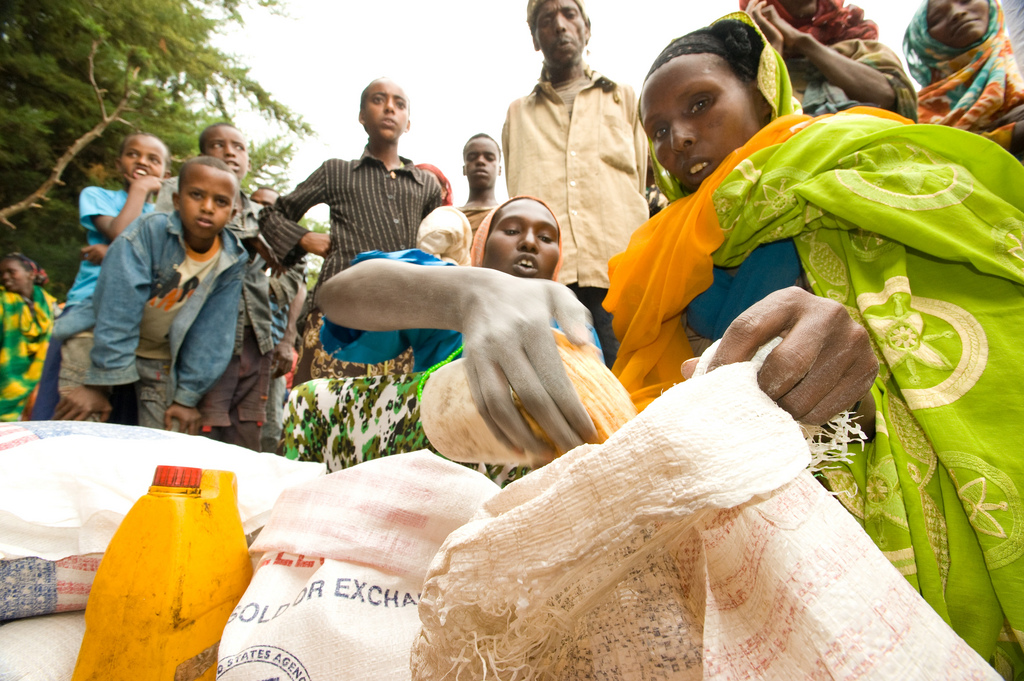
Prior to 2005, approaches to food insecurity in Ethiopia did not address the root causes of hunger. With the support of international donors, the Productive Safety Net Program was introduced to tackle climate resilience, community capacity building and rural market penetration through food and cash transfers. As of April 2020, the Productive Safety Net Program supports over 8 million of the most food-insecure people across Ethiopia.
-
Thailand Eliminating Mother-To-Child Transmission of HIV
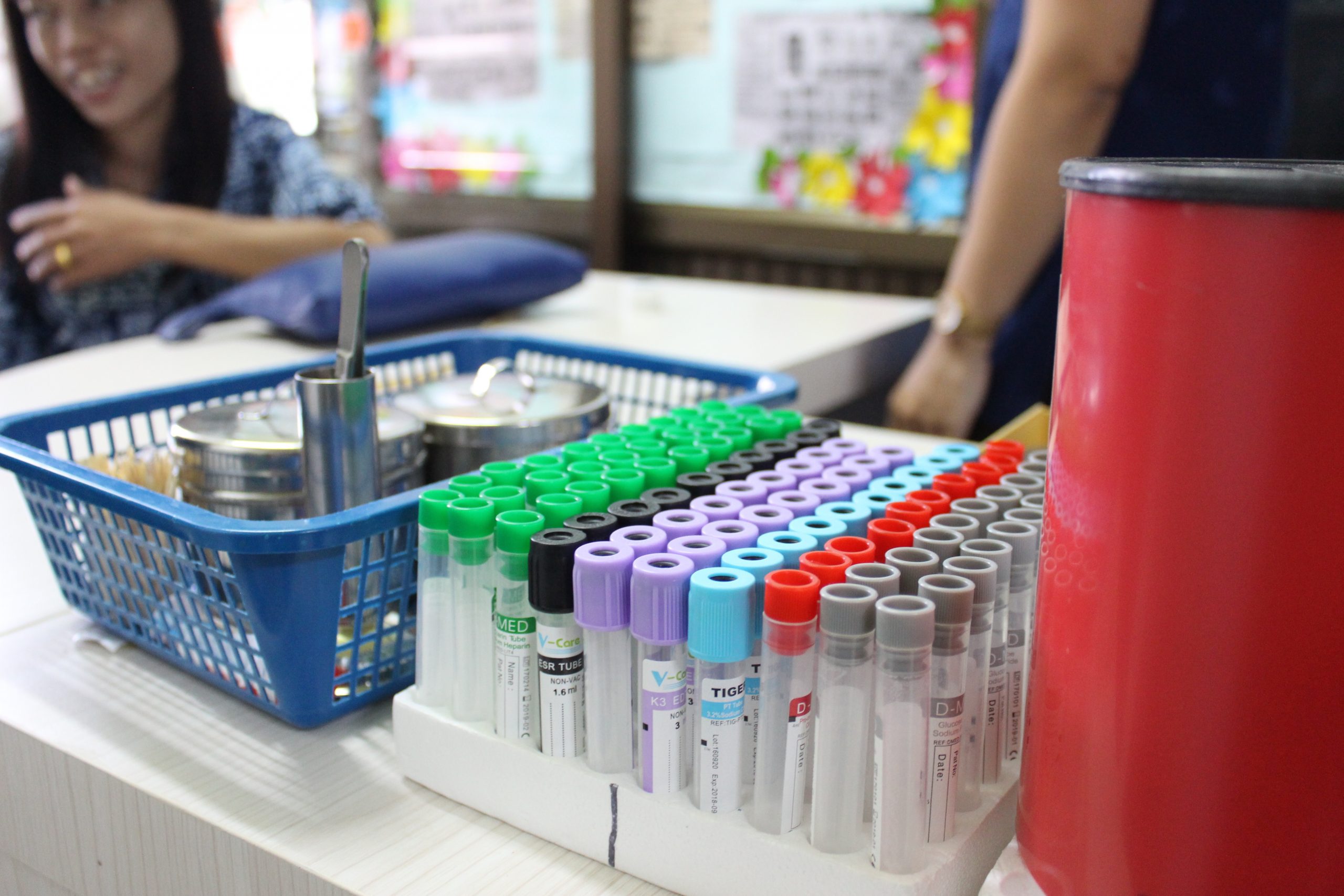
The mother-to-child transmission (MTCT) rate of HIV in Thailand, at its worst, was over 20 per cent. Between 2000–2015, the MTCT rate decreased by over 90 per cent through improved antenatal care, antiretroviral therapy, service delivery and, monitoring and surveillance. Civil society organizations played a critical role in advocating for health services to reach everyone, everywhere.
-
Rwanda Expanded Program on Immunization: Near-universal Childhood Vaccination Rates
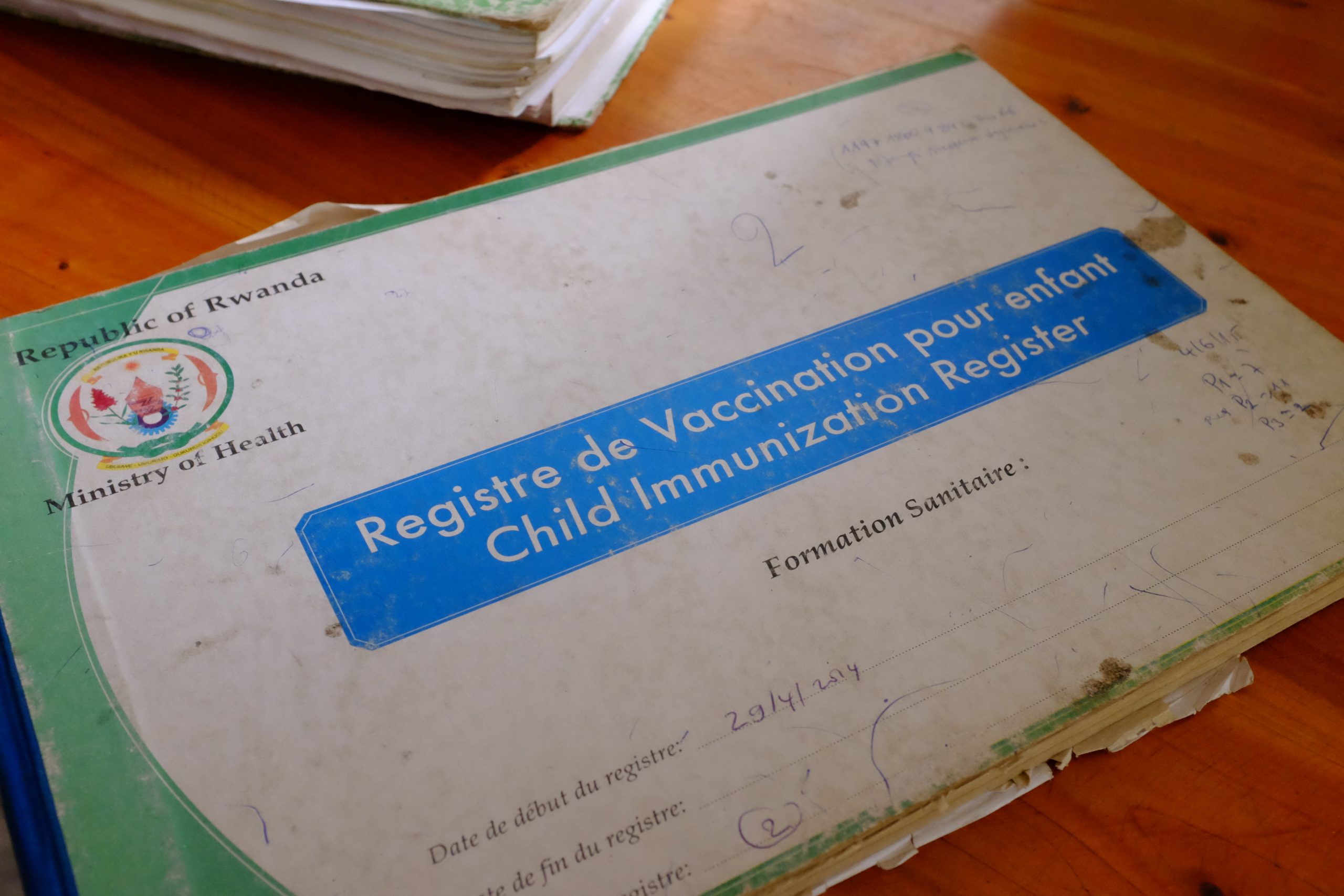
Geography, a large rural population and extreme poverty, compounded with the 1994 genocide, all contributed to the challenges facing widespread childhood vaccinations. Rwanda scaled up its immunization program and other health and development programs to meet the Millennium Development Goals. Despite its geographic and historic barriers to improving child mortality outcomes, its immunization program clearly demonstrates effective reach.
-
Jordan UNHCR Jordan’s Biometric Cash Assistance Program for Syrian Refugees
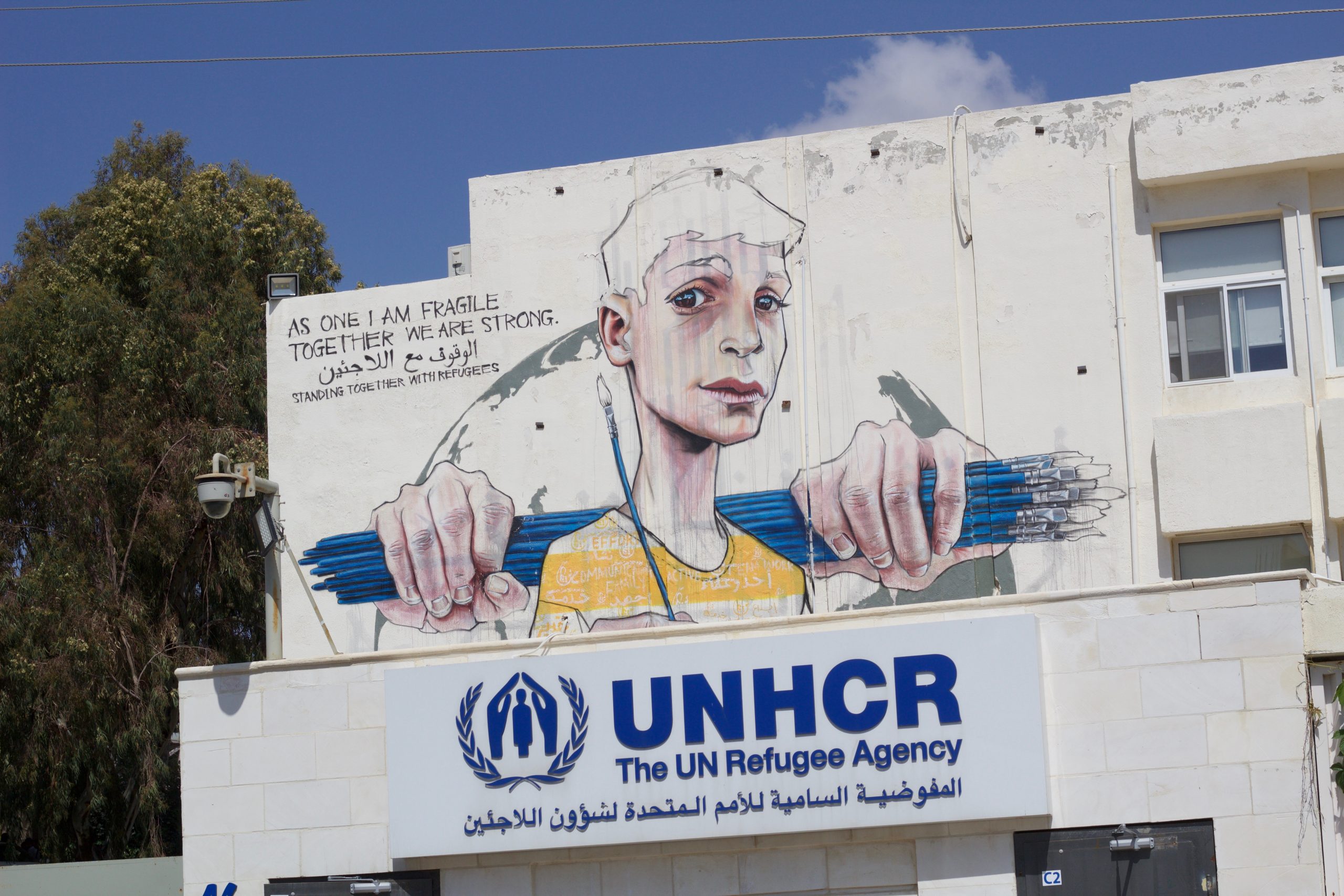
In partnership with a local bank, and with support from a range of stakeholders, the United Nations Refugee Agency (UNHCR) developed the world’s first iris-scanning cash-assistance program for refugees in Jordan. Via an established network of iris-scanning enabled ATMs, the program provides monthly income support to the most vulnerable refugee families living in urban areas to help them meet their basic needs such as rent, food, utilities and health. Approximately 33,000 families have received support since 2012 with thousands more on the waitlist.
-
India Aadhaar Identification Program: Providing Proof of Identity to a Billion
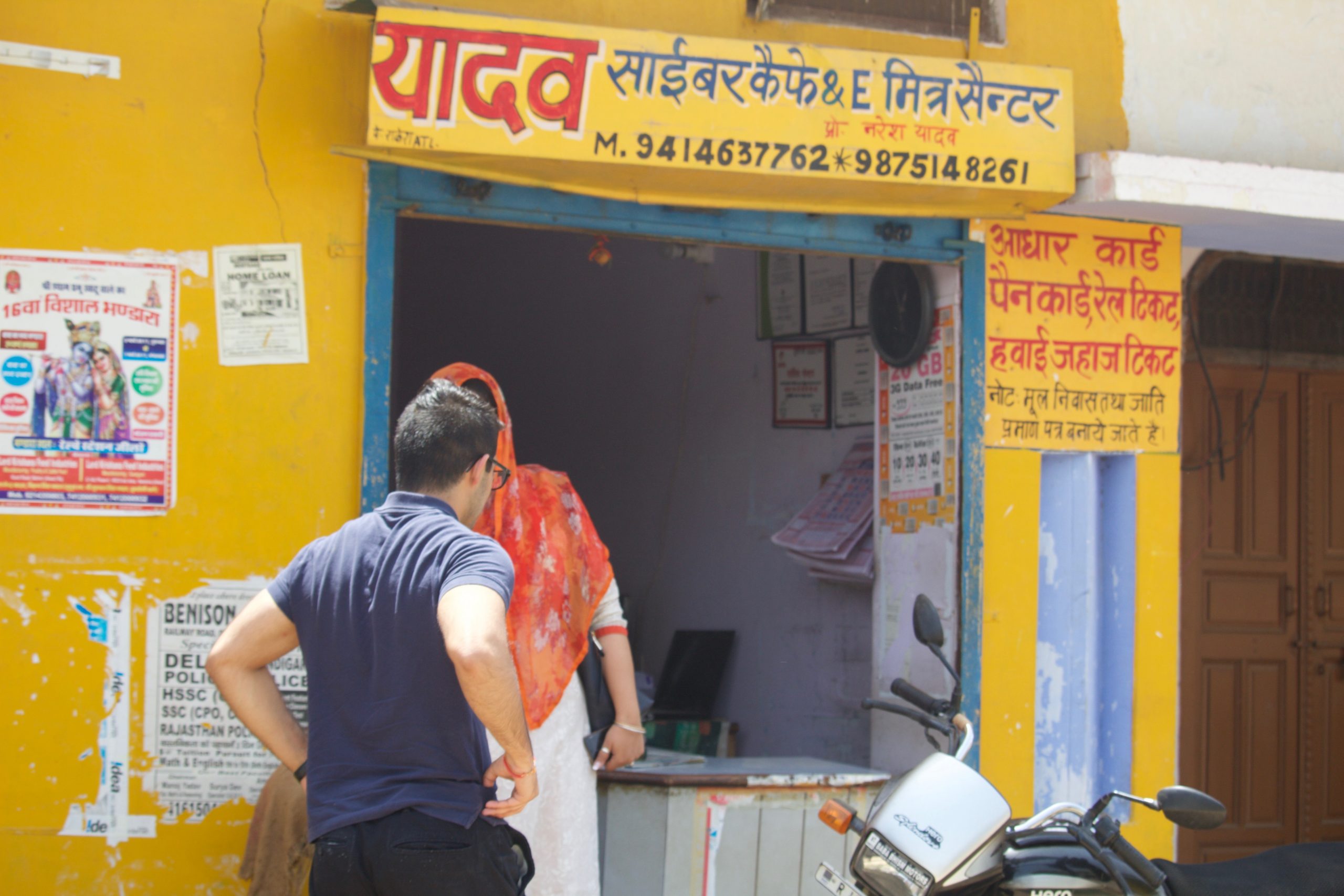
India sought to provide a unique, non-duplicable and fraud-resistant proof of identity to every resident (population 1.3 billion). Starting in 2009, India centralized digital identification through the Aadhaar program. The federal government navigated reaching all of India’s diverse populations through partnerships and contracts with other government agencies and private businesses.
-
South Africa Reaching the Hard to Reach: A Case Study of Birth Registration in South Africa
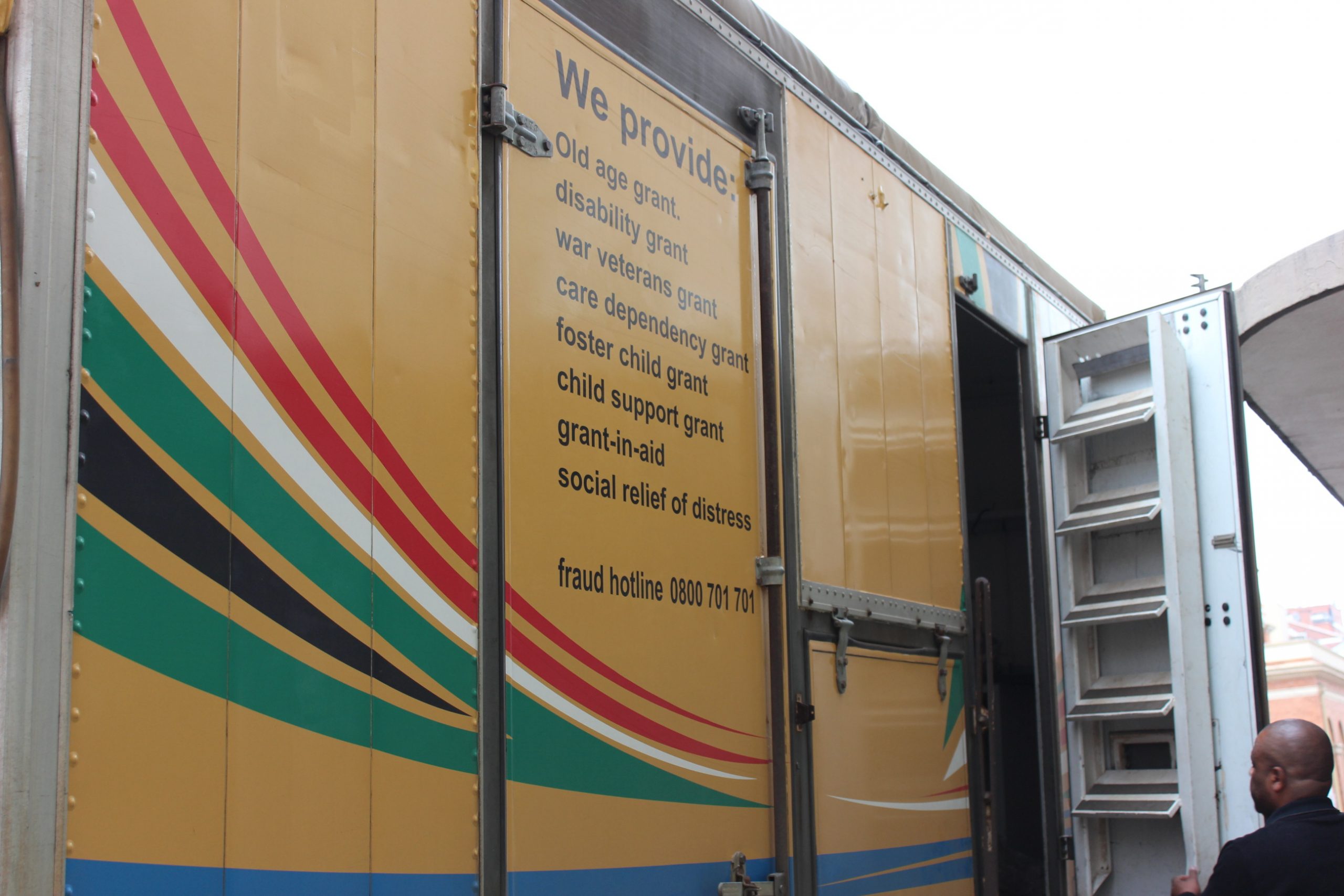
Since 2007, the Integrated Community Registration Outreach Programme organizes mobile provision of social services to South Africans living in less accessible areas. Internet-connected mobile units provide integrated services such as birth registration, distribution of birth certificates and distribution of grants for hard to reach populations.
-
Brazil Reaching the Hard to Reach: A Case Study of Brazil’s Bolsa Família Program
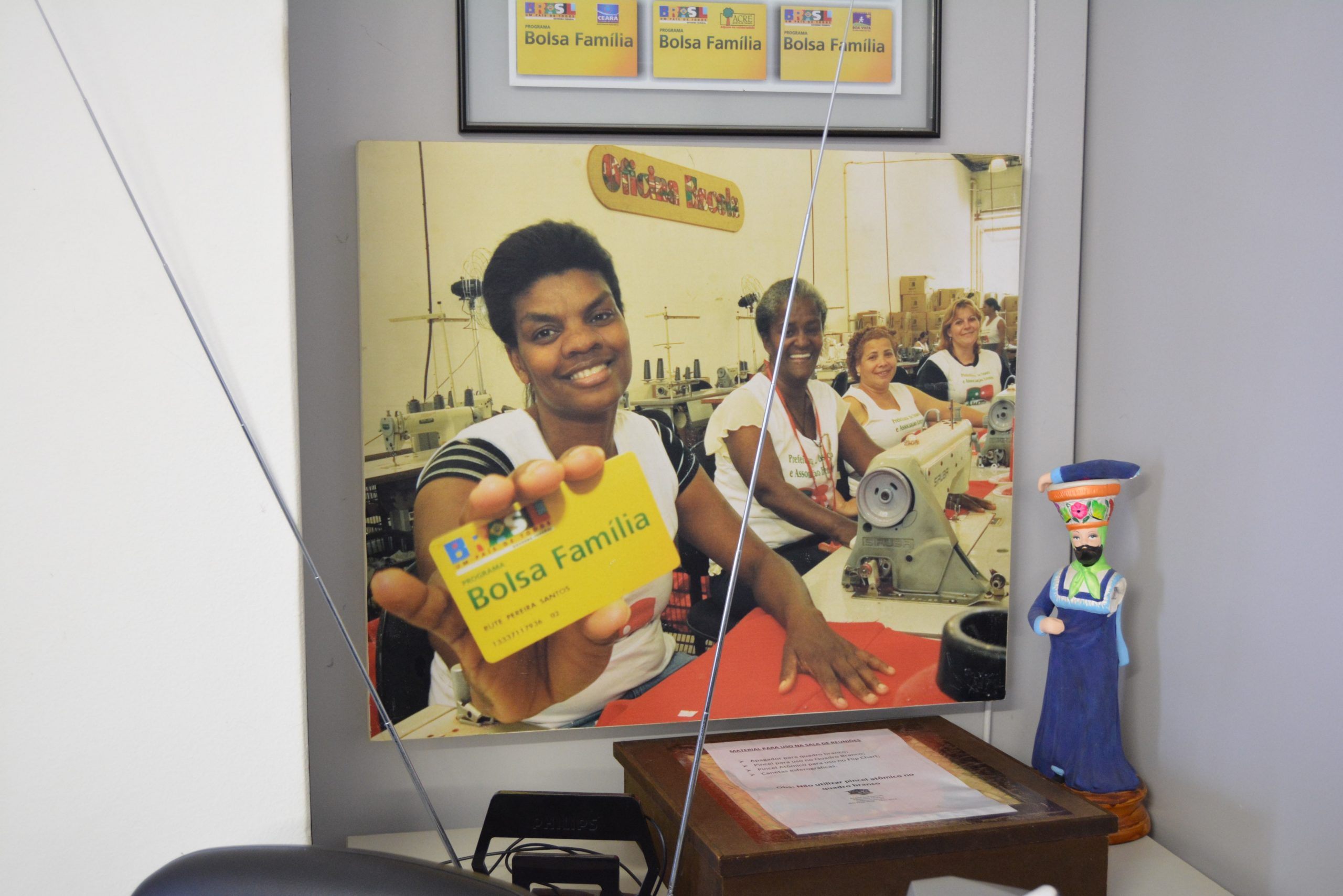
As the largest conditional cash transfer program in the world, the Bolsa Família Program, launched in 2003, currently provides income assistance to more than 14.28 million families through direct government-to-person electronic money transfers via the Caixa Econômica Federal. The program is impressive in its capacity to effectively reach families in the lowest income quintile through its active search (busca ativa) strategy.
Latest At Reach
Global Network, Diverse Talent
With an annual cohort of up to 200 diverse, multi-sector leaders, we’re developing a global network that goes beyond the program
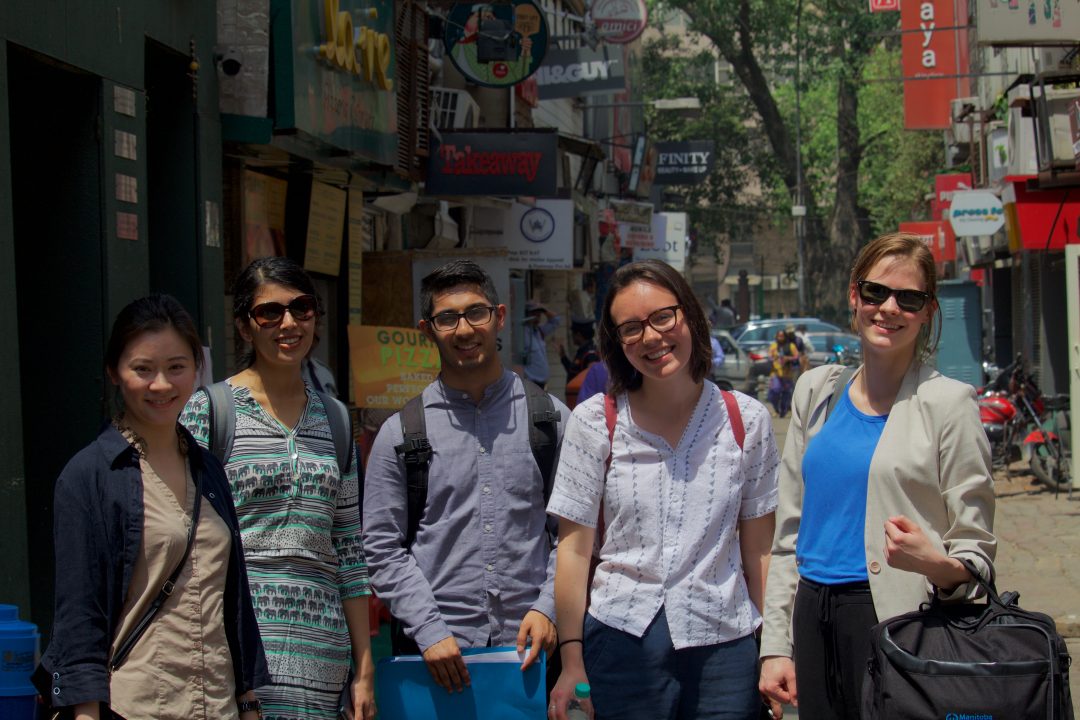
Become a researcher
Find out how you can apply to be a Reach Alliance researcher.
Newsletter signup
Join our mailing list to receive the latest Reach Alliance research, news, and events.
